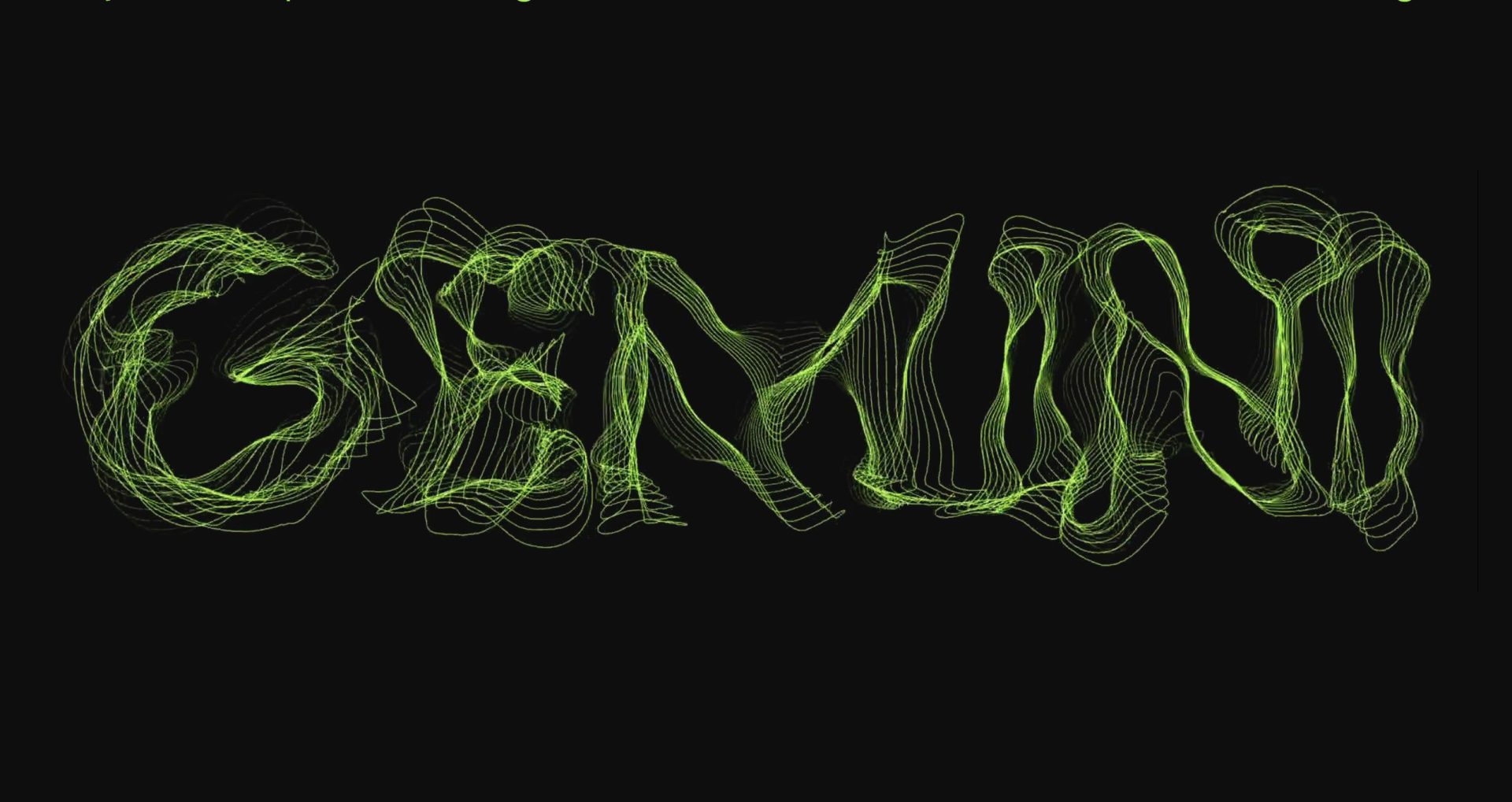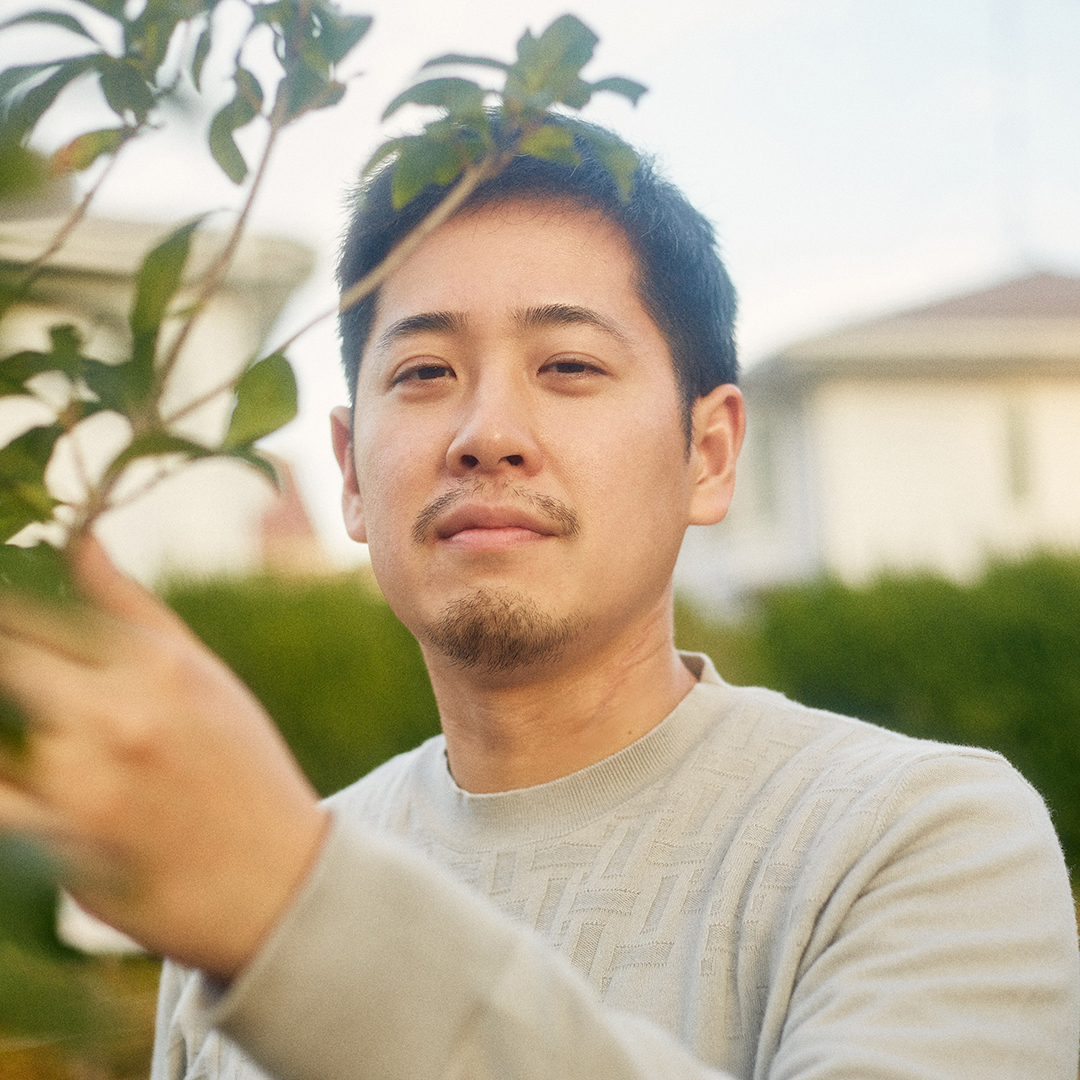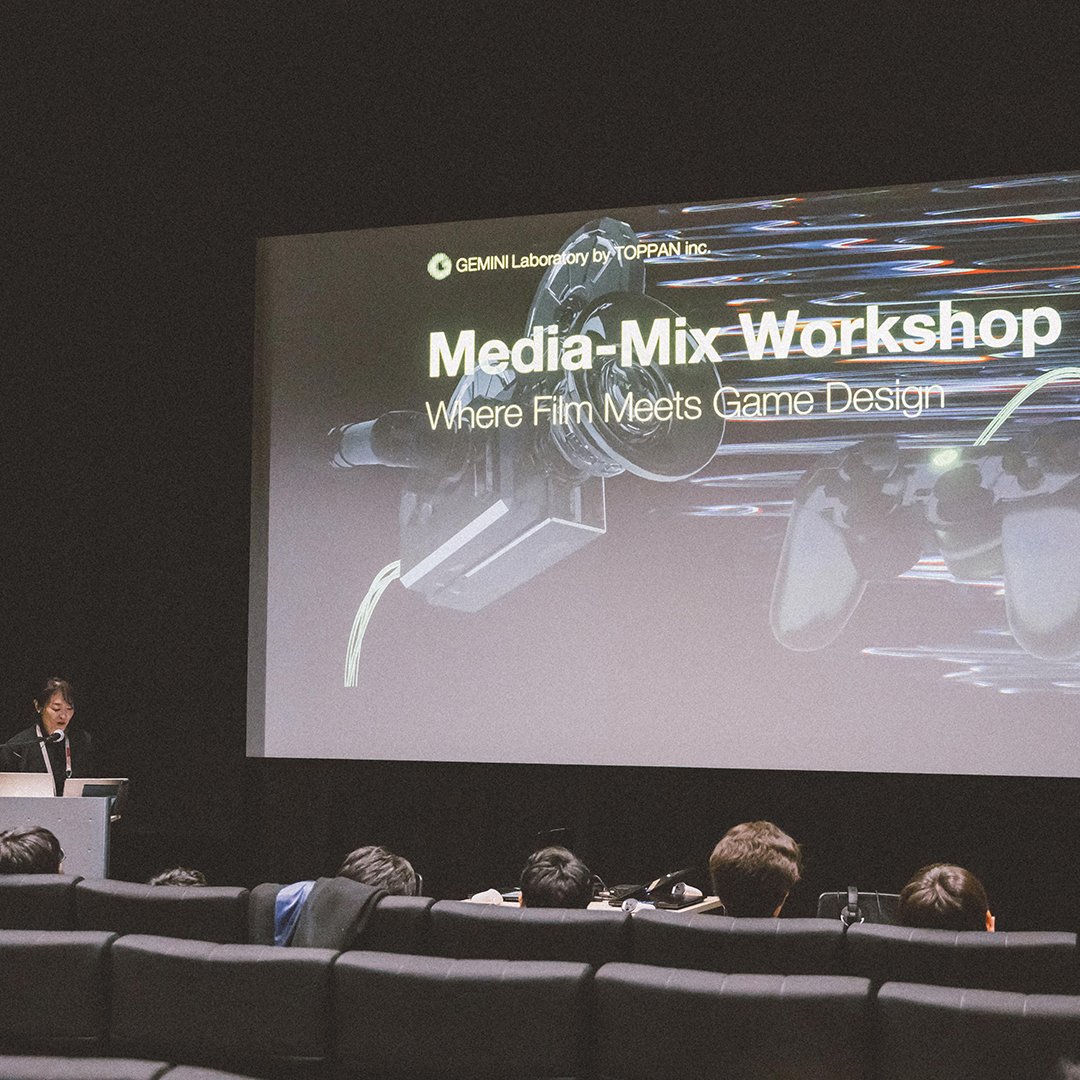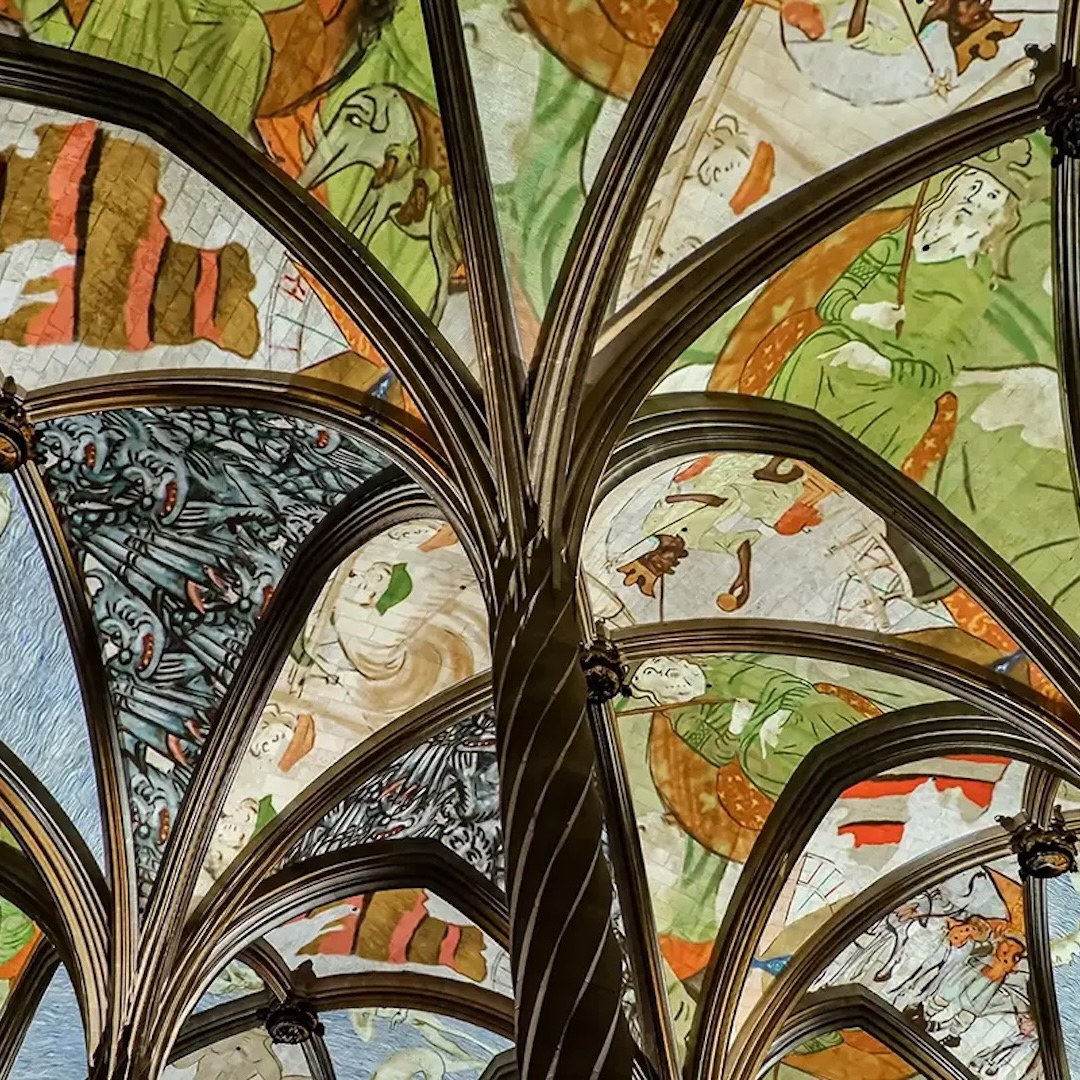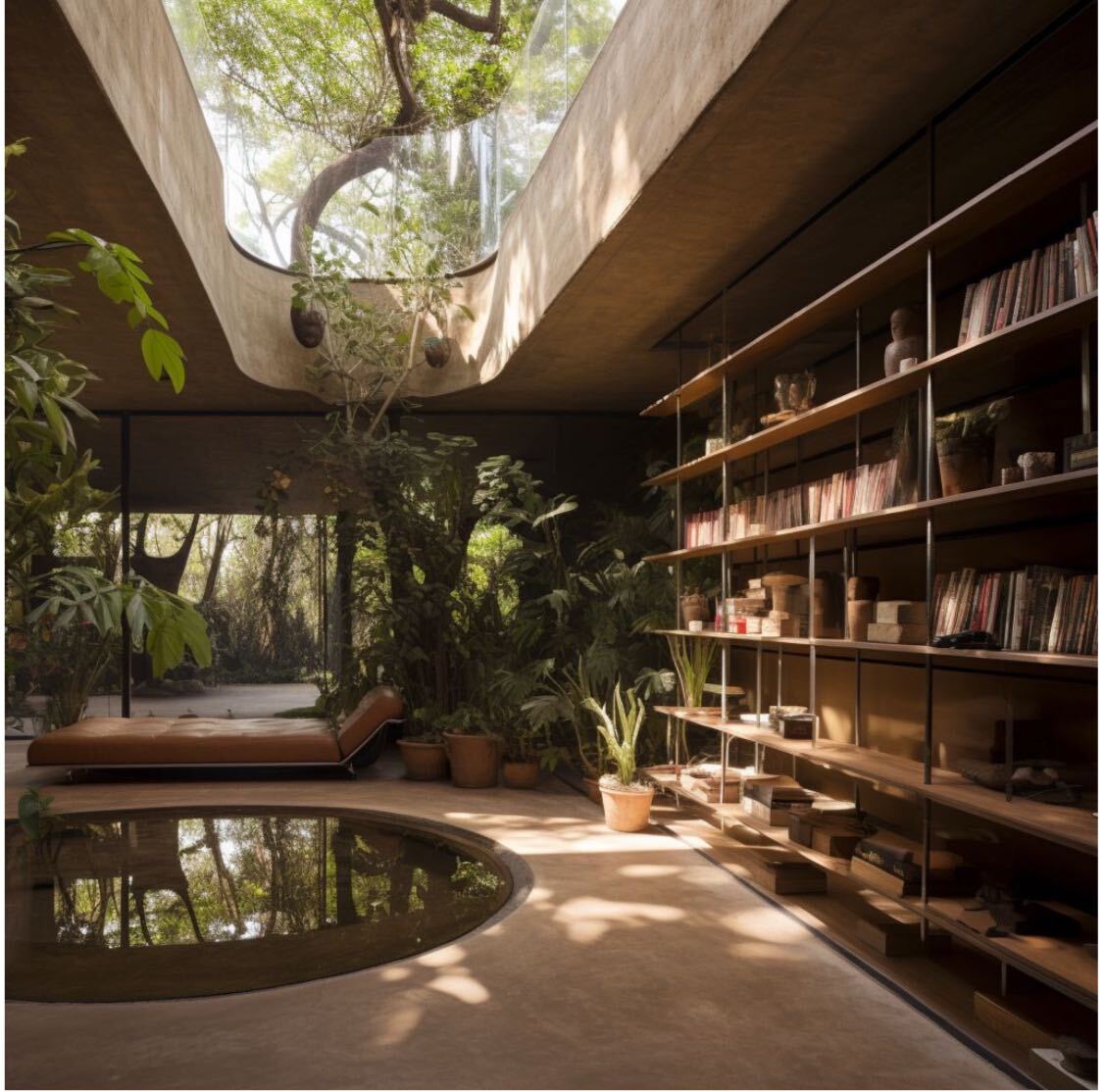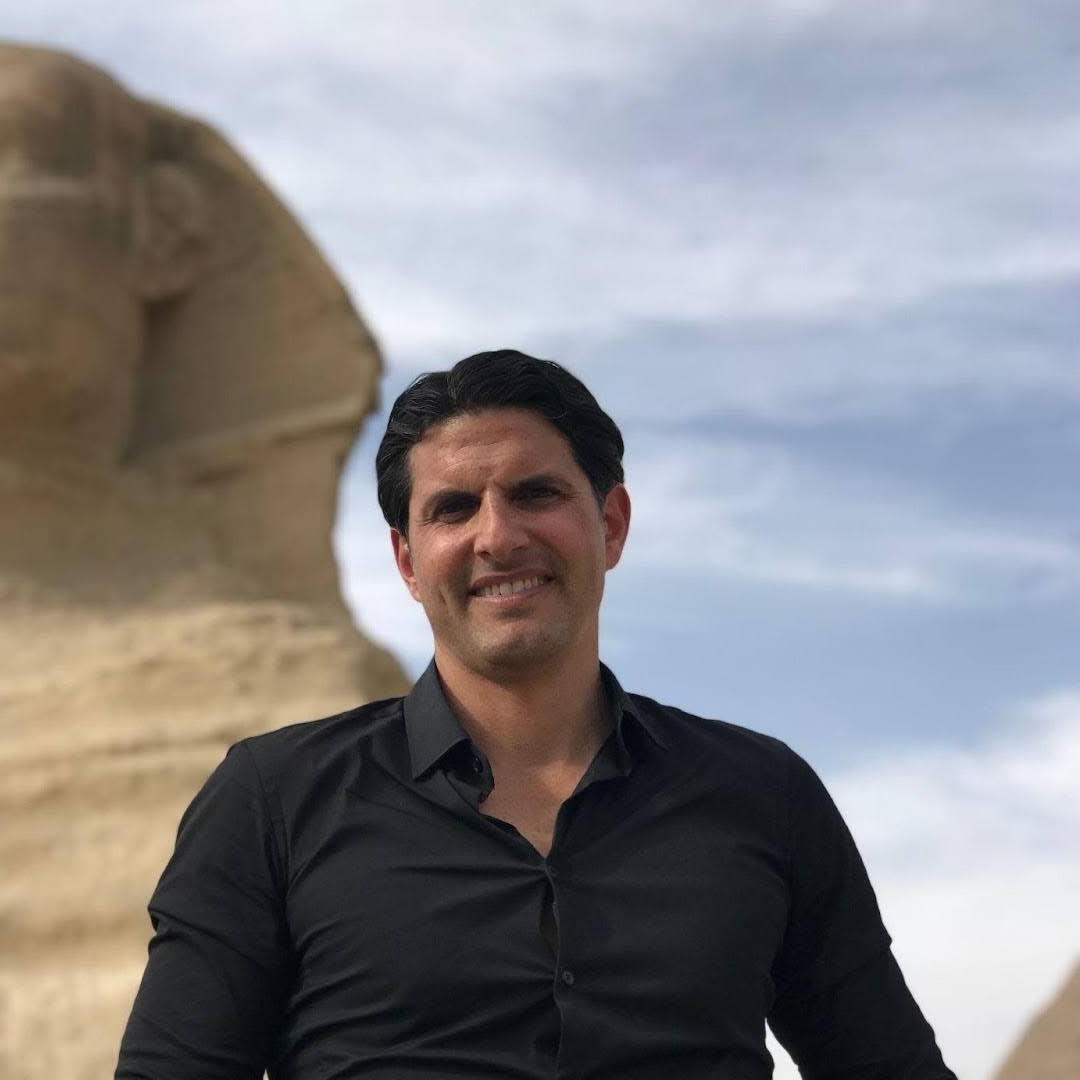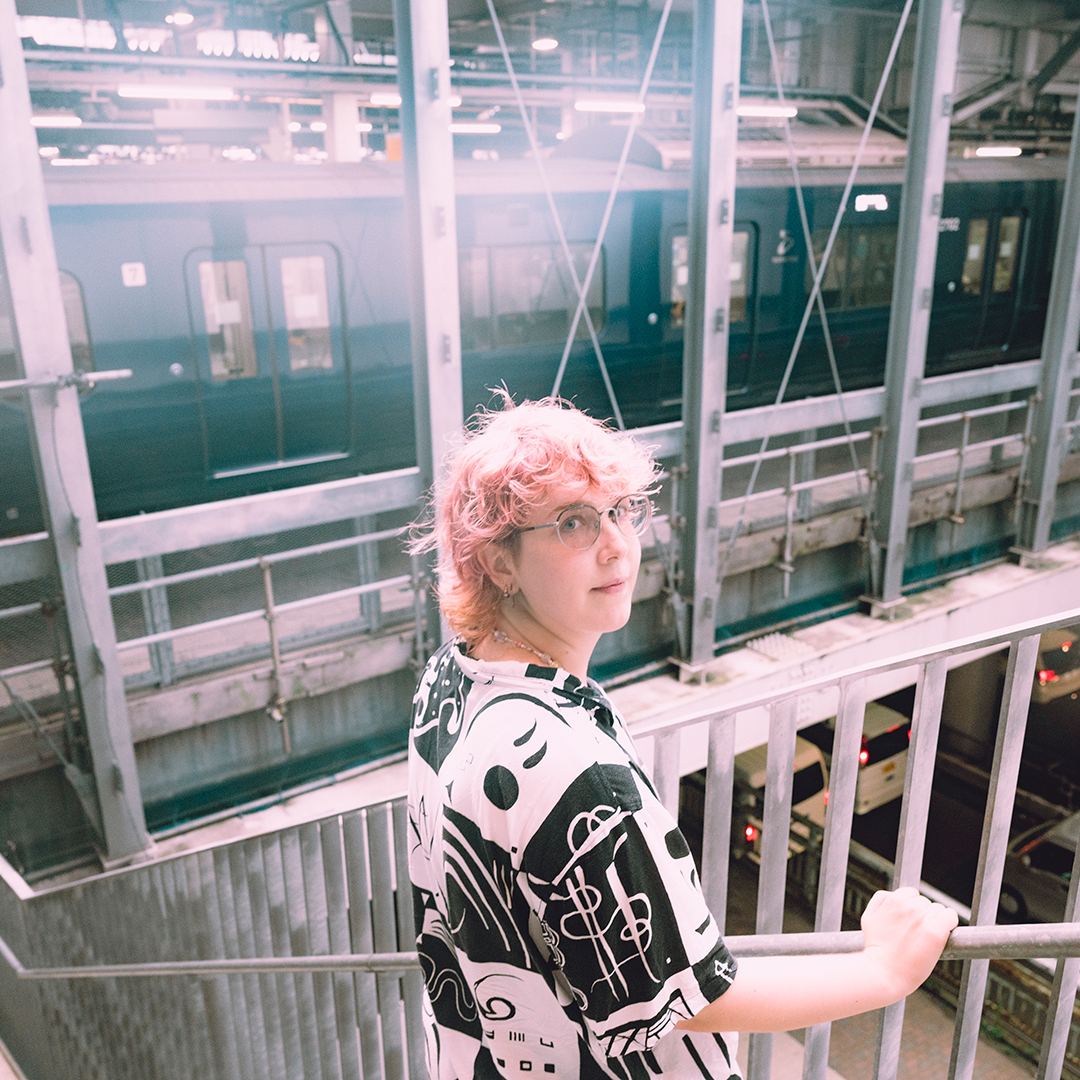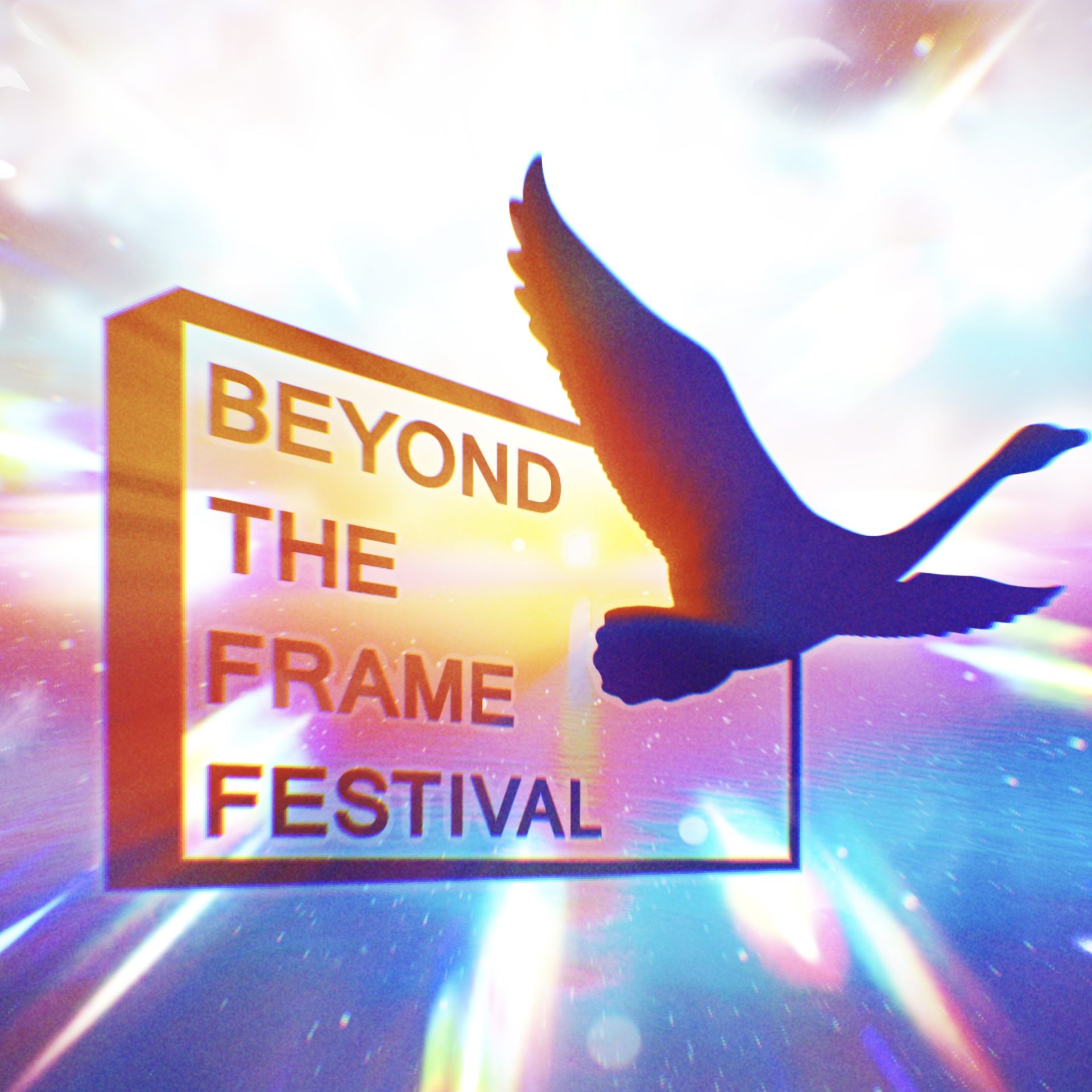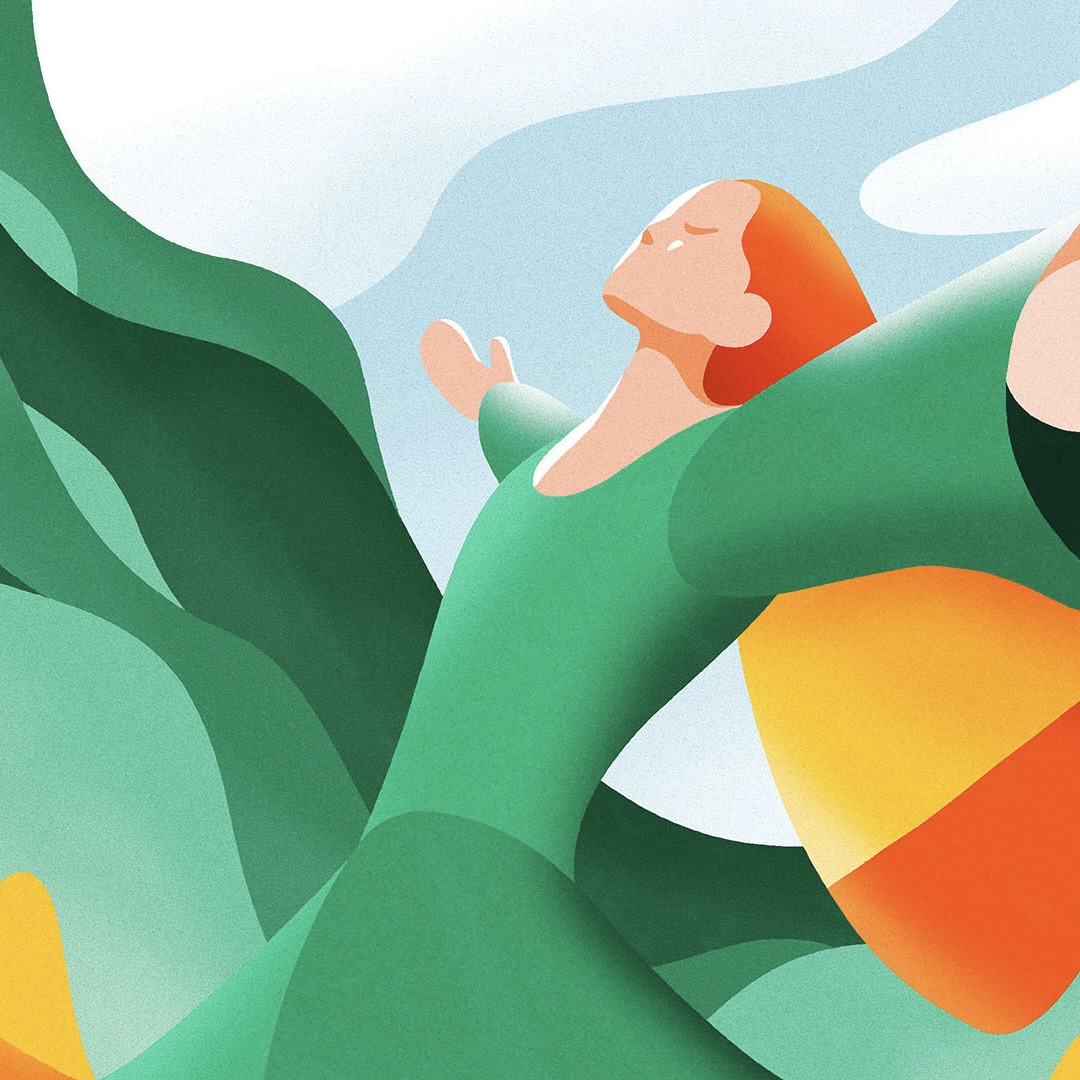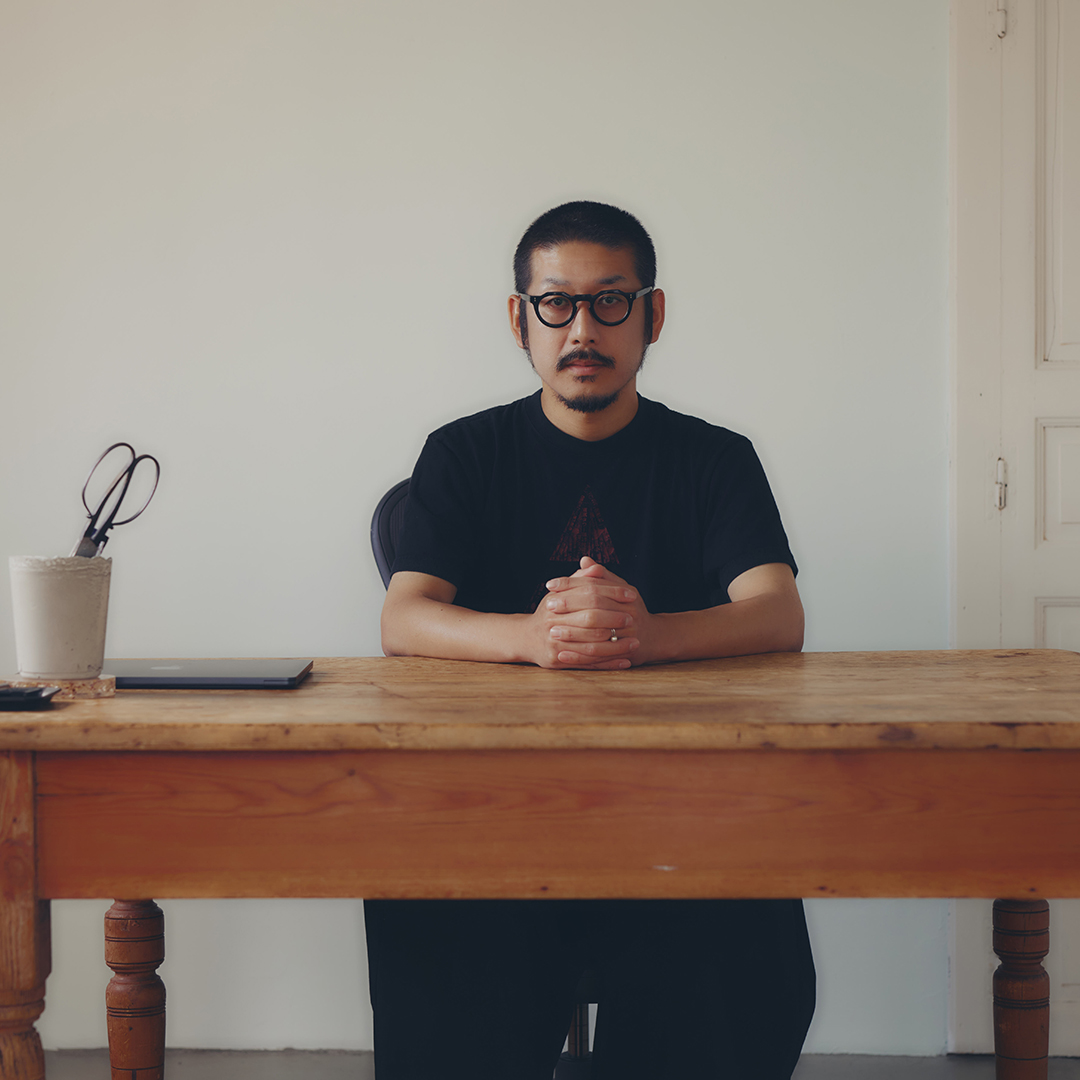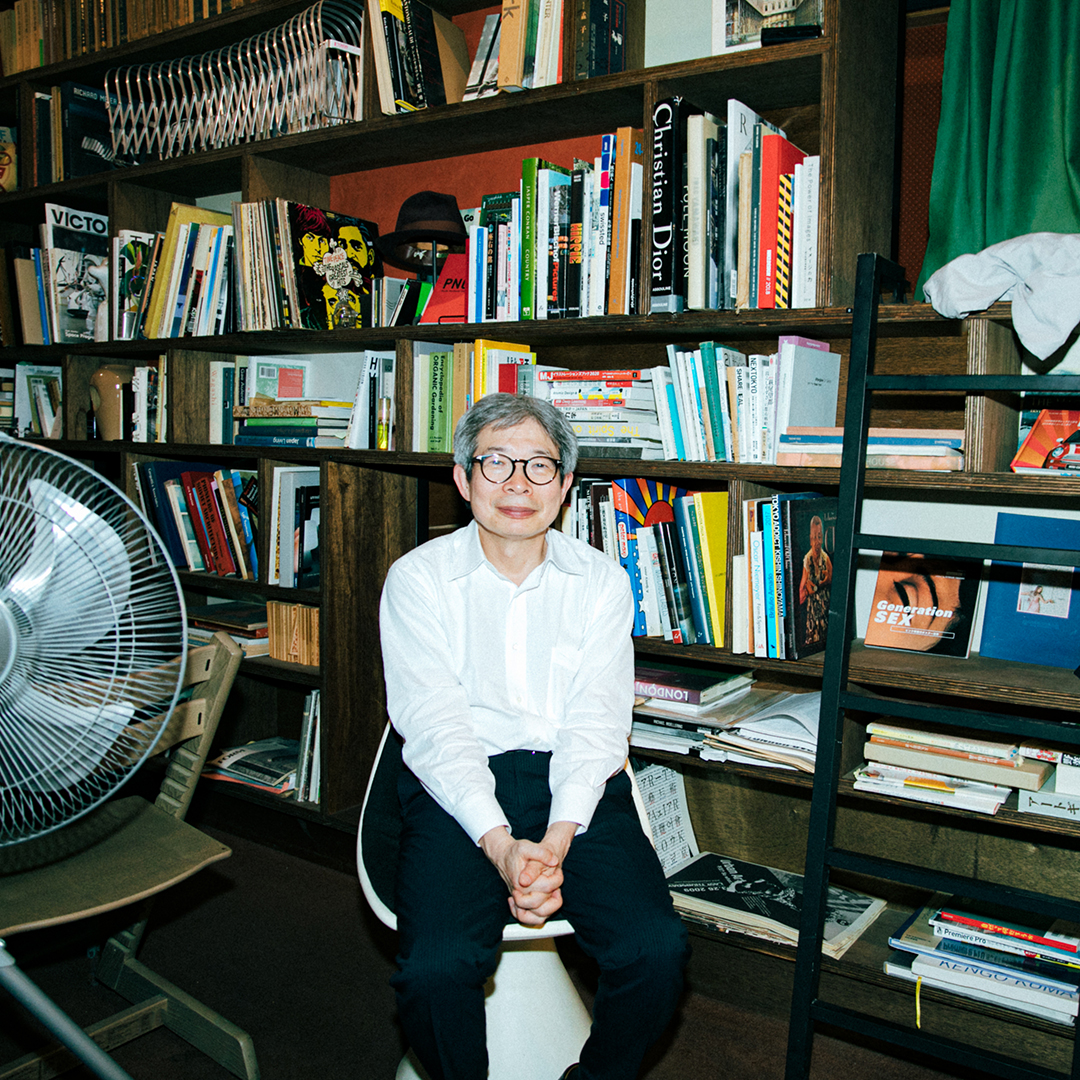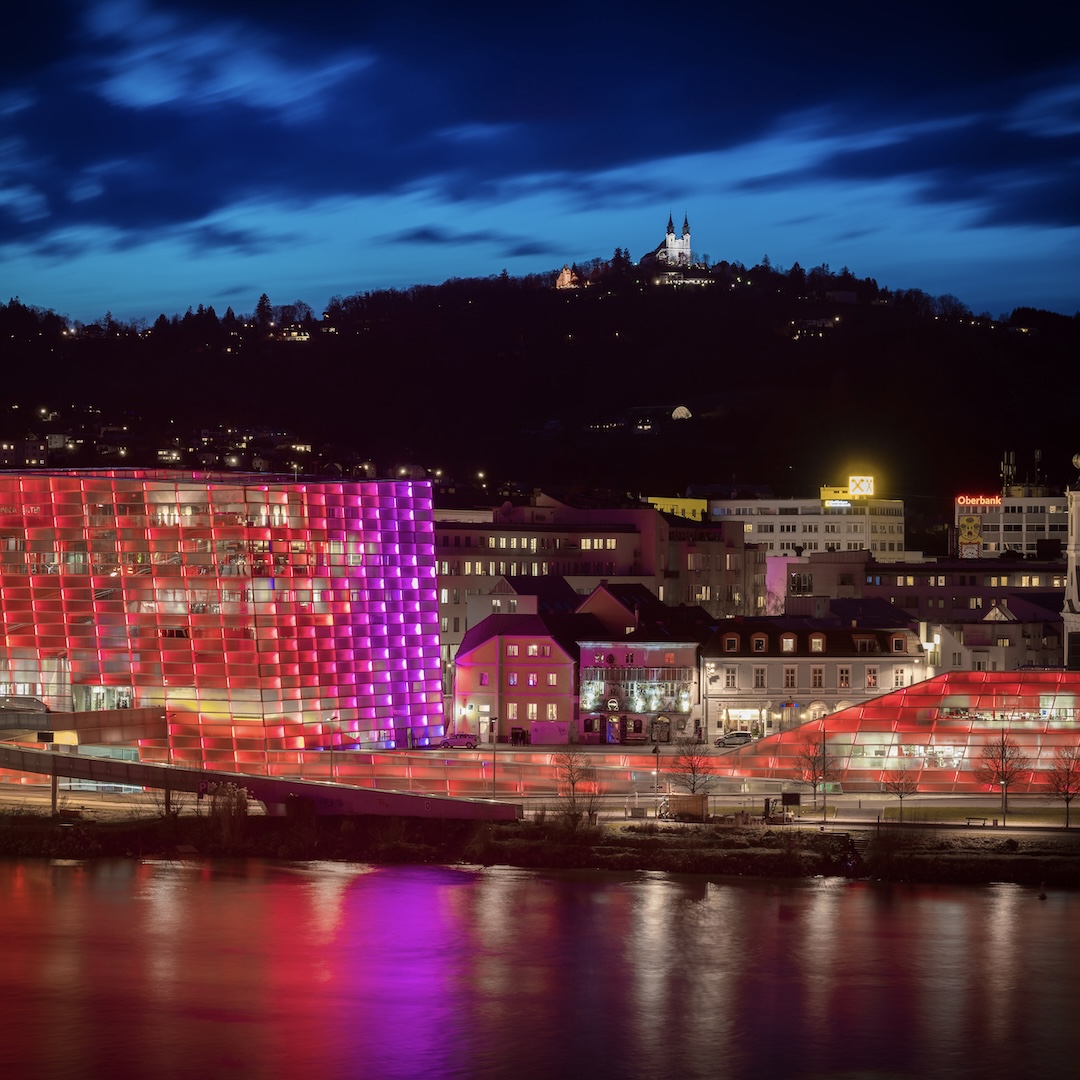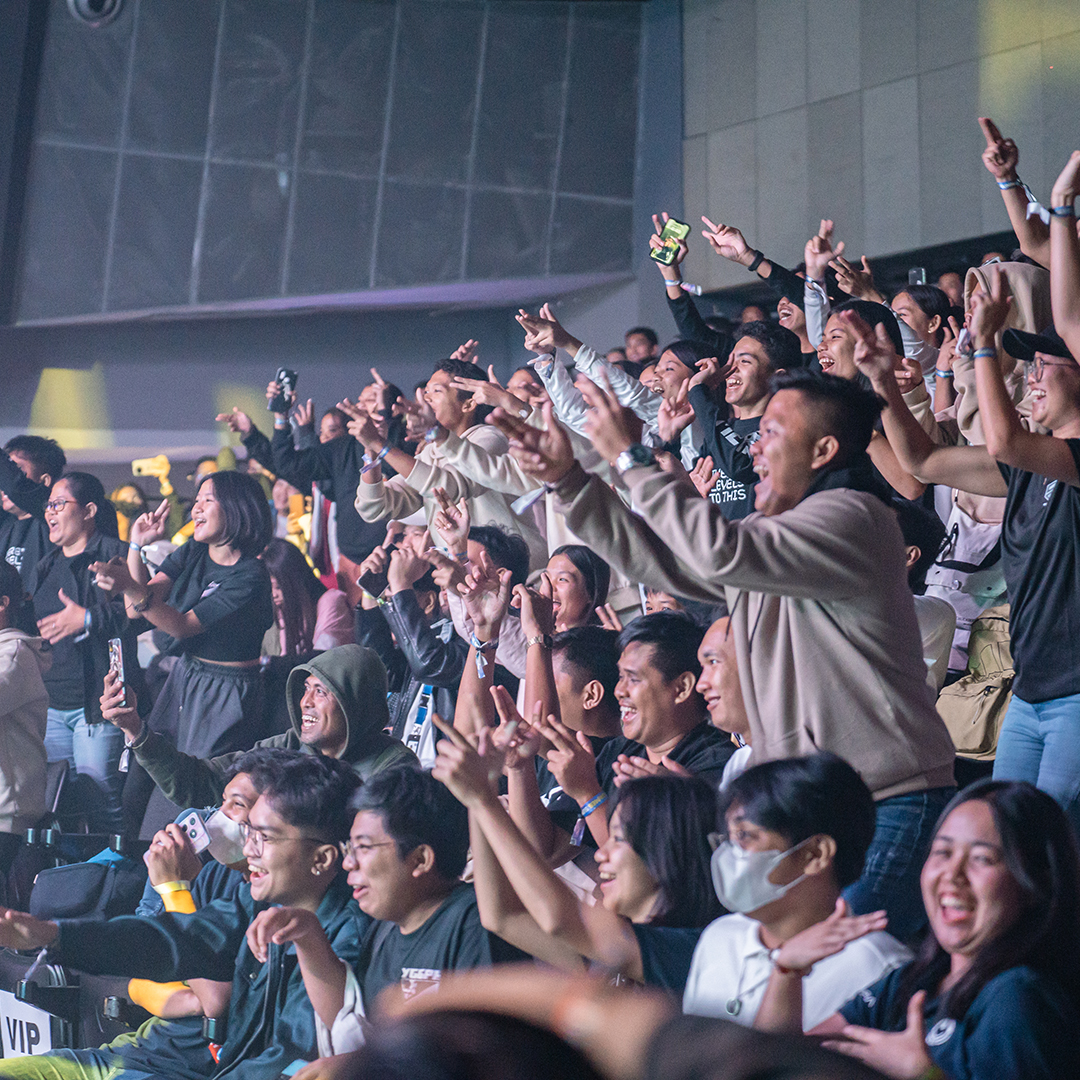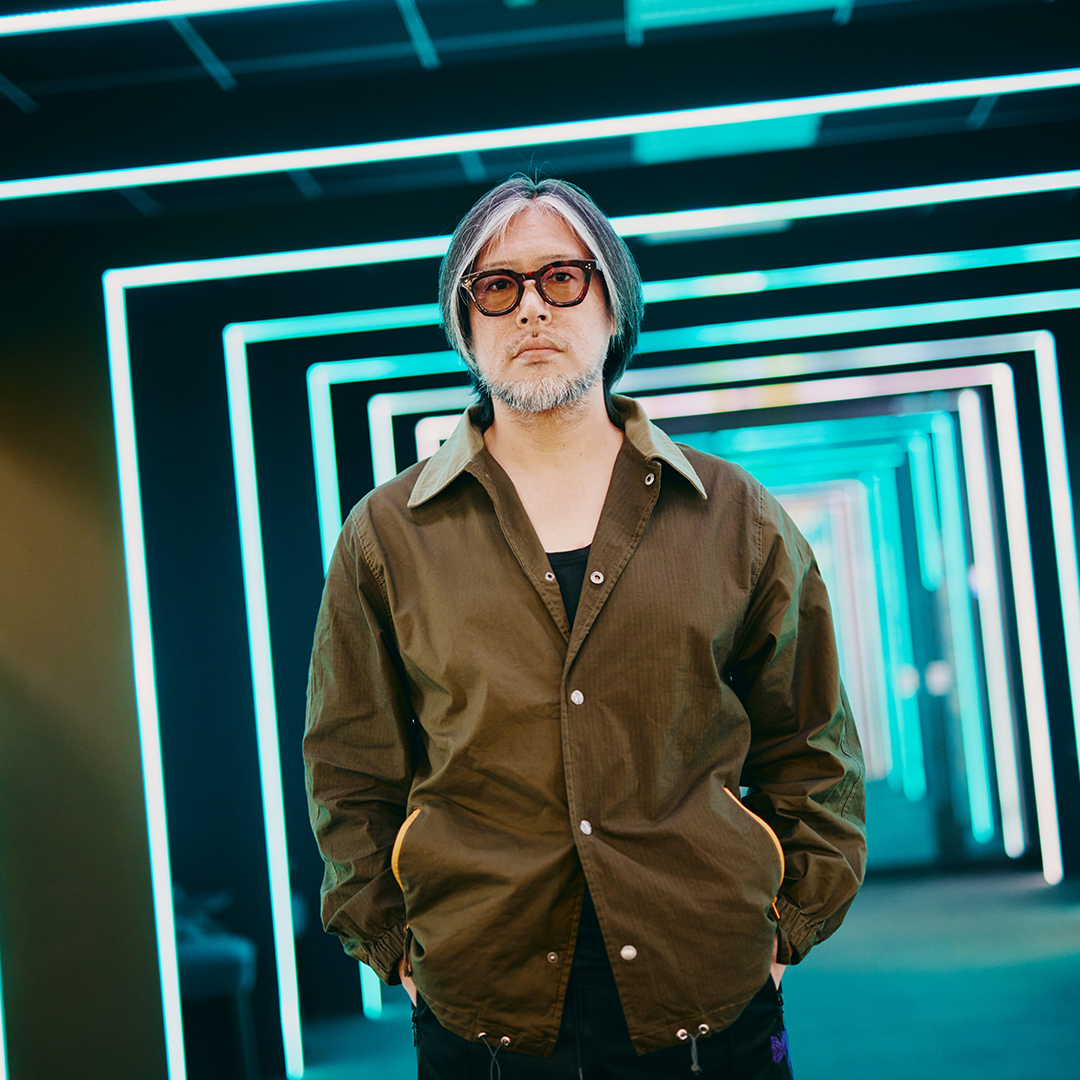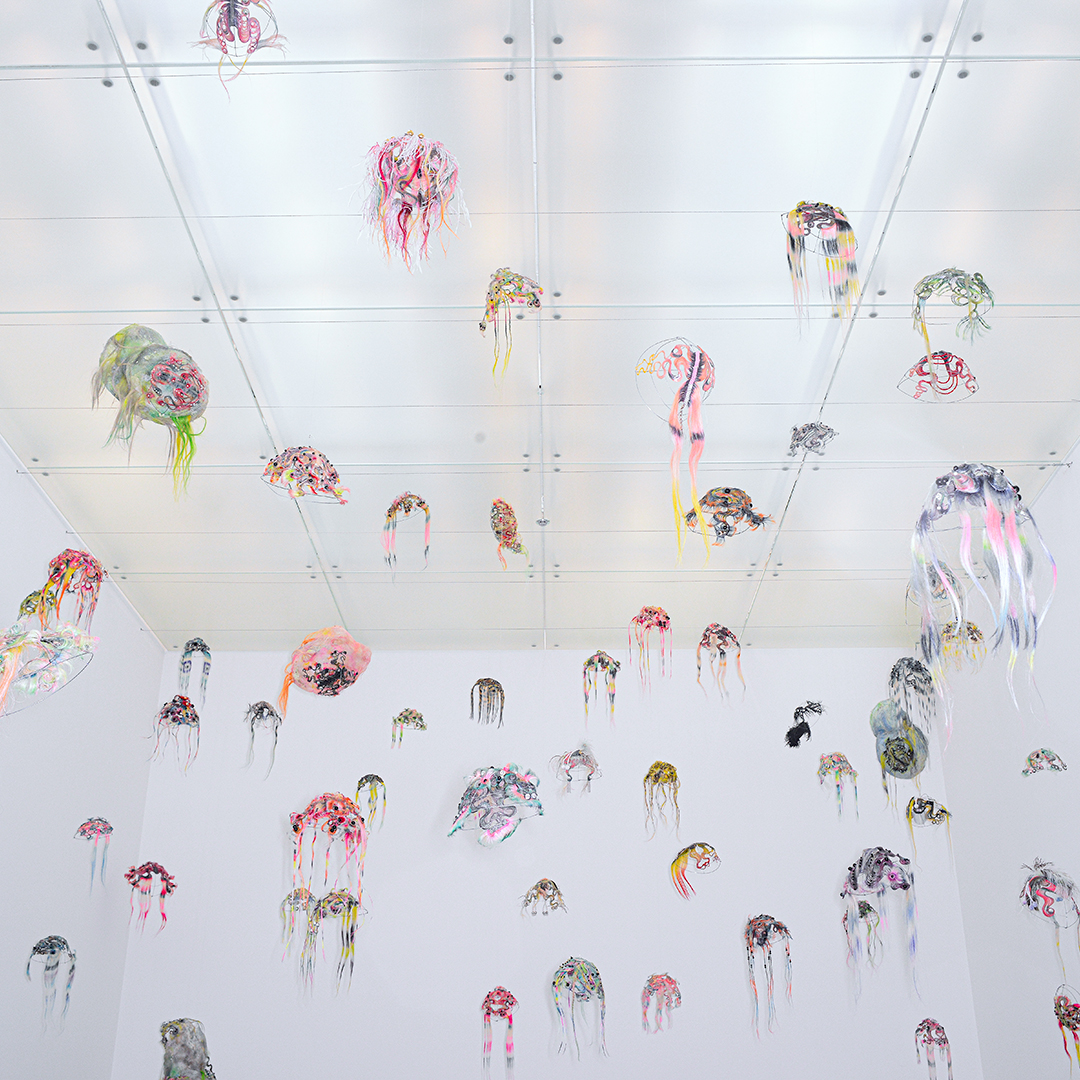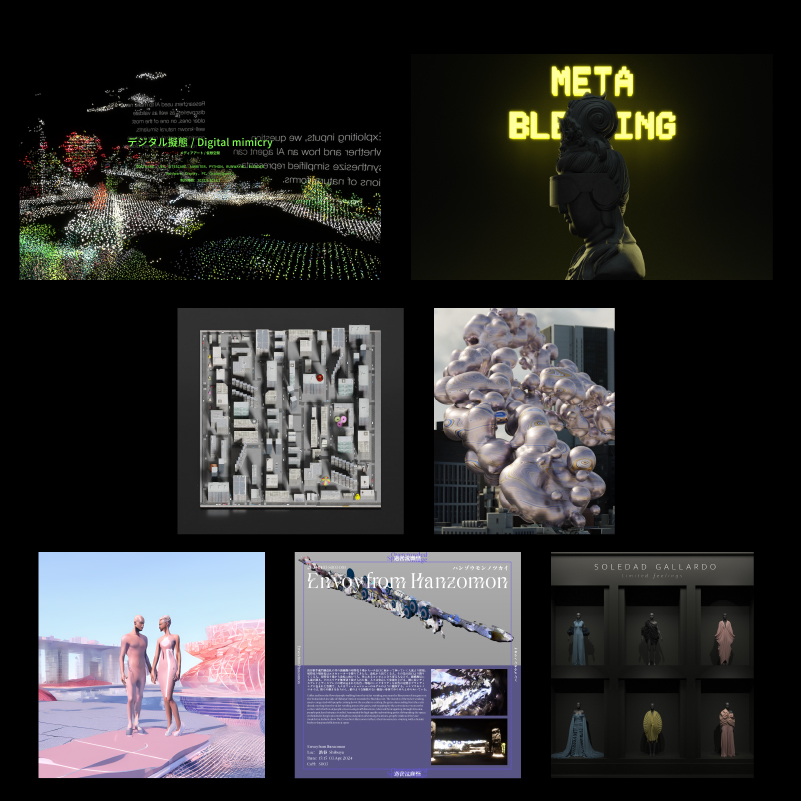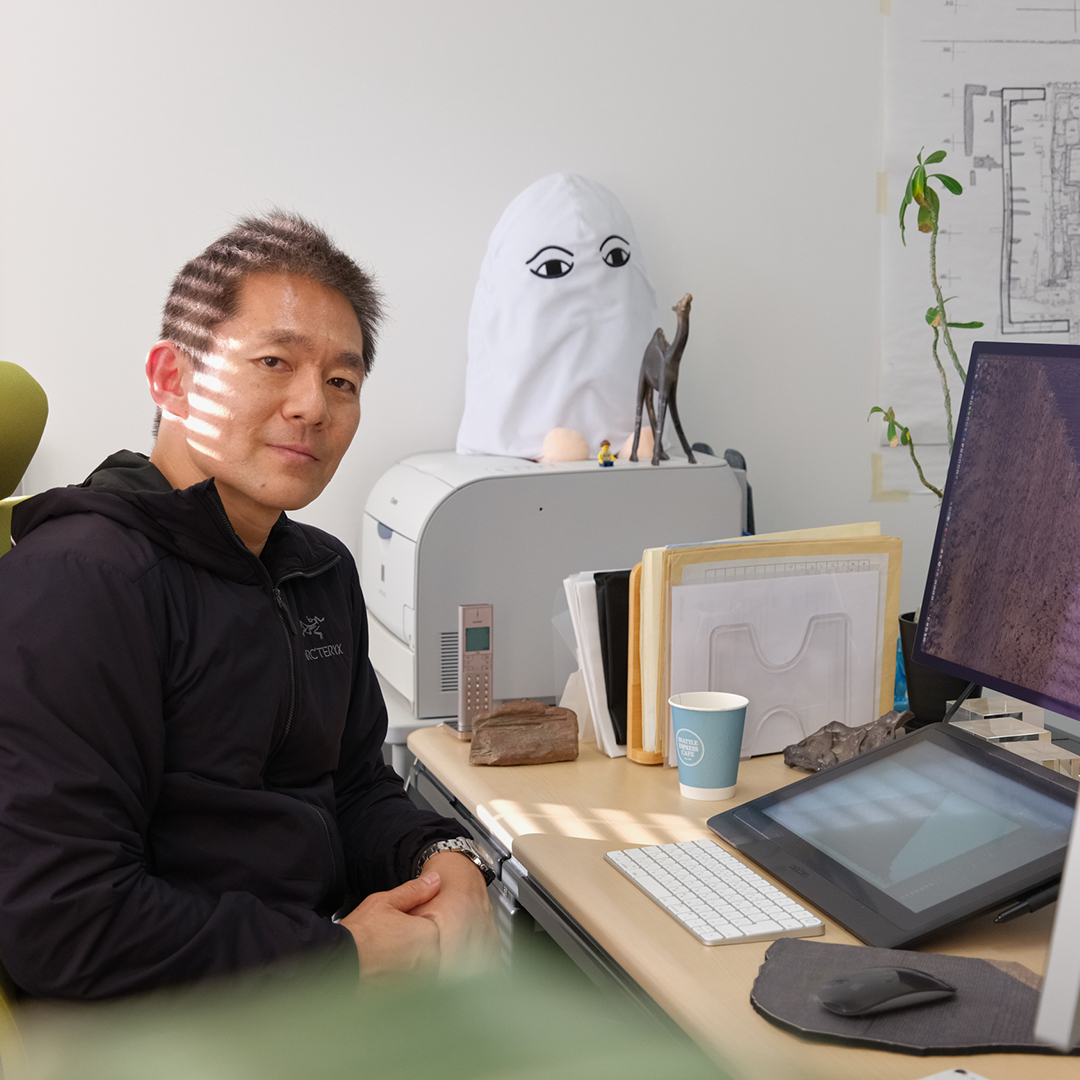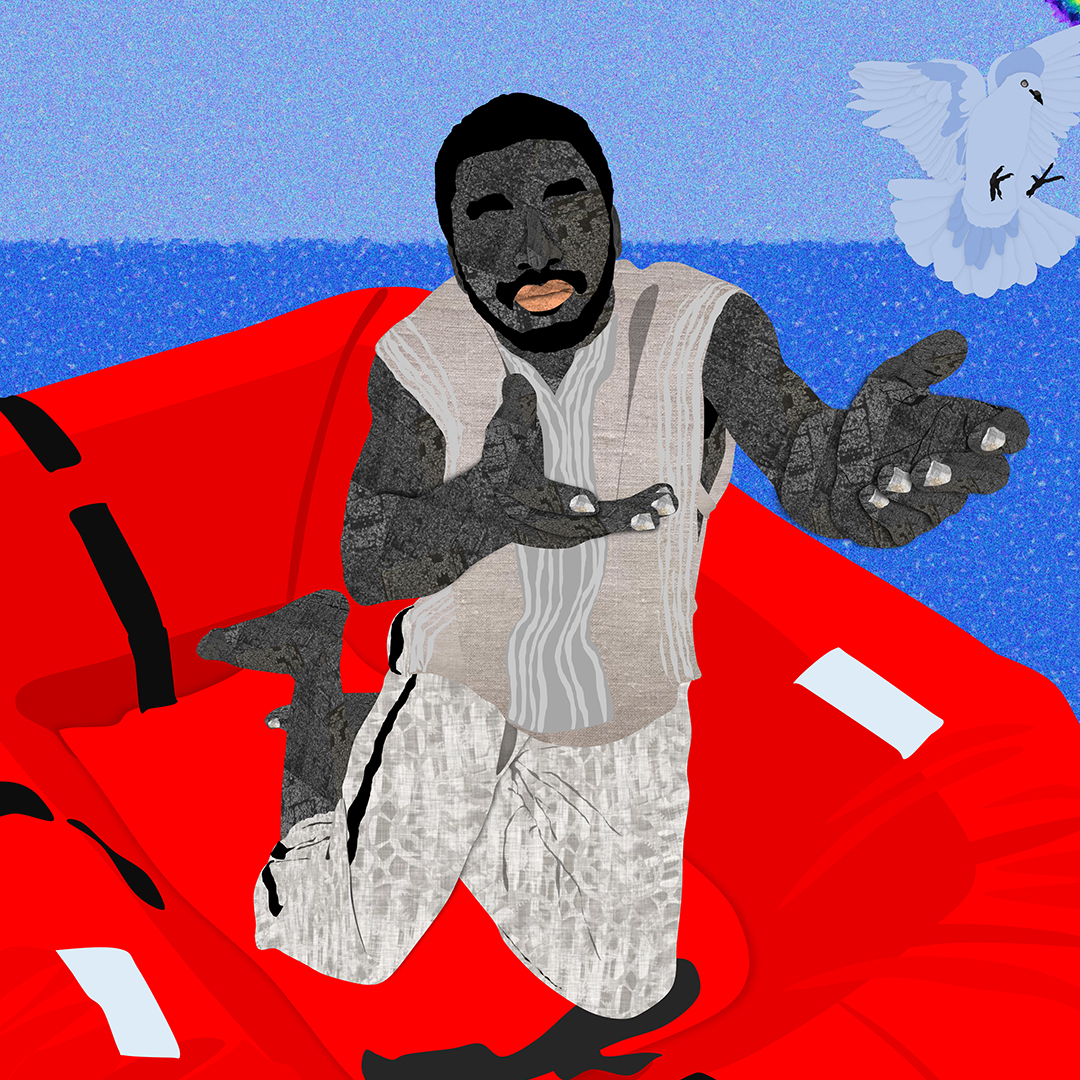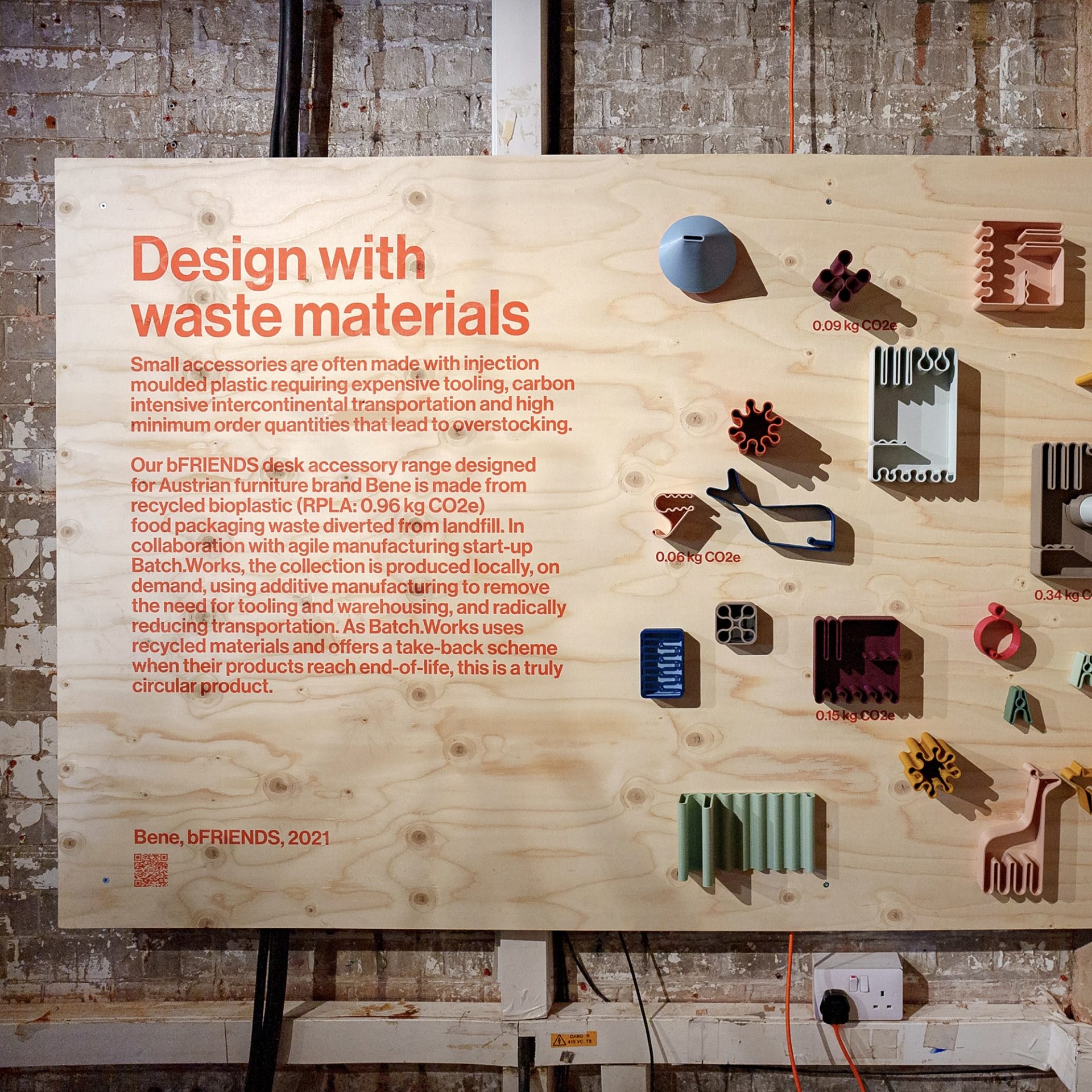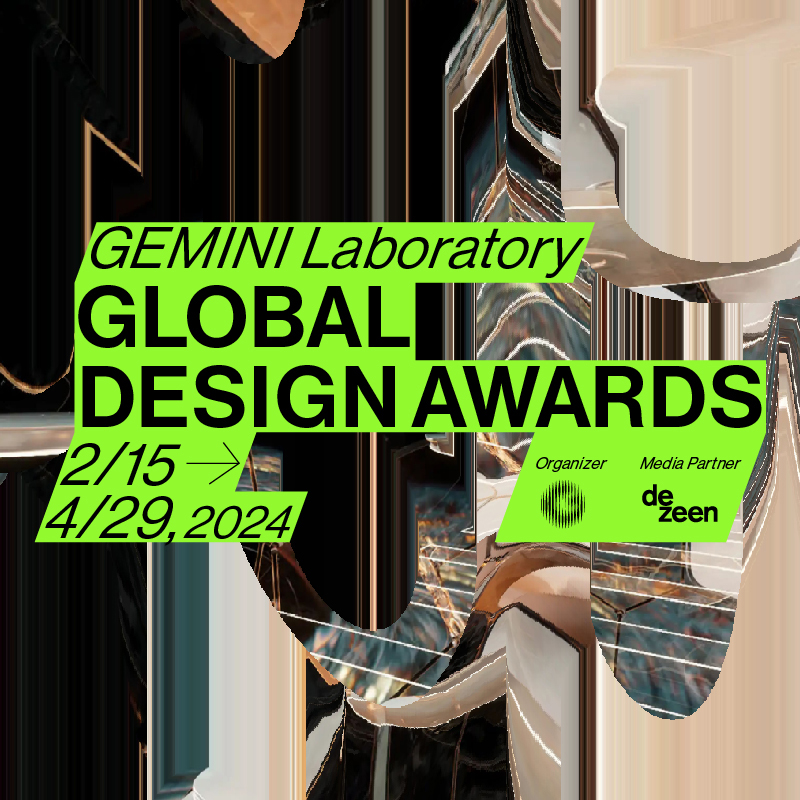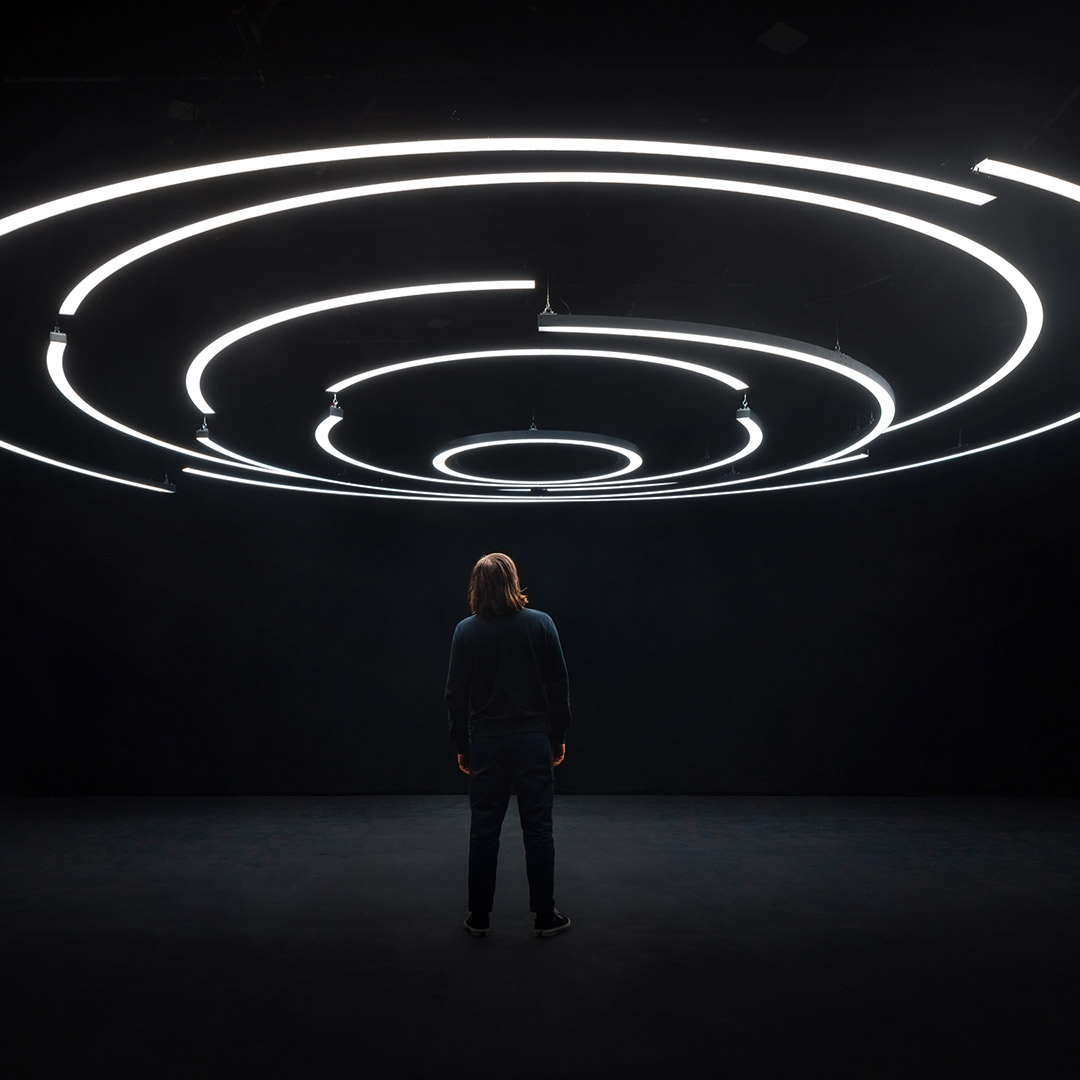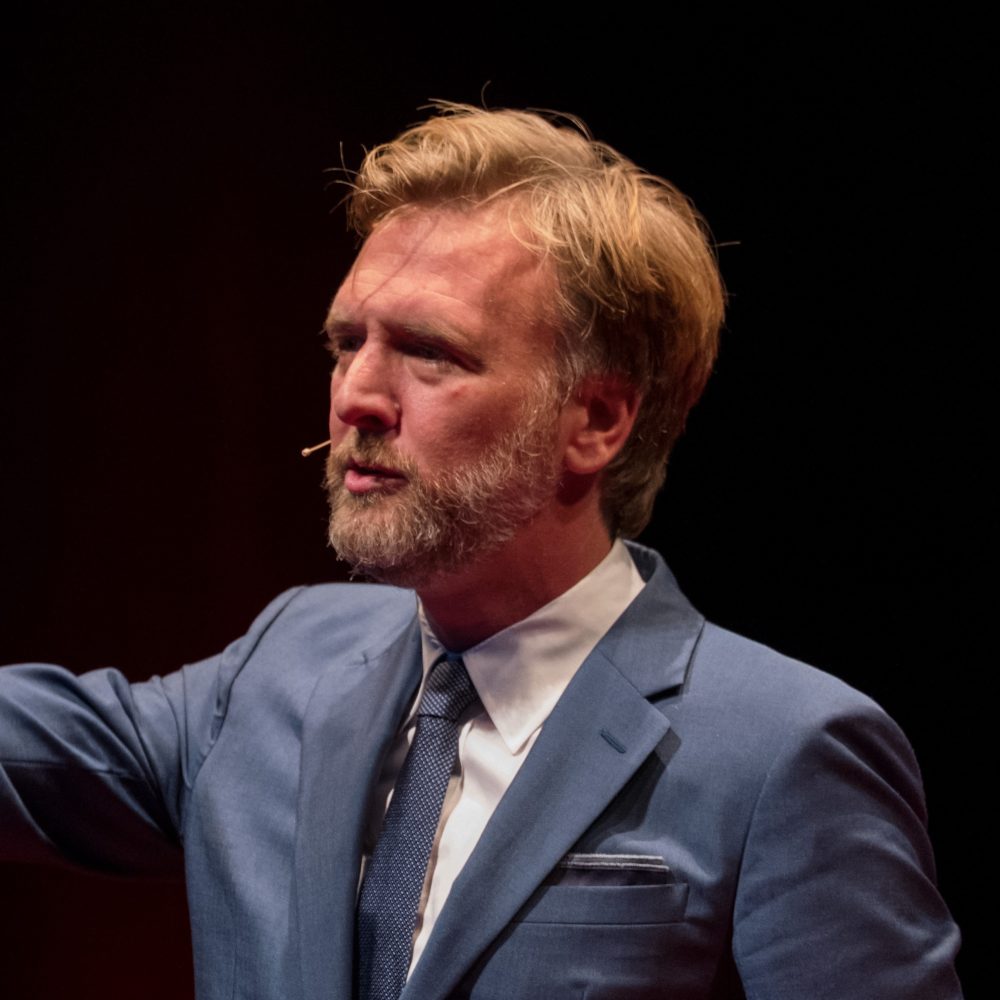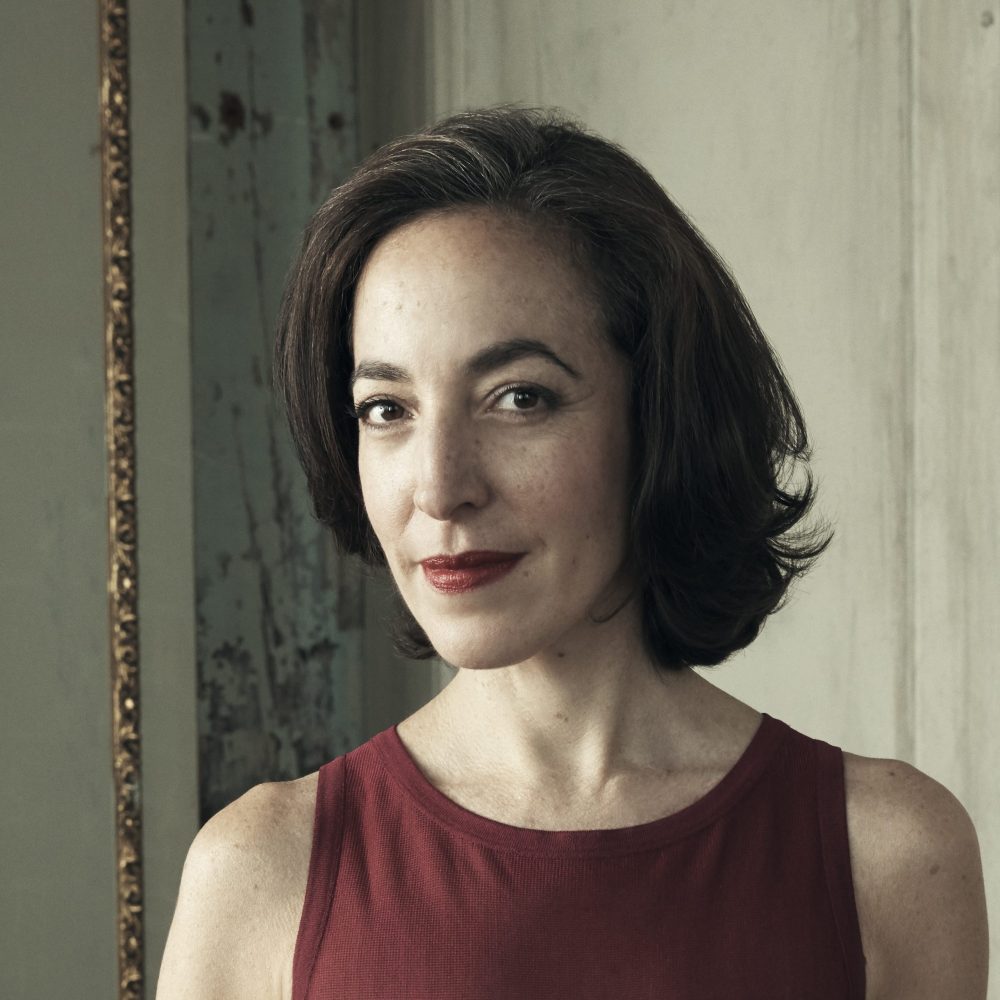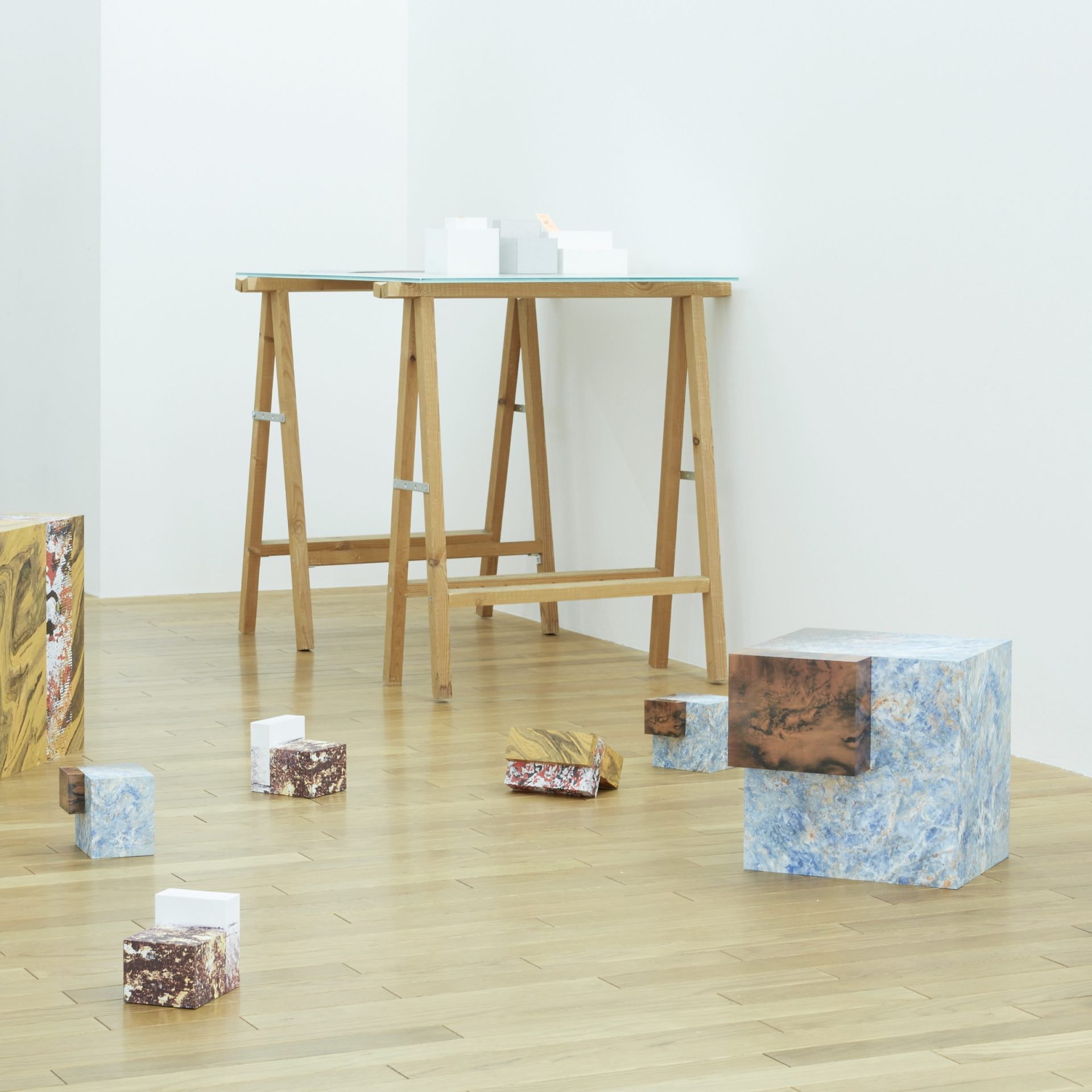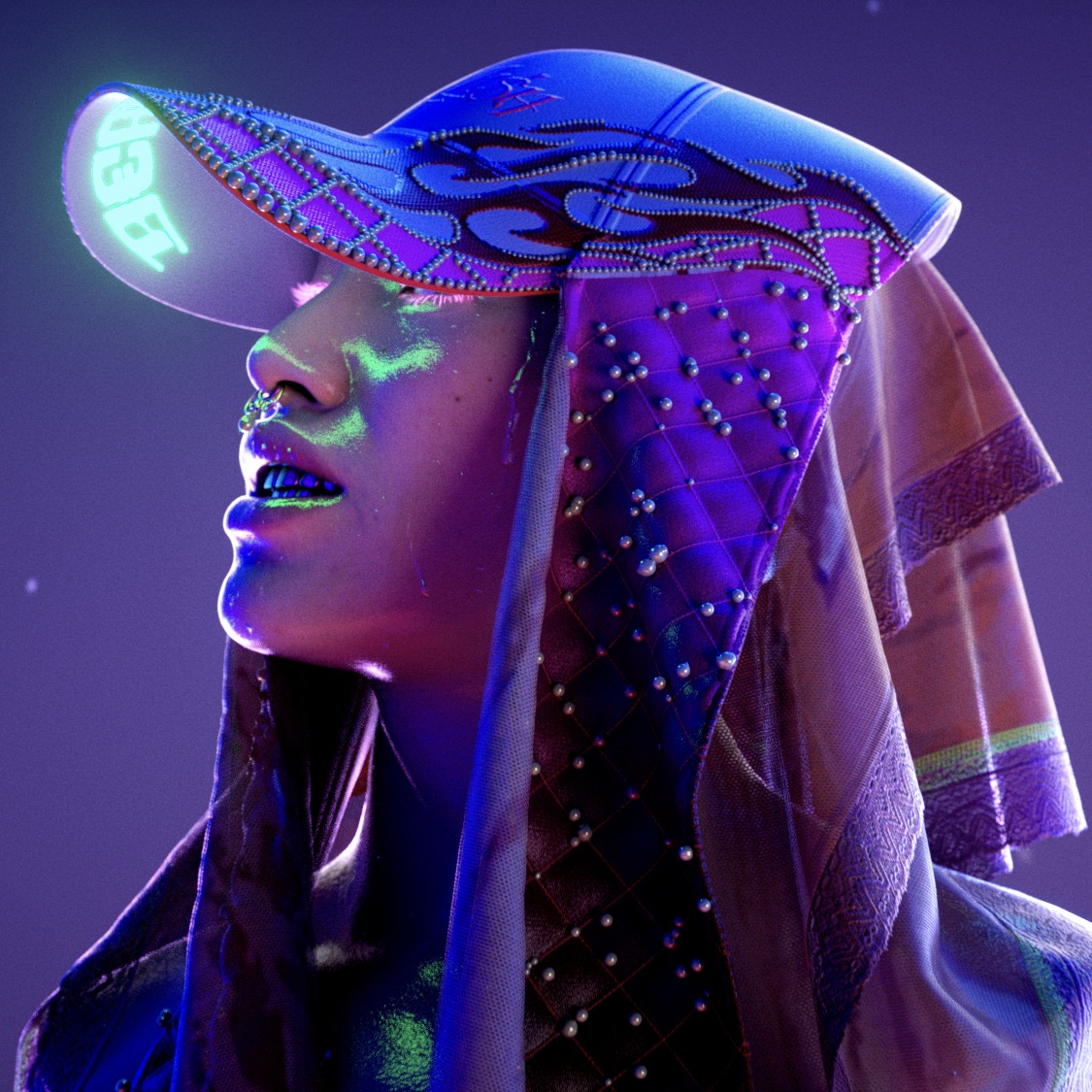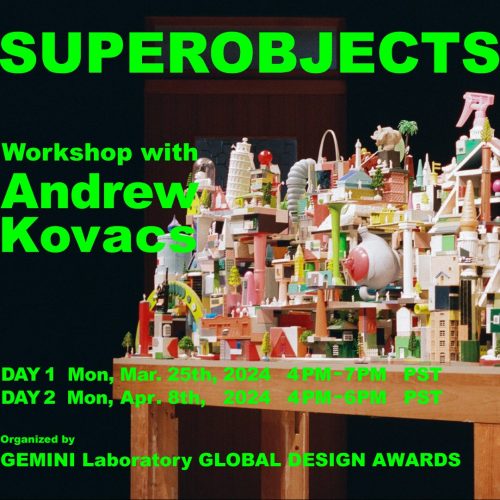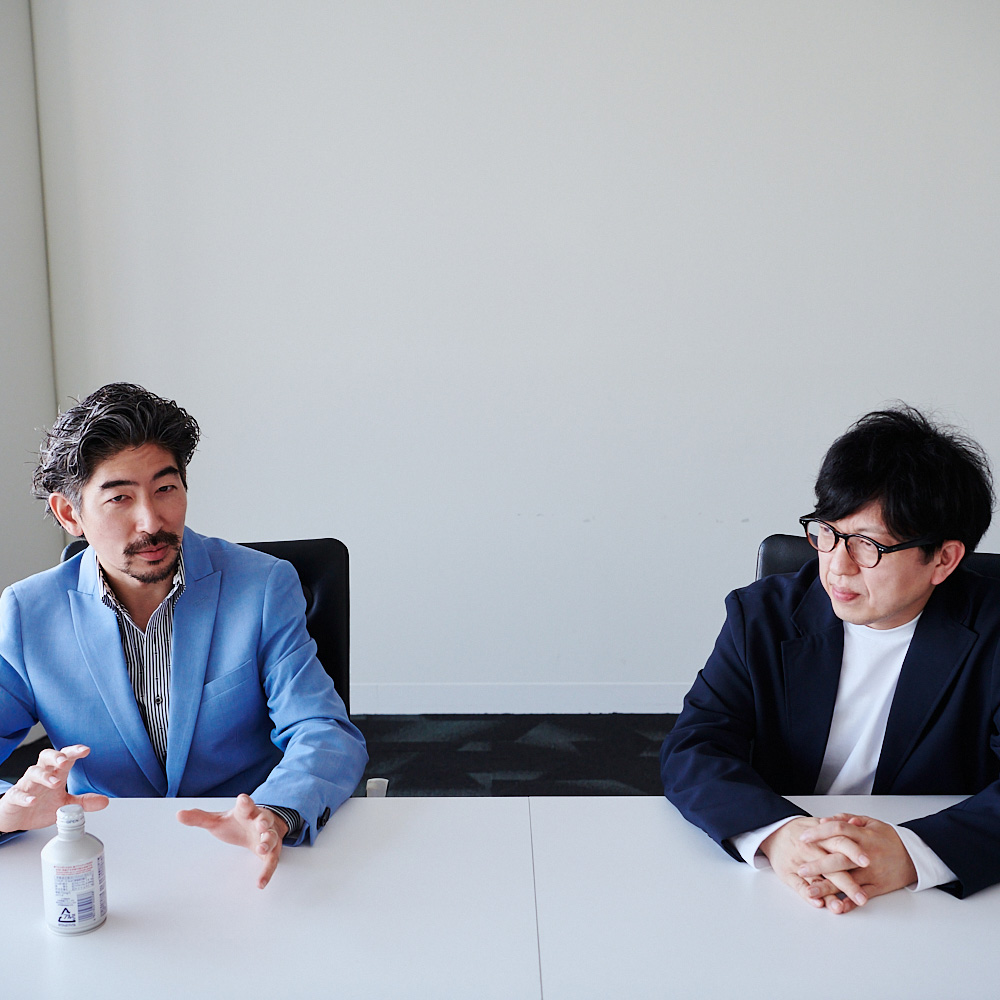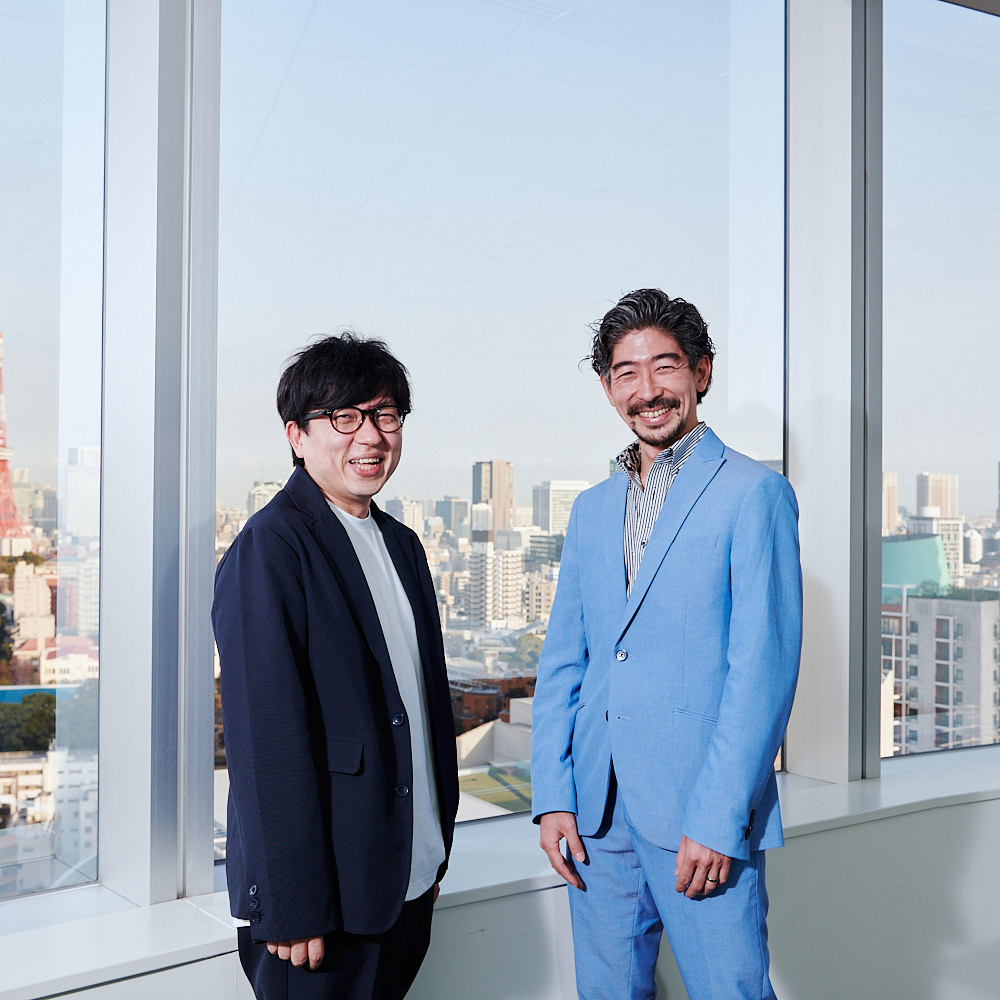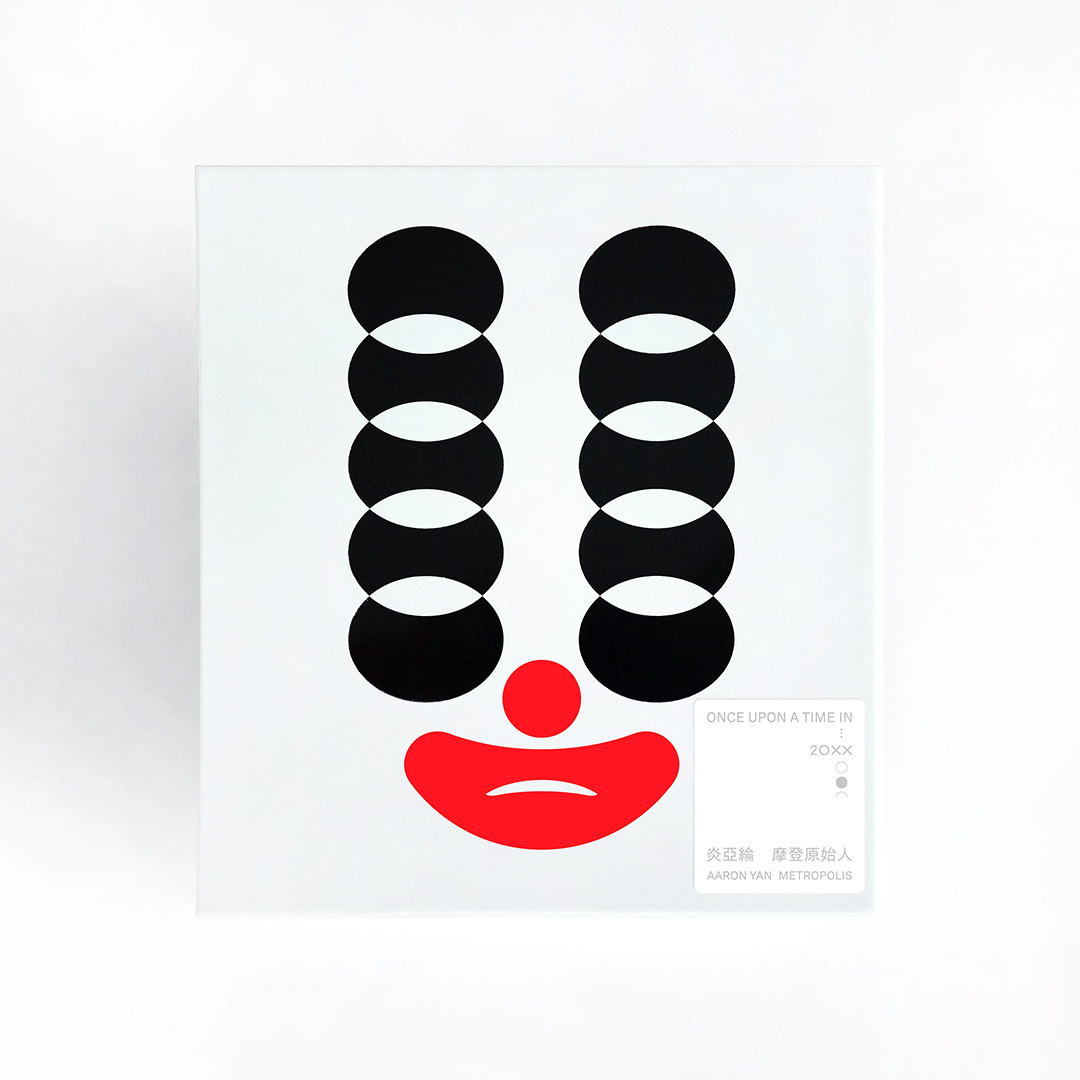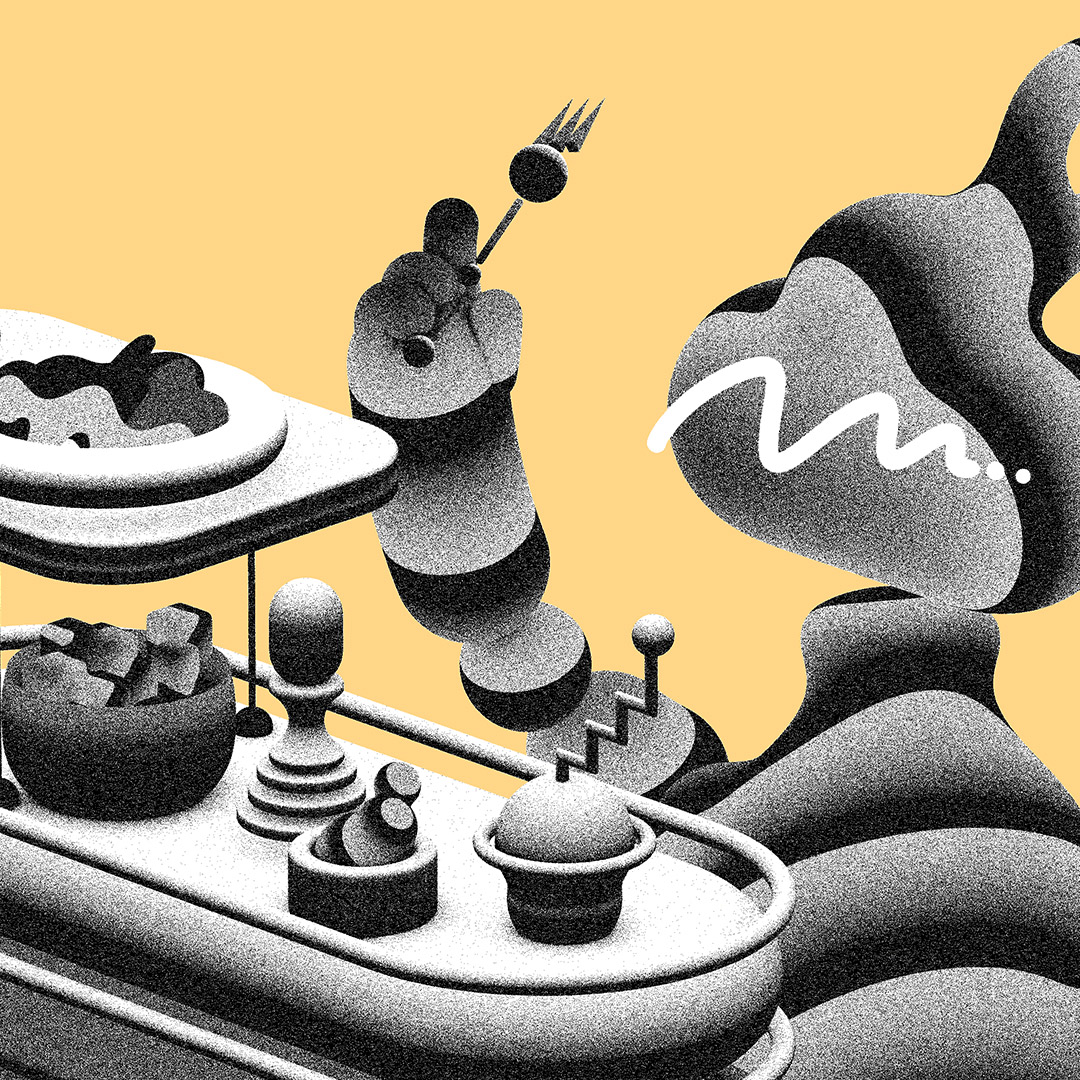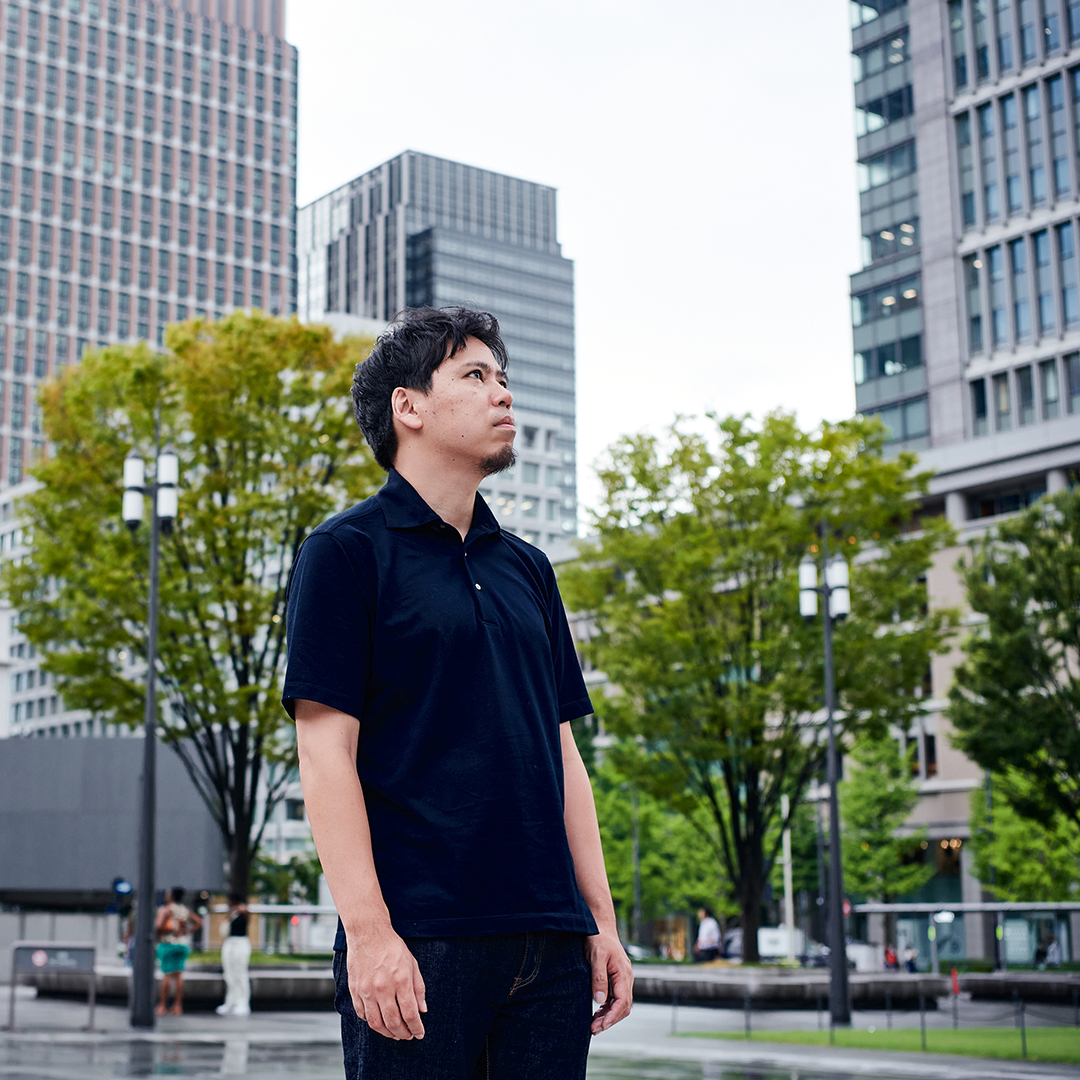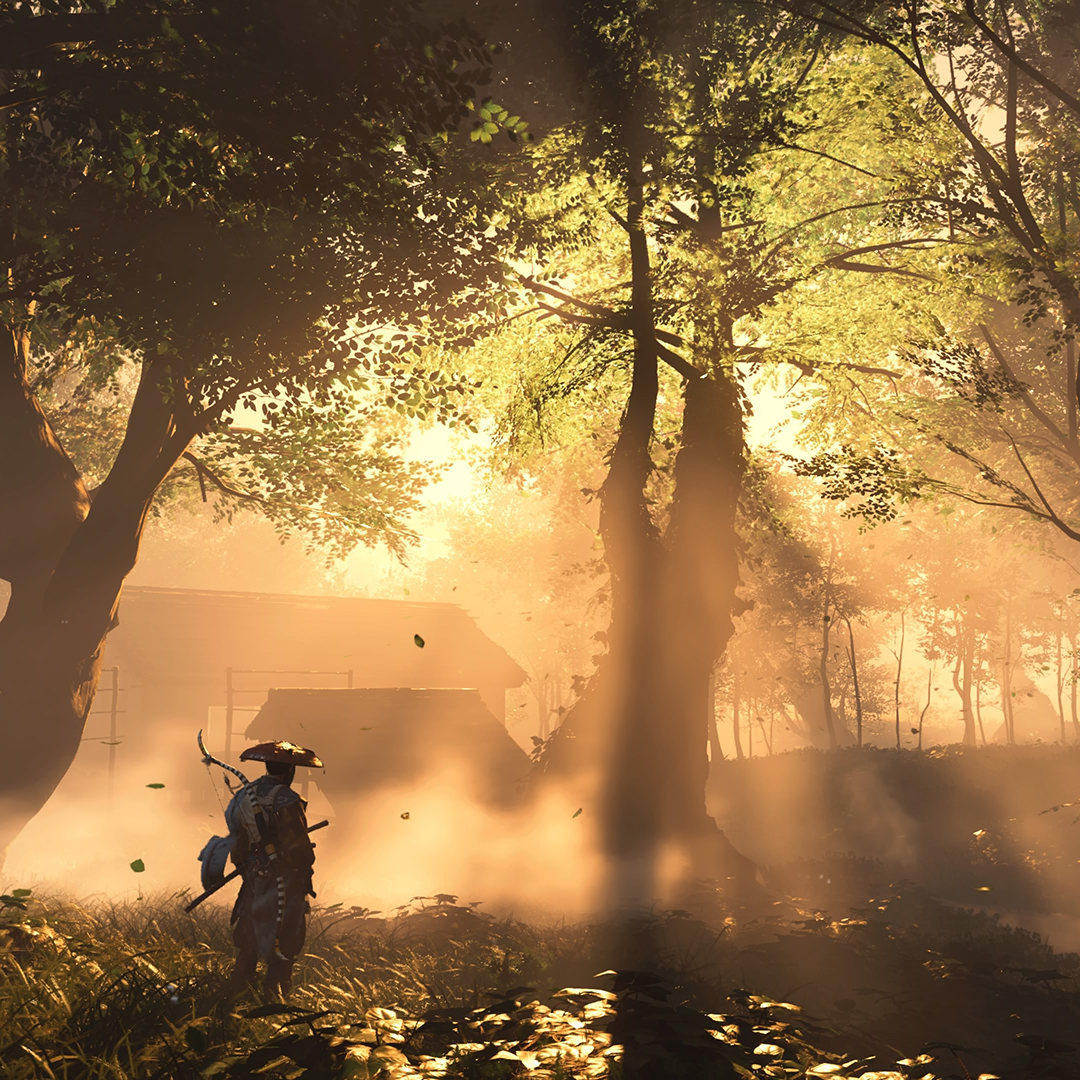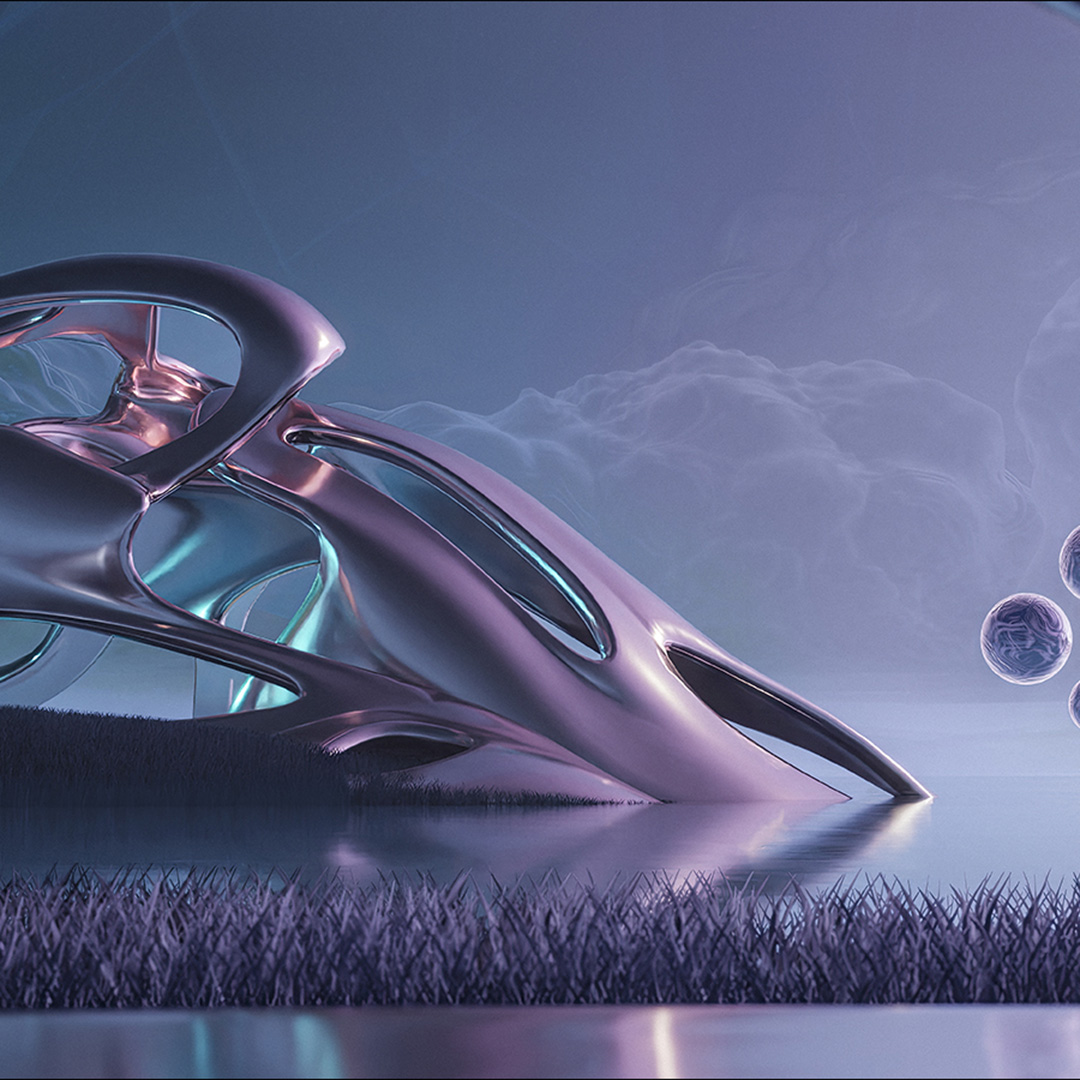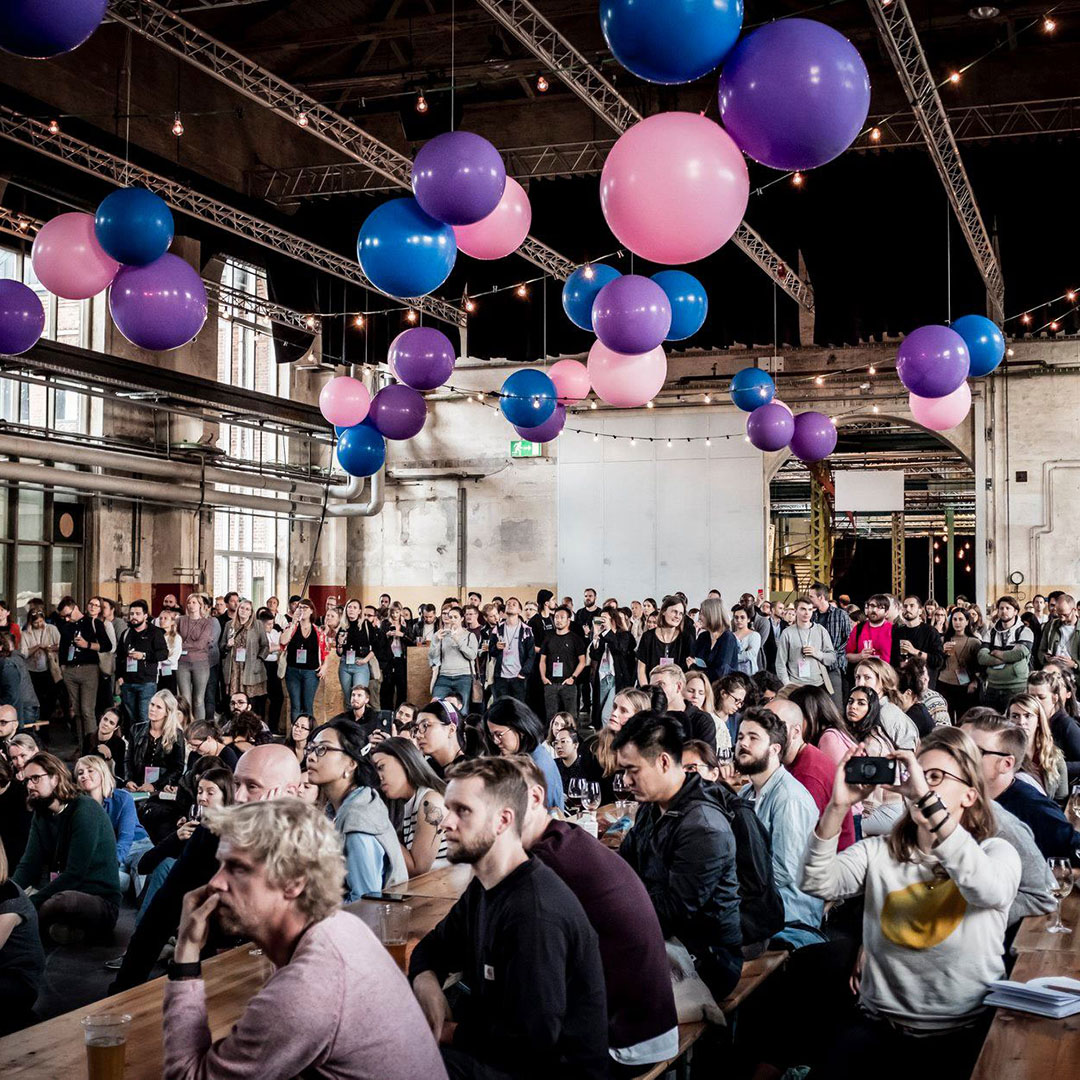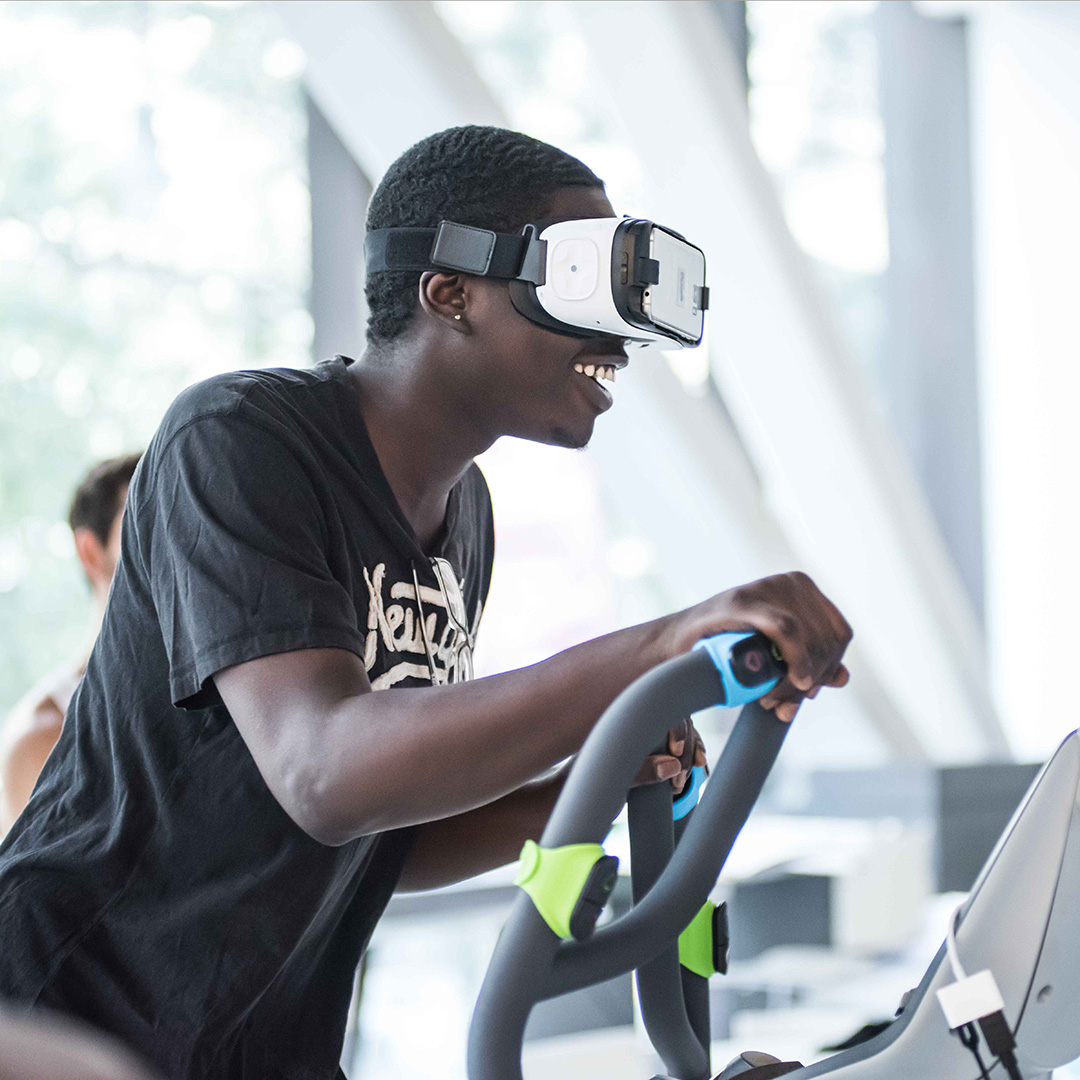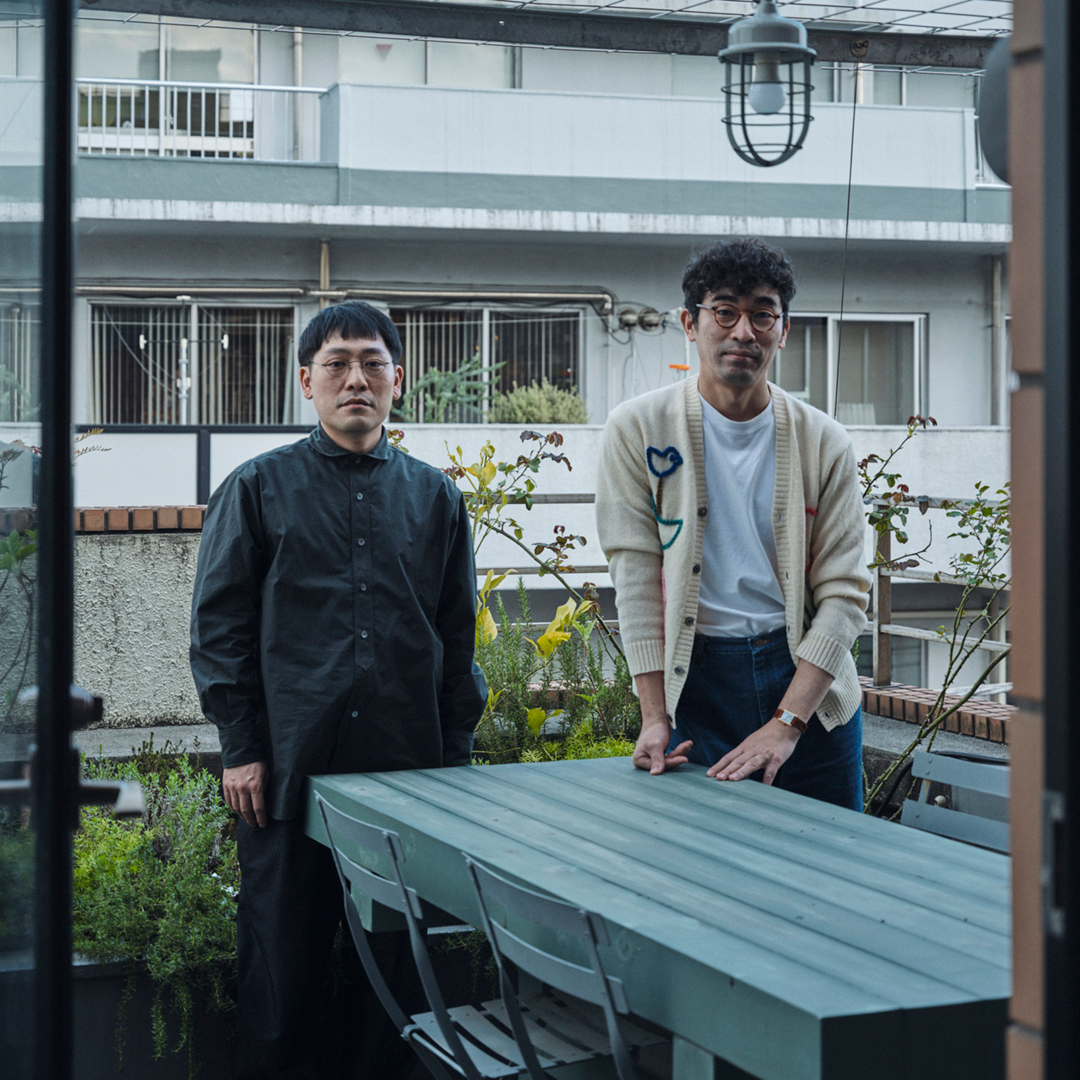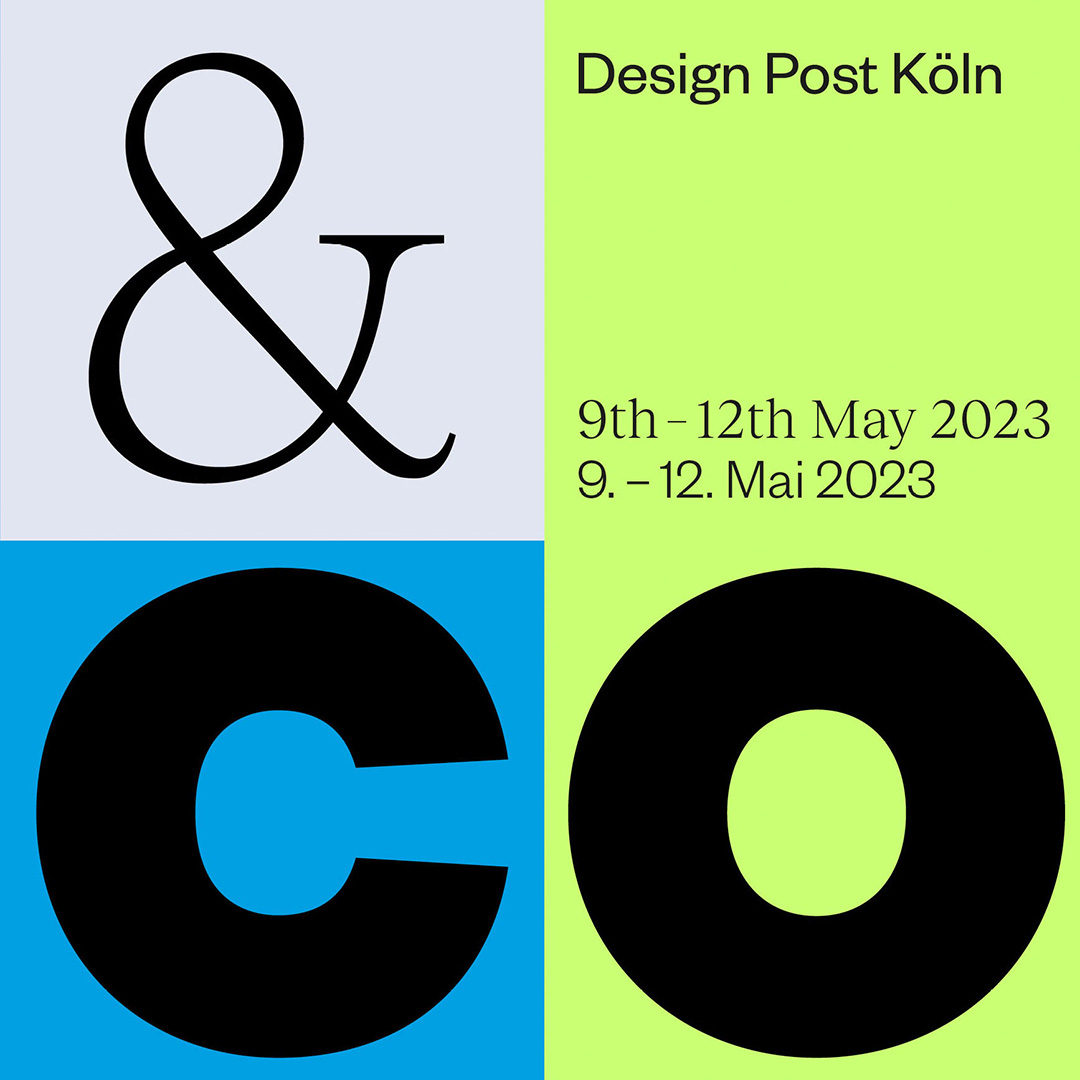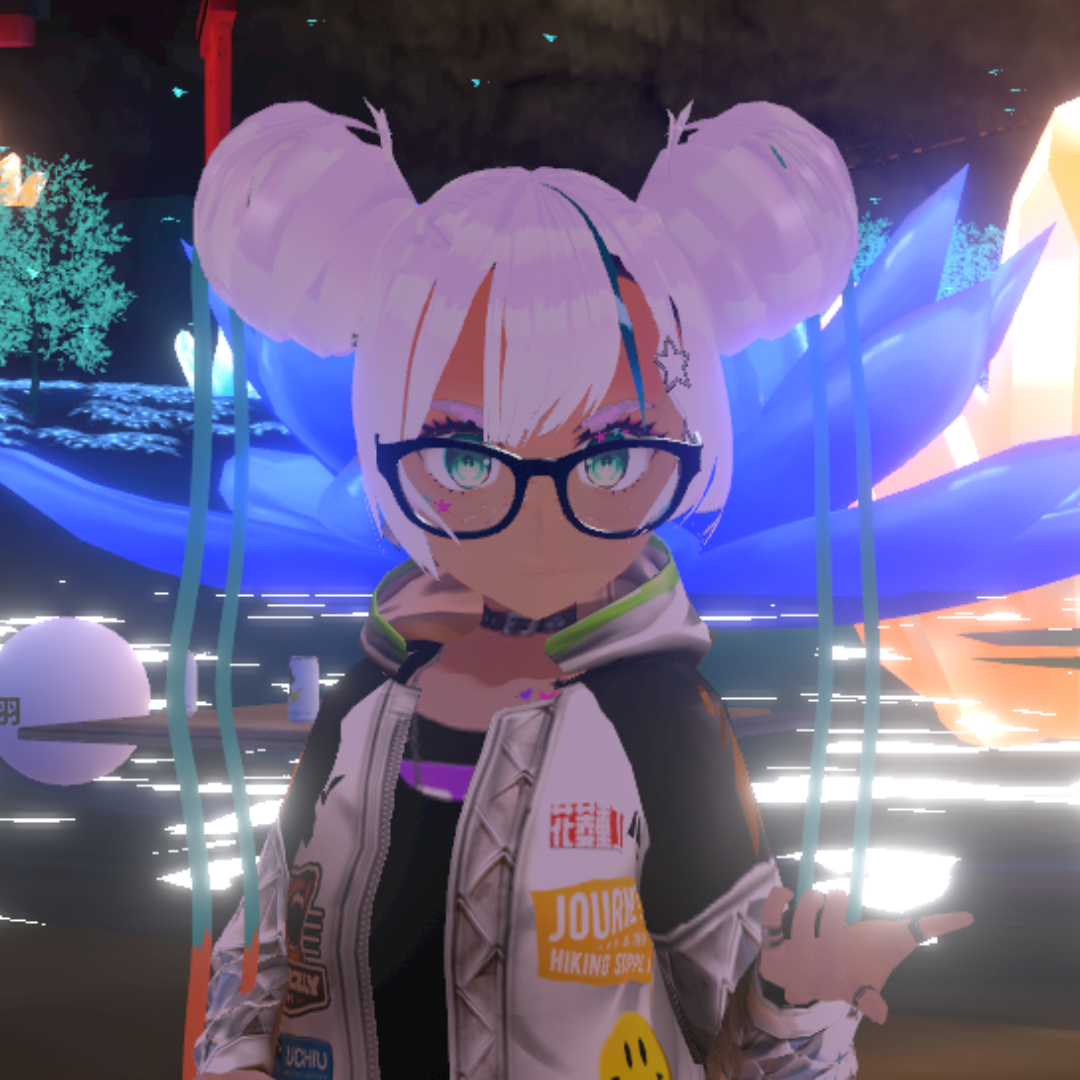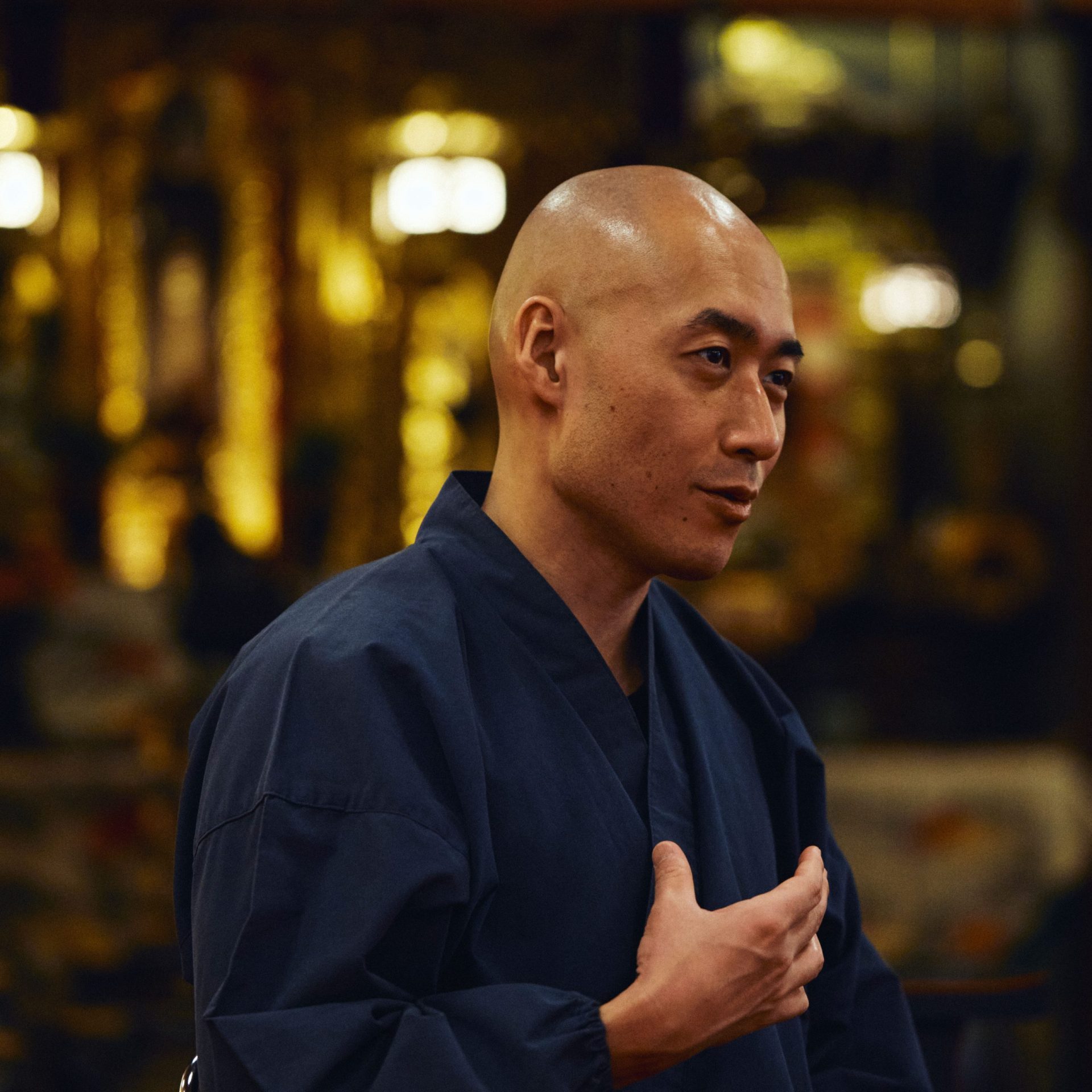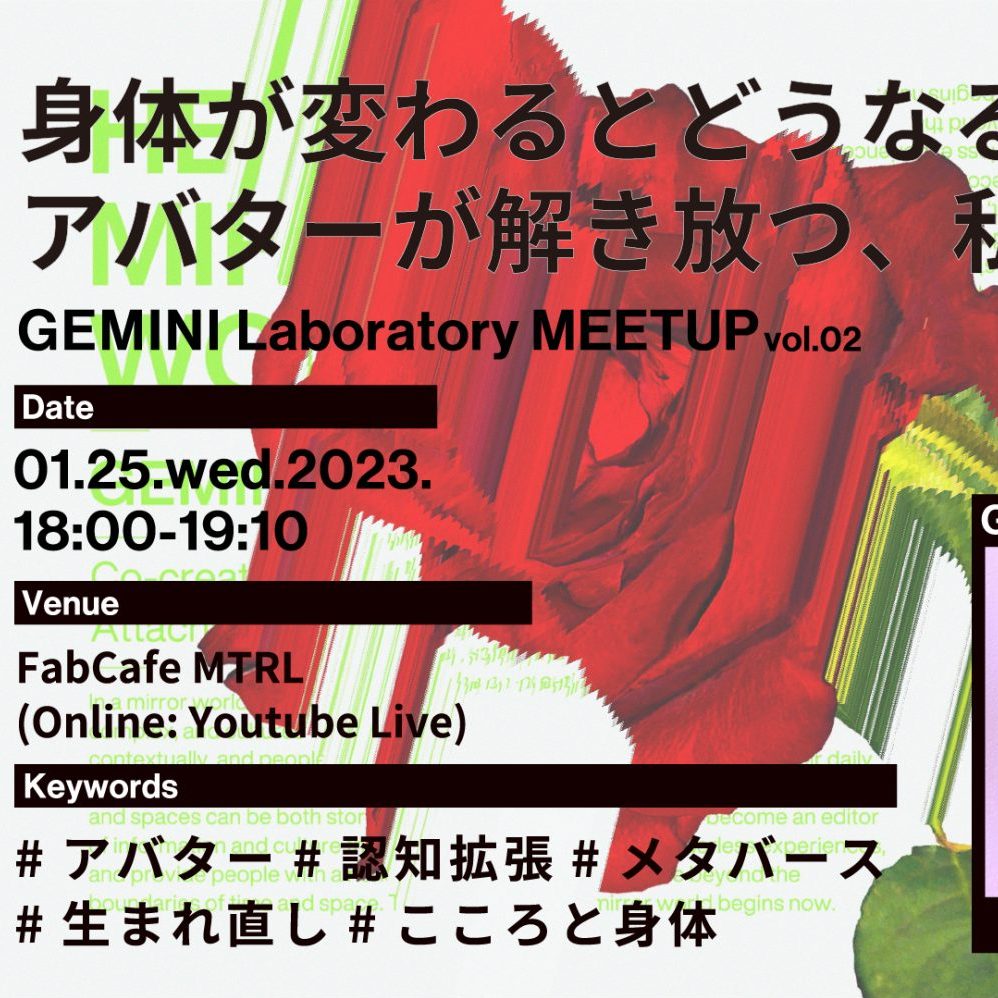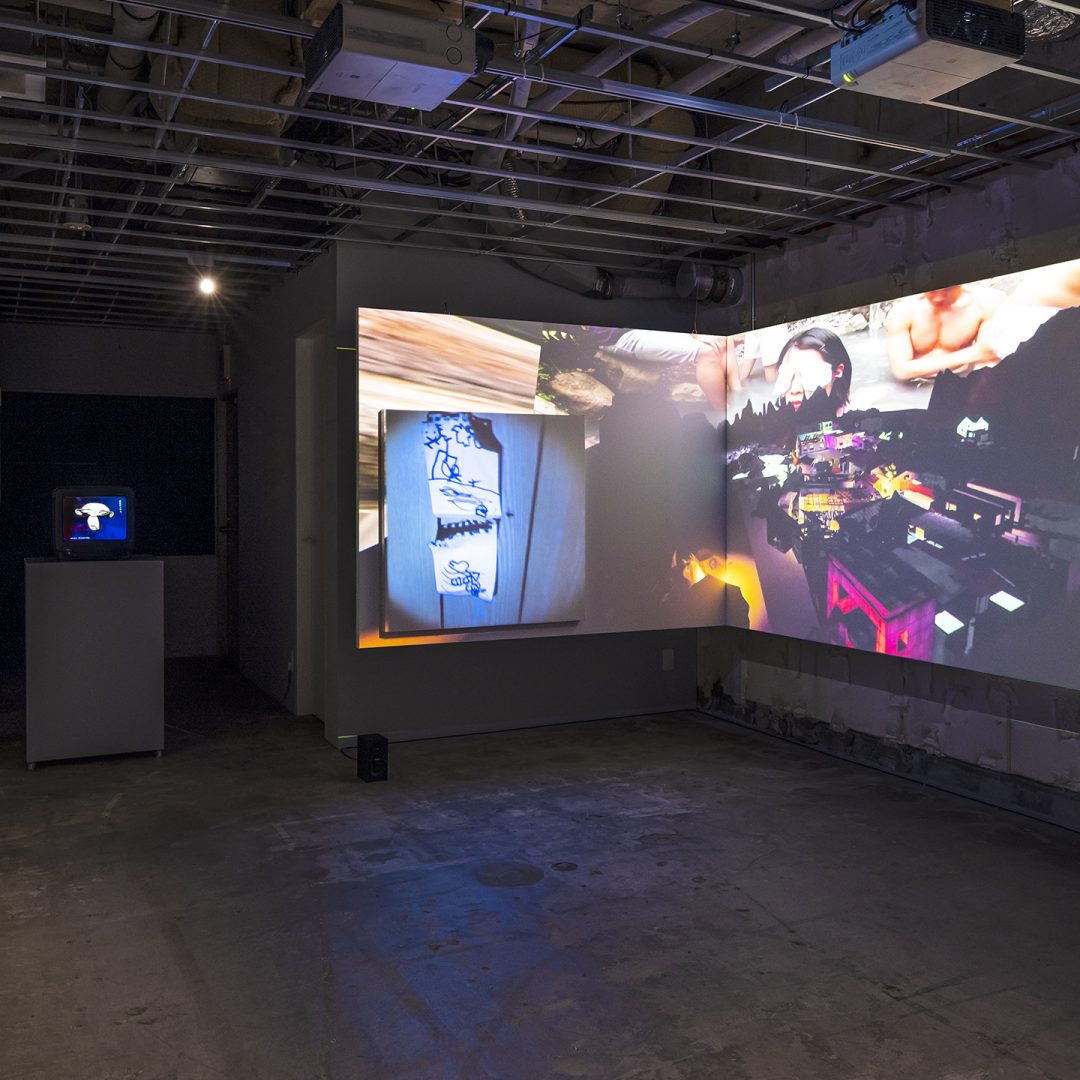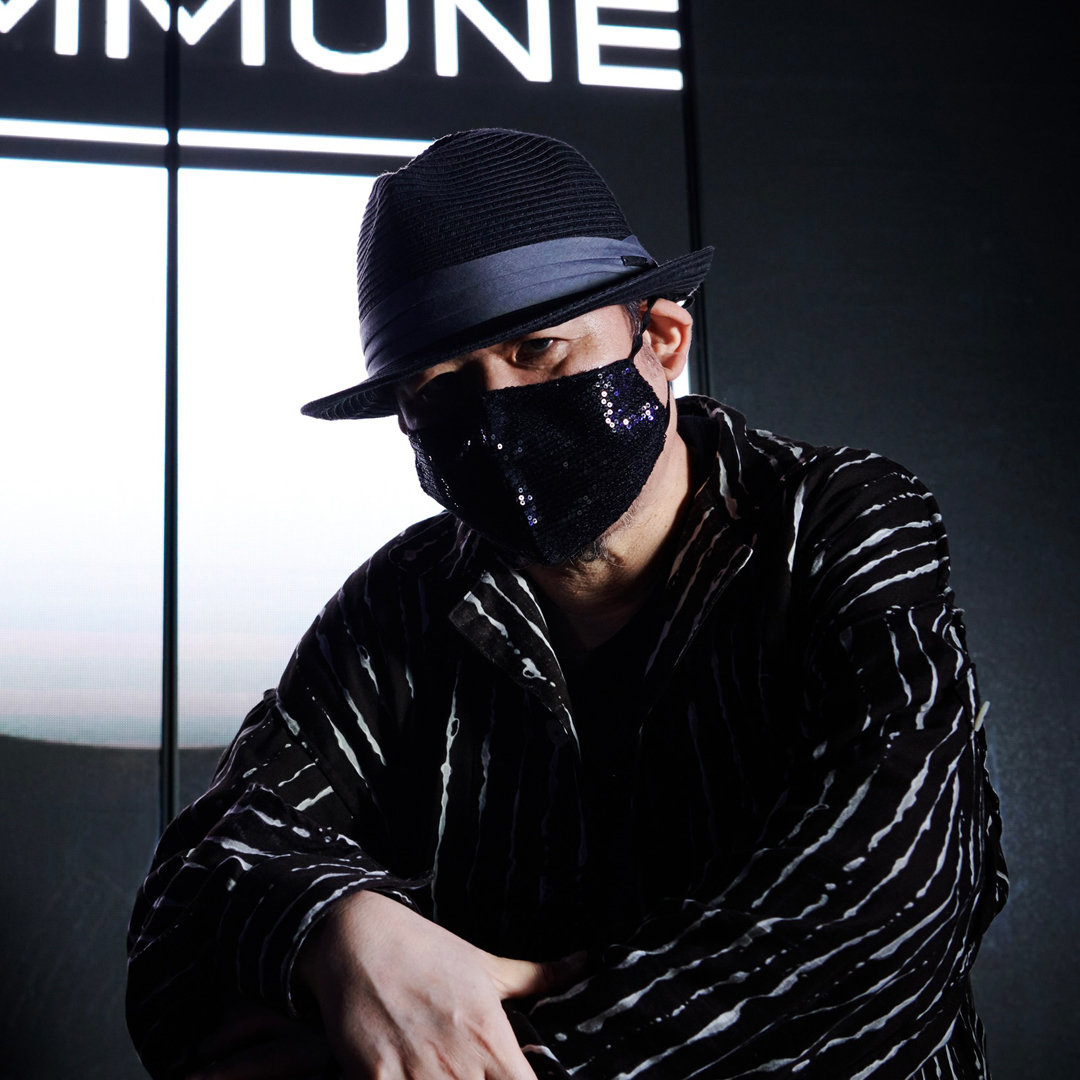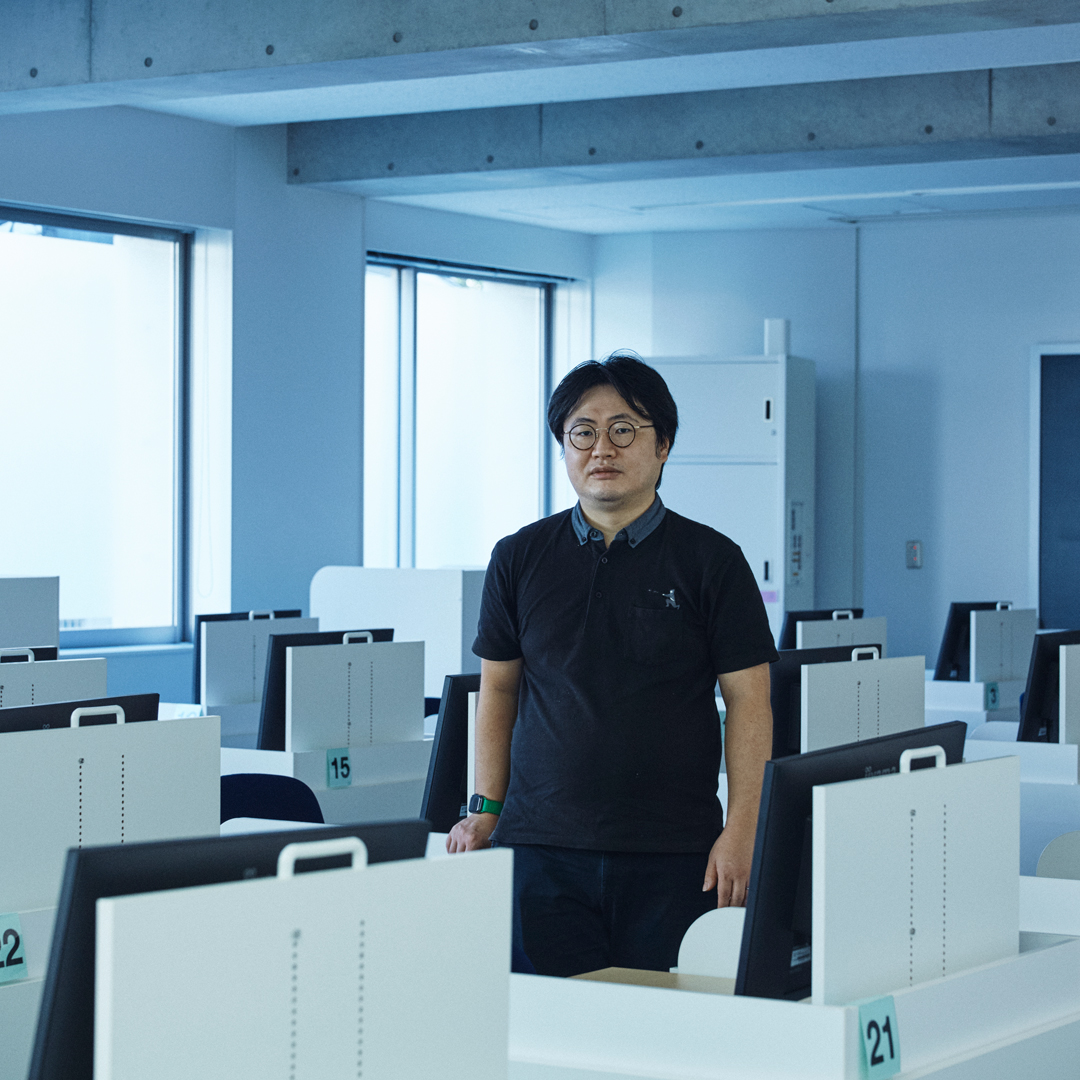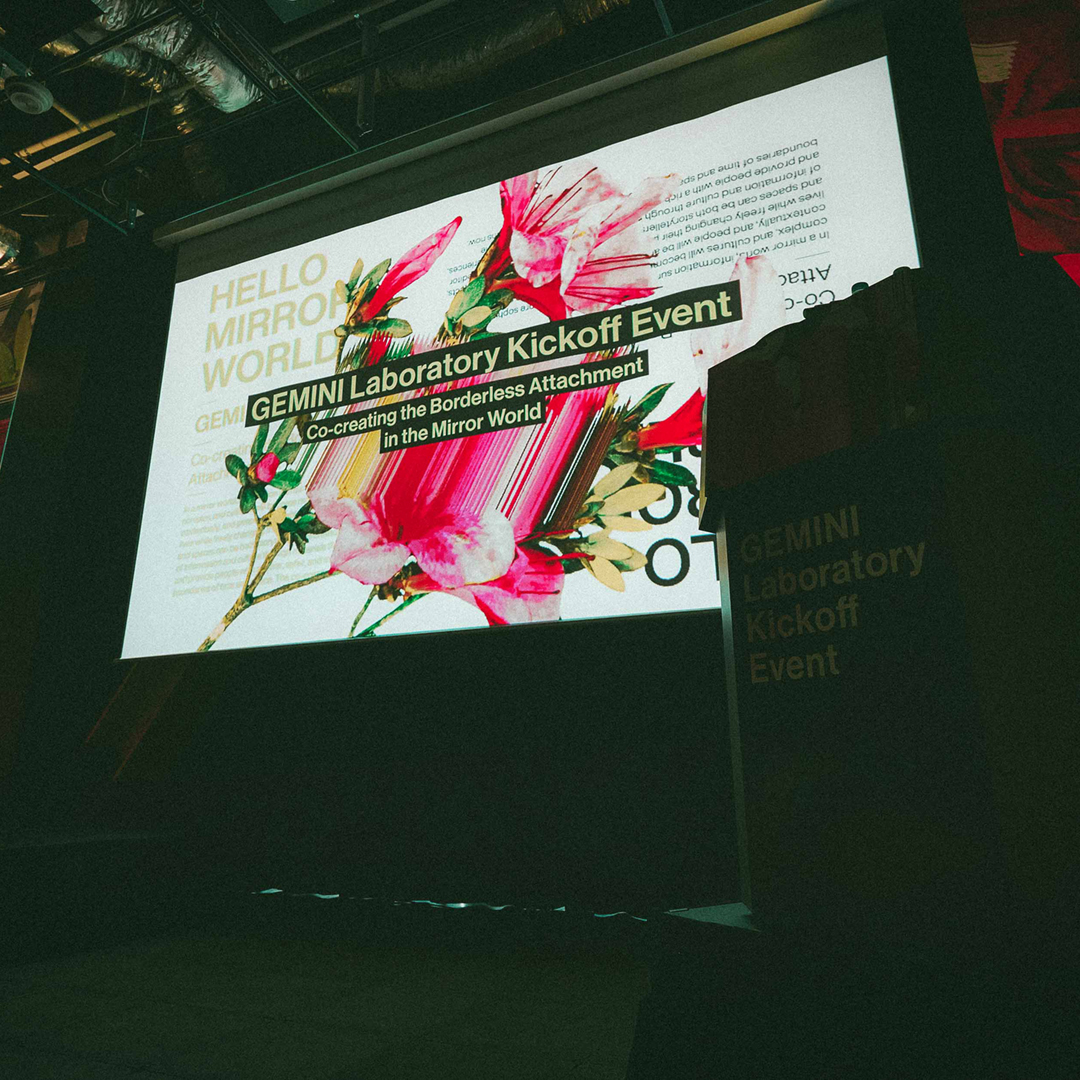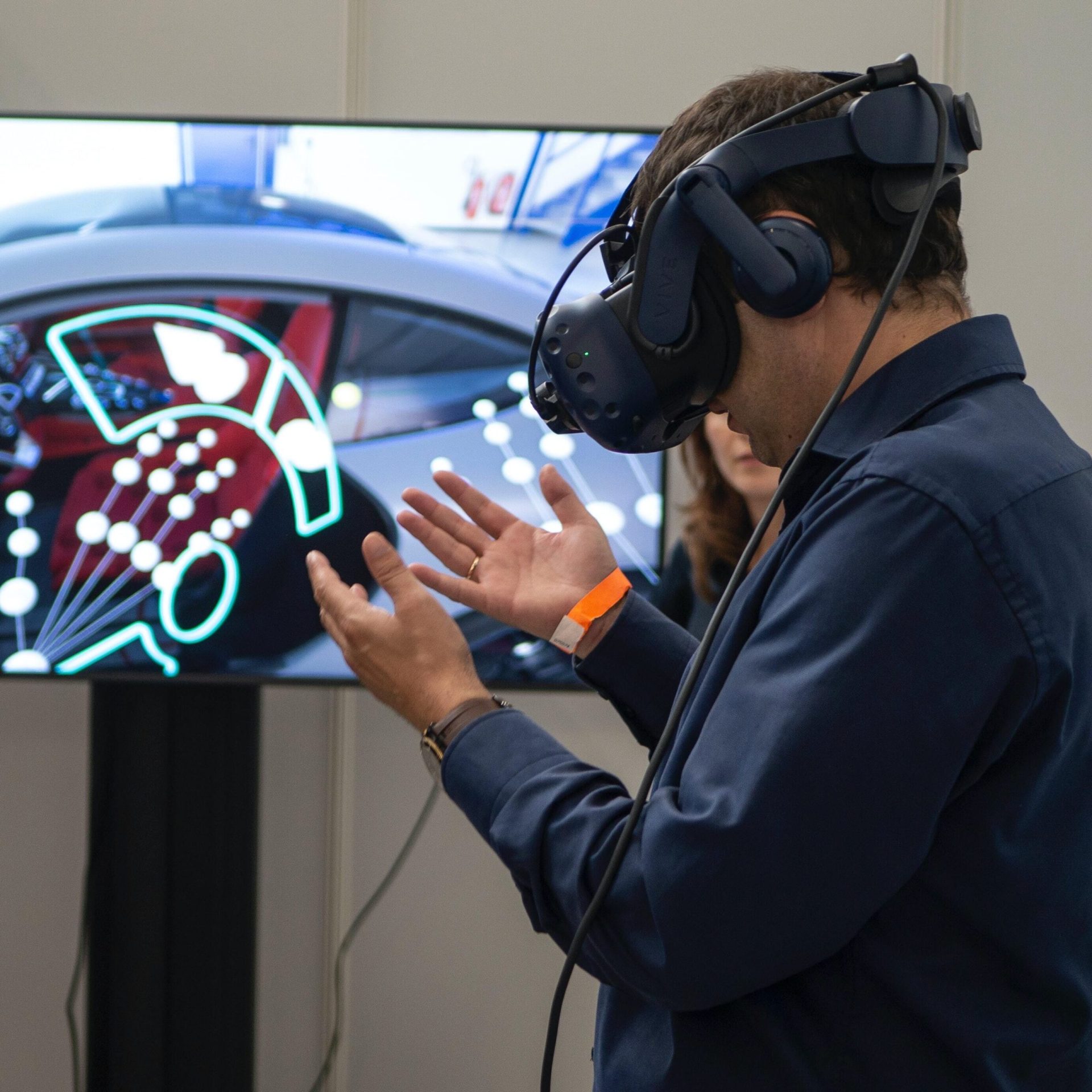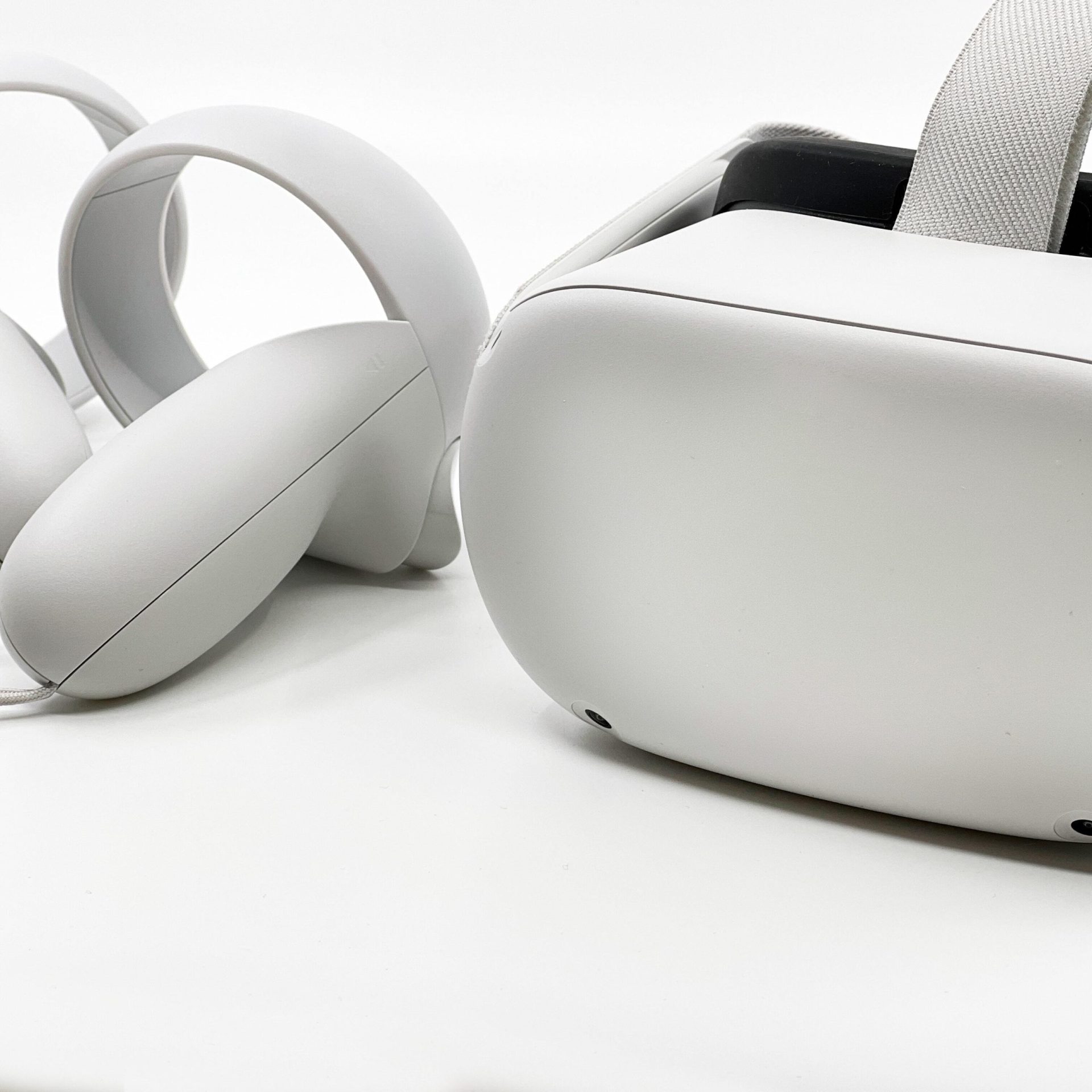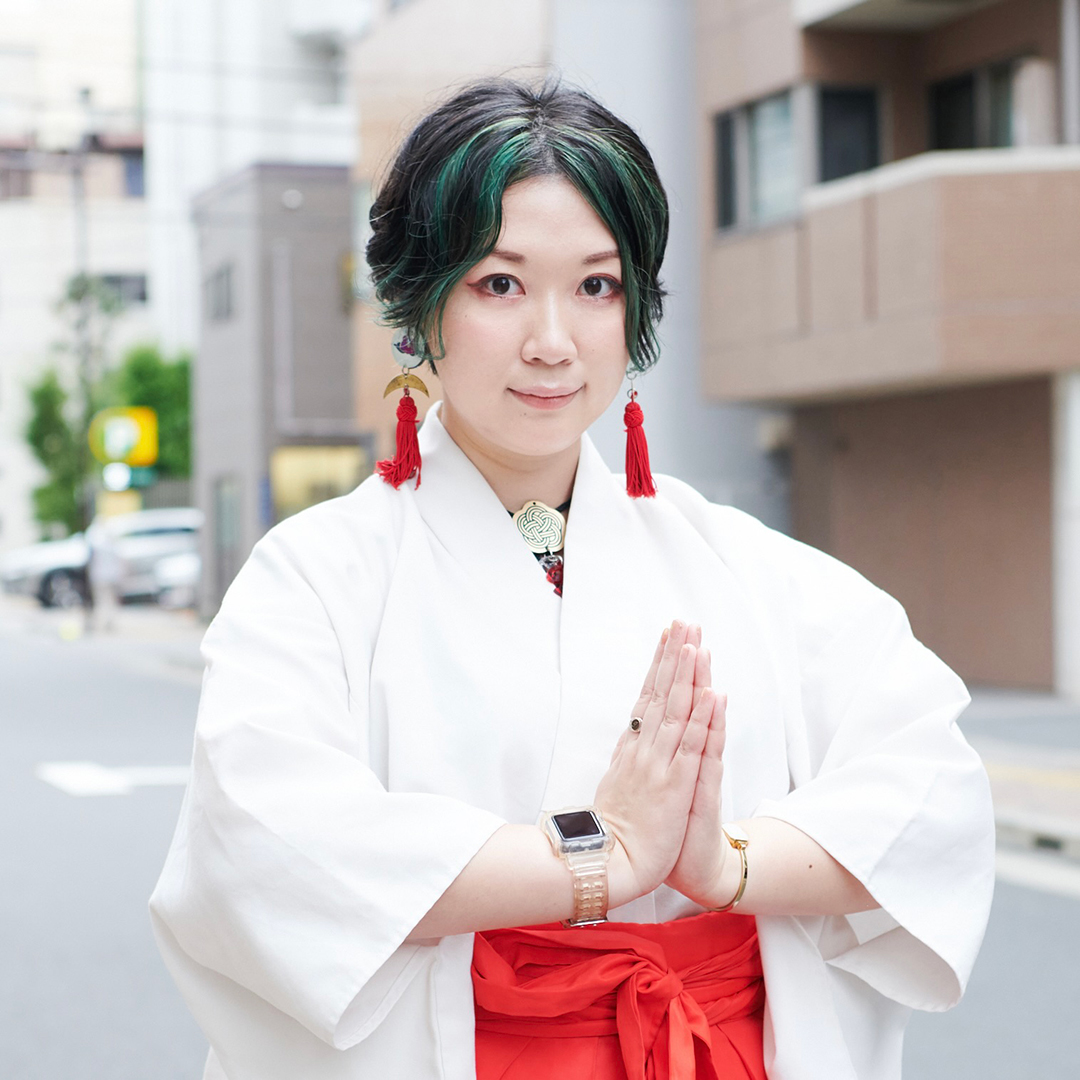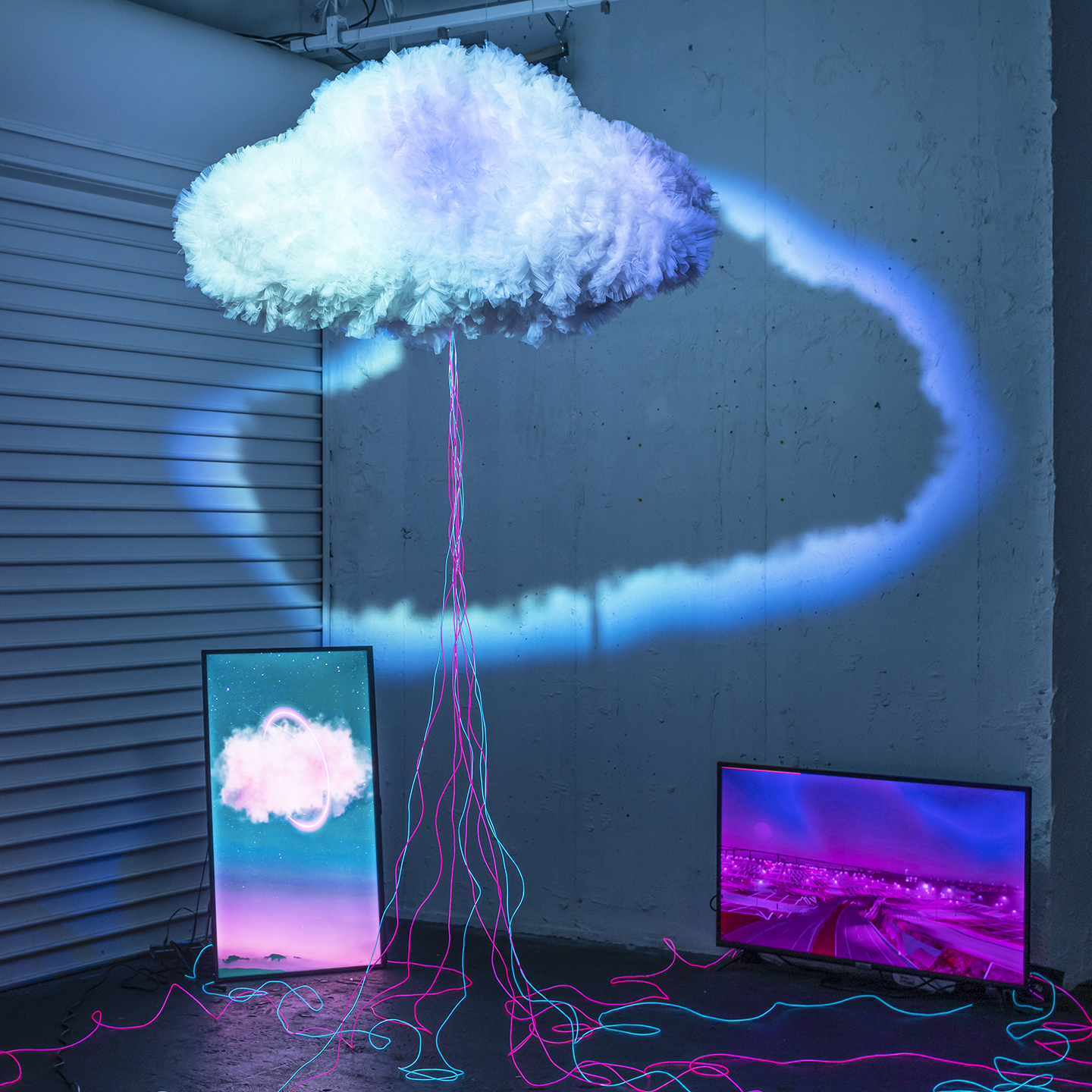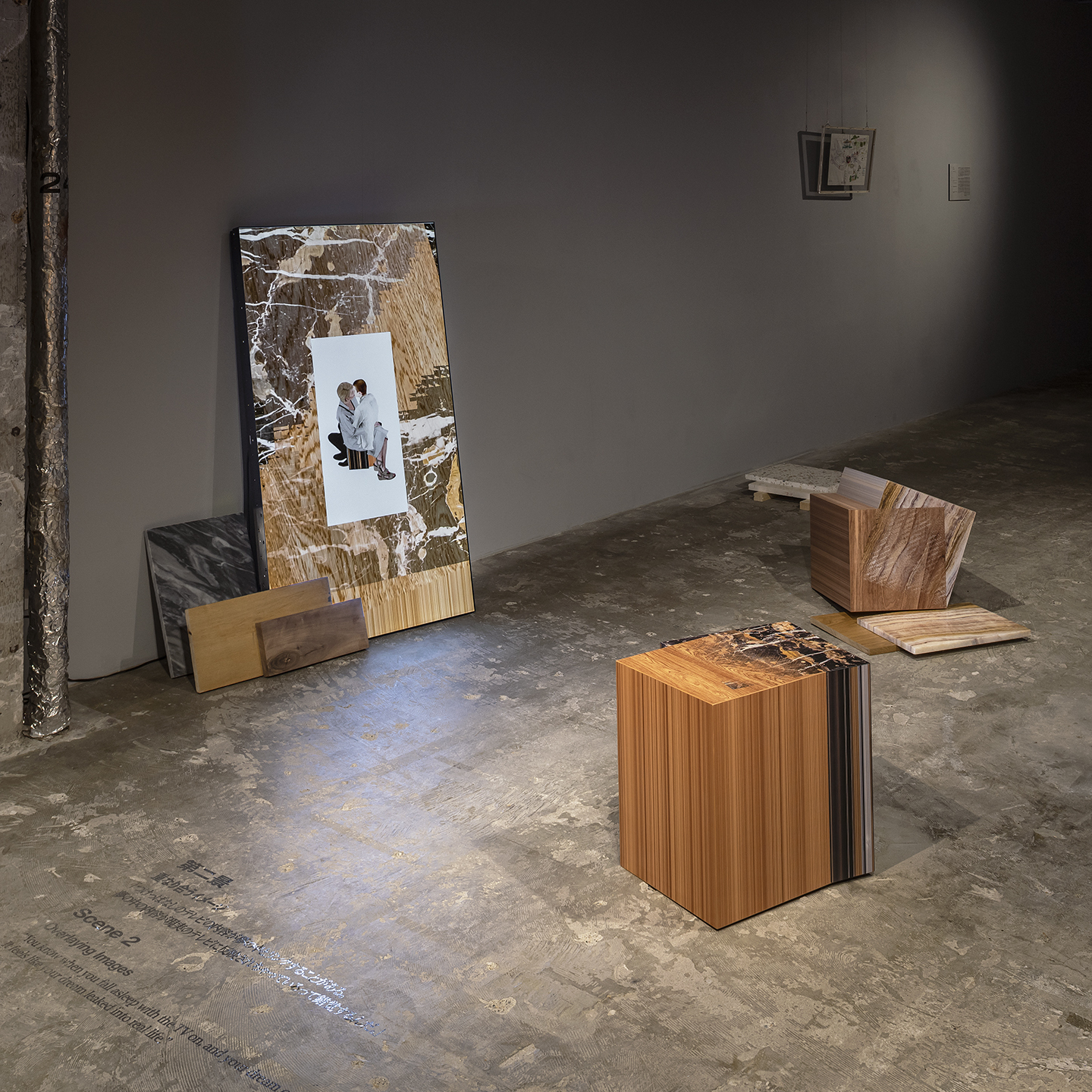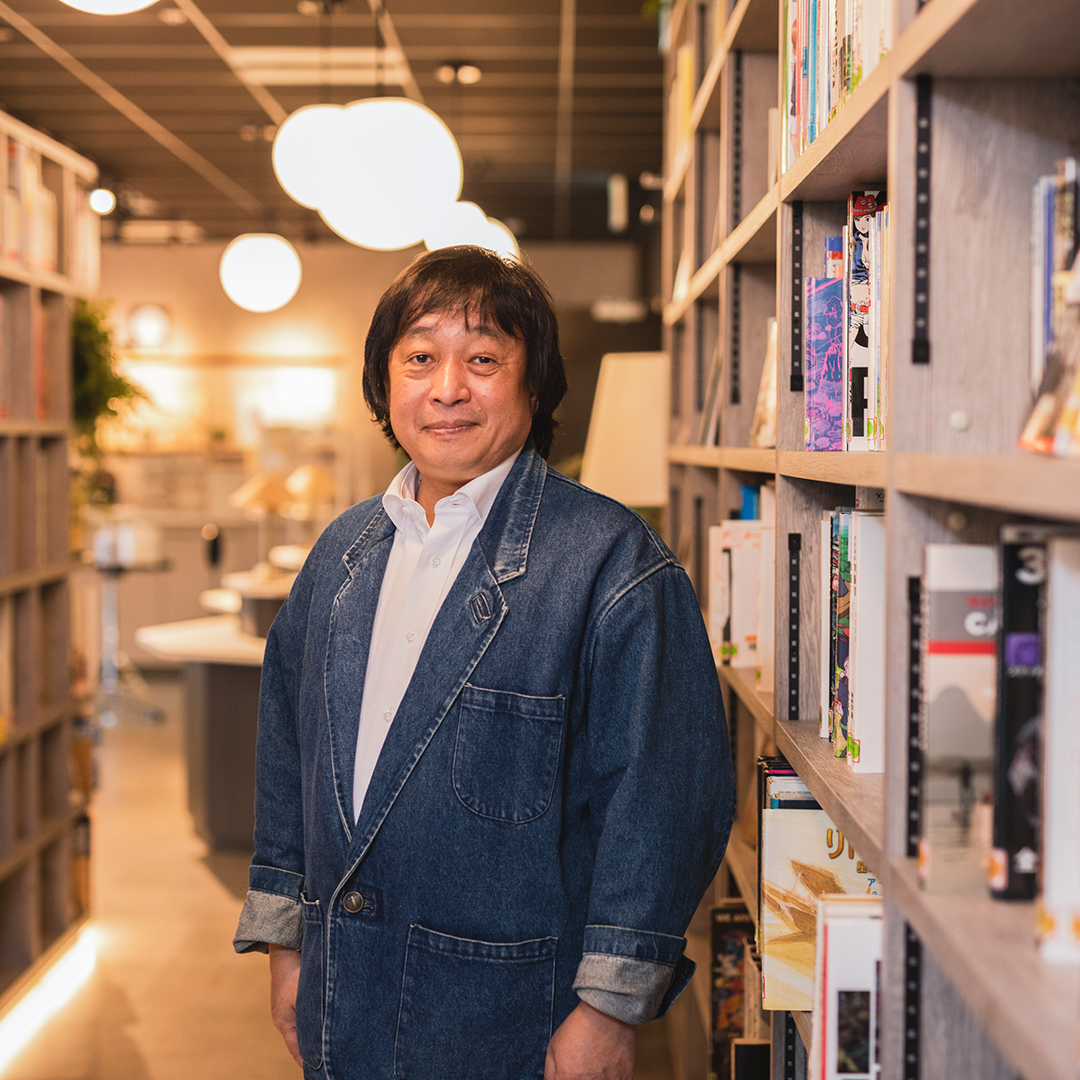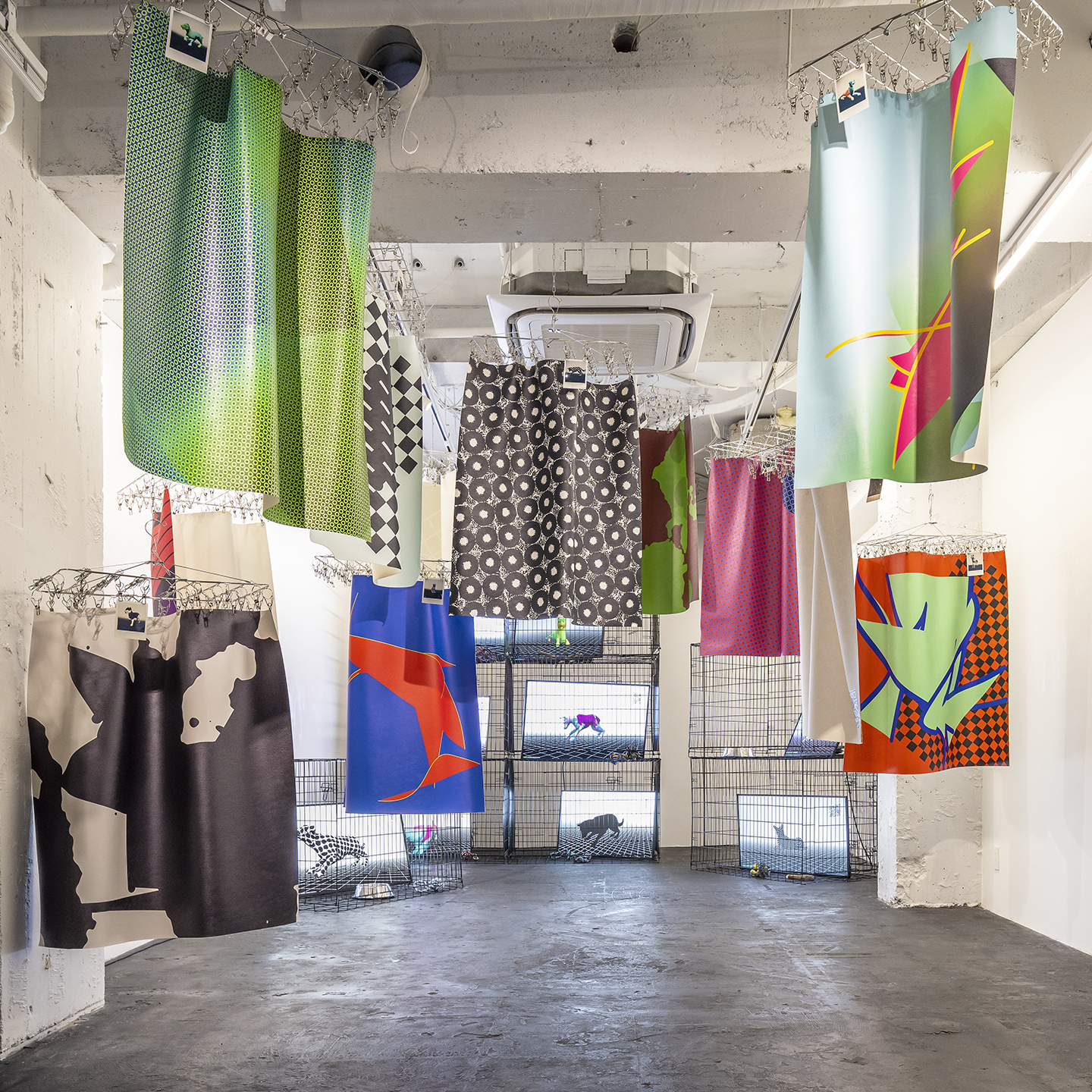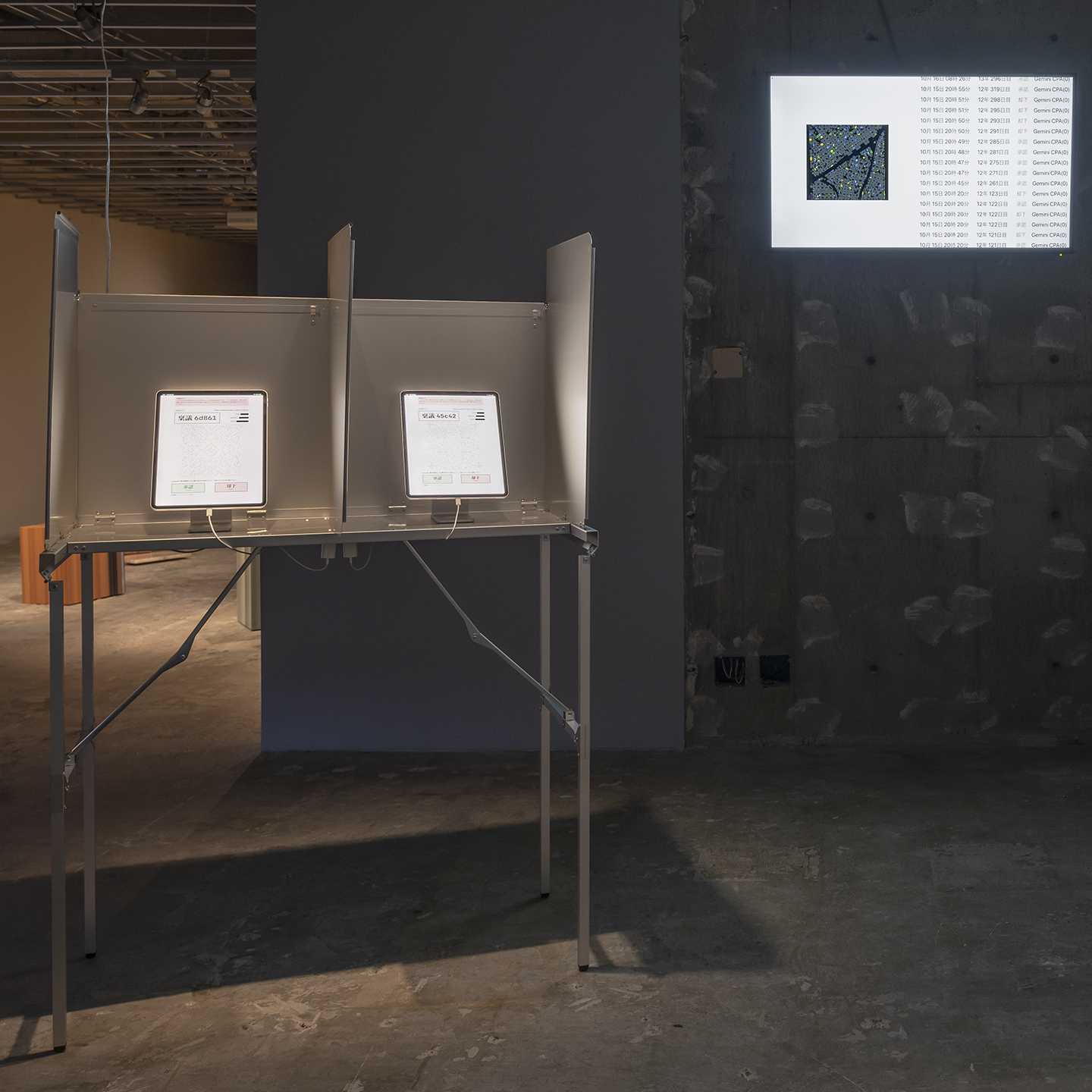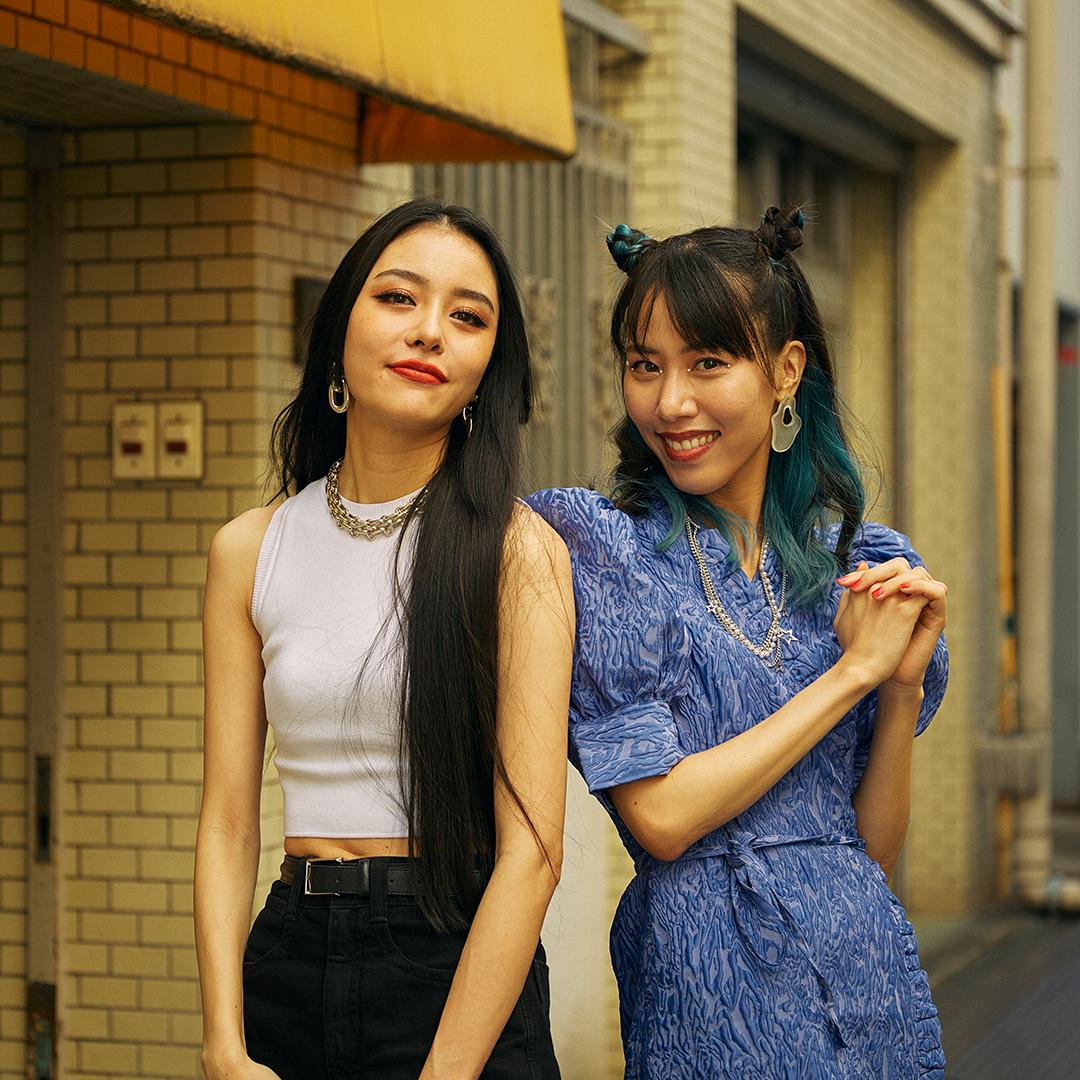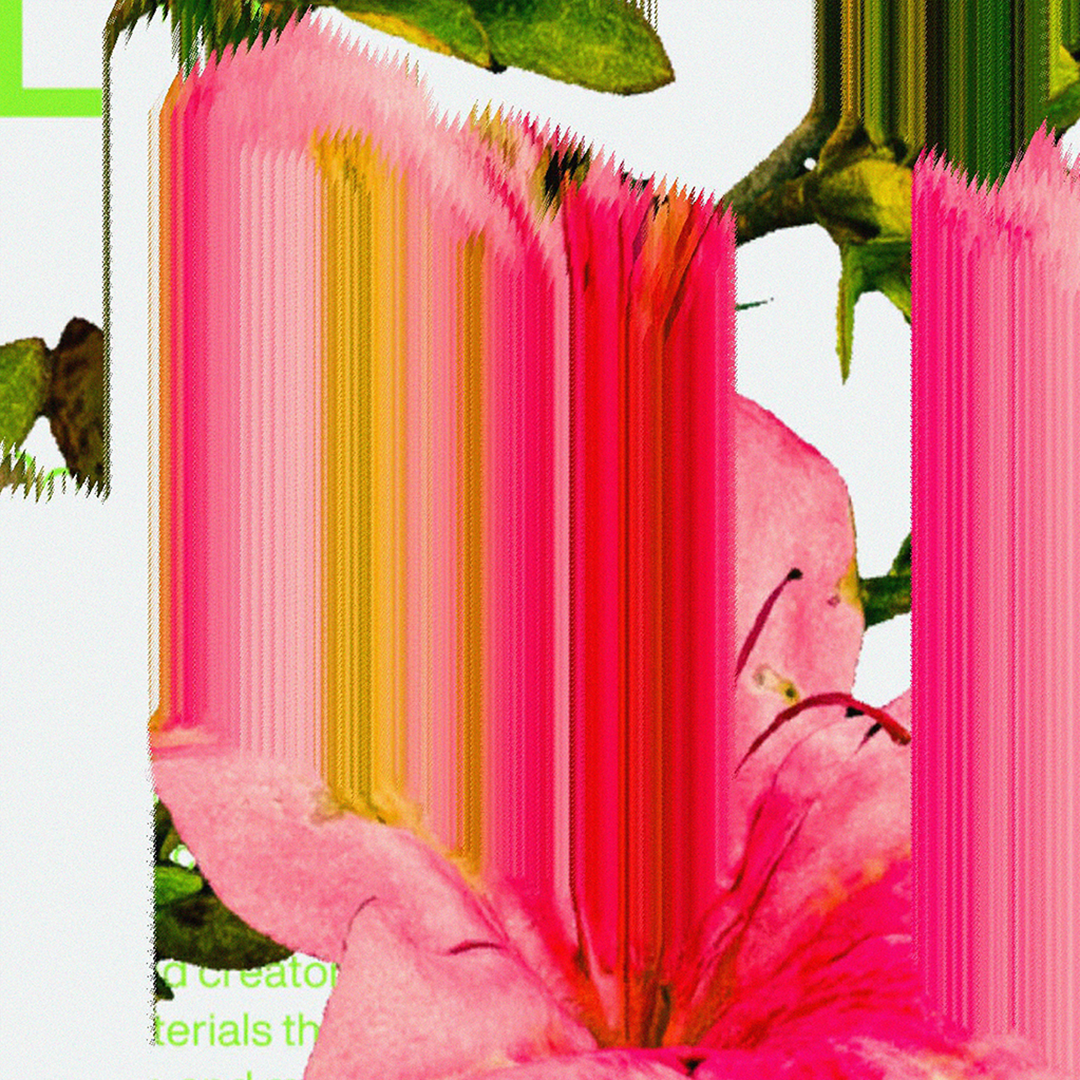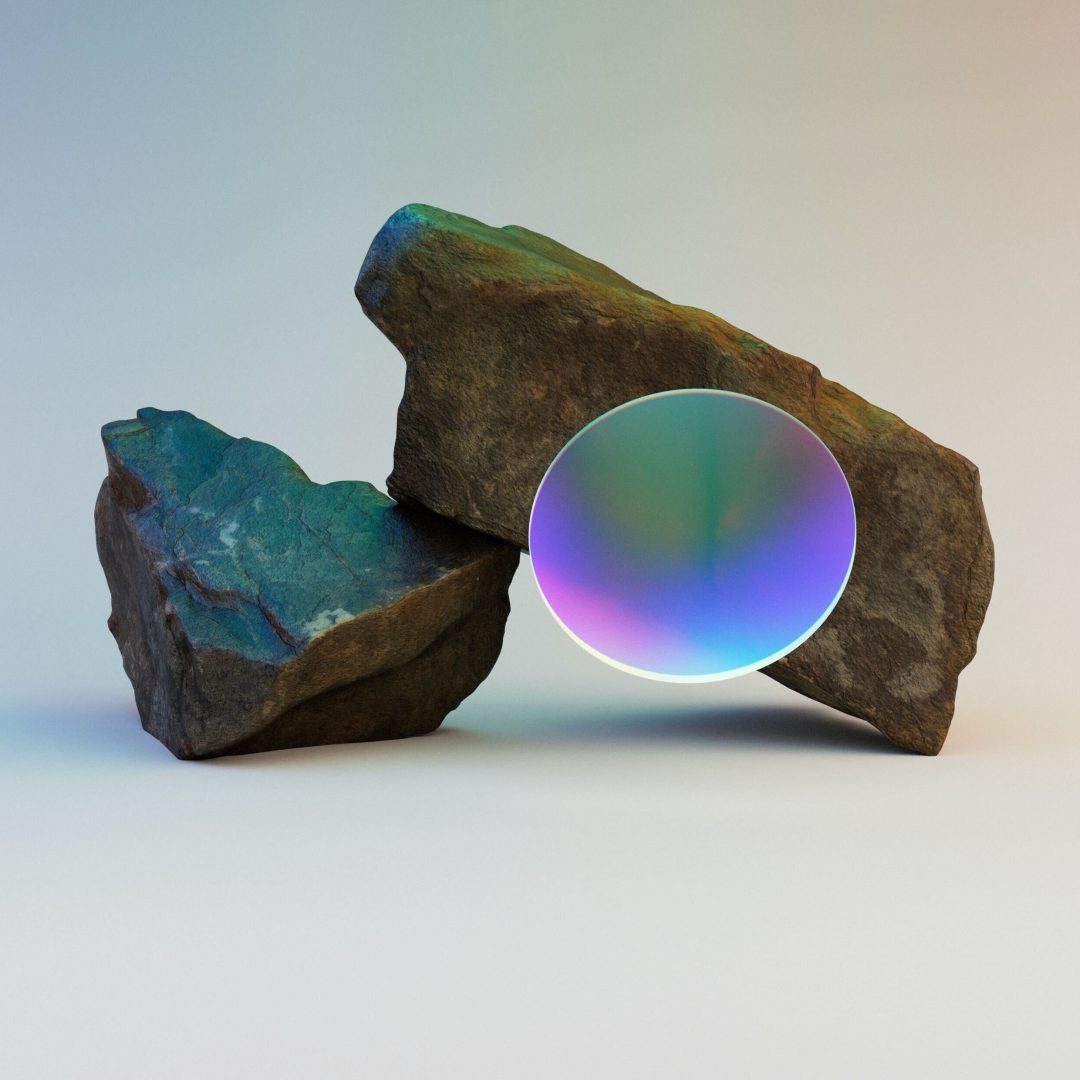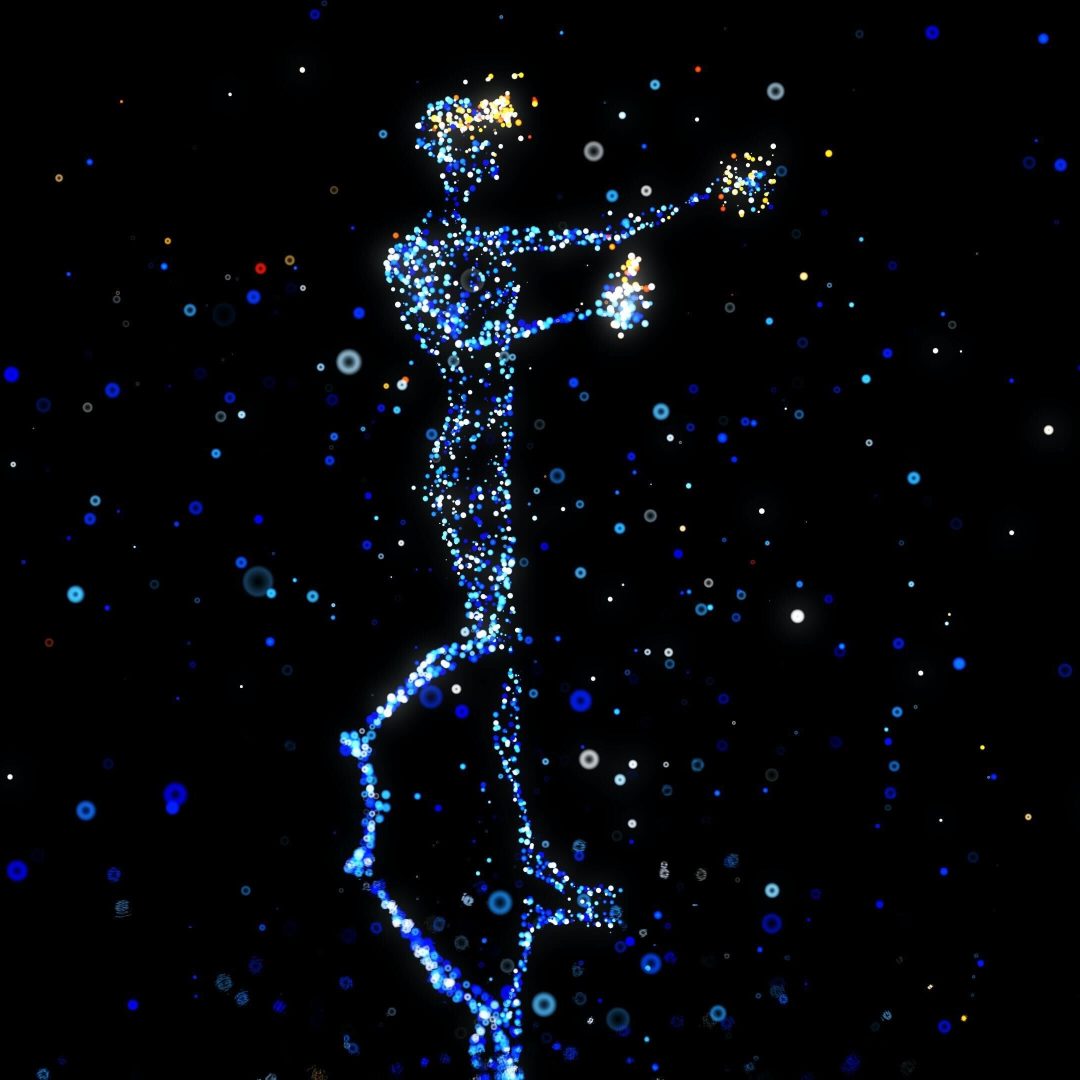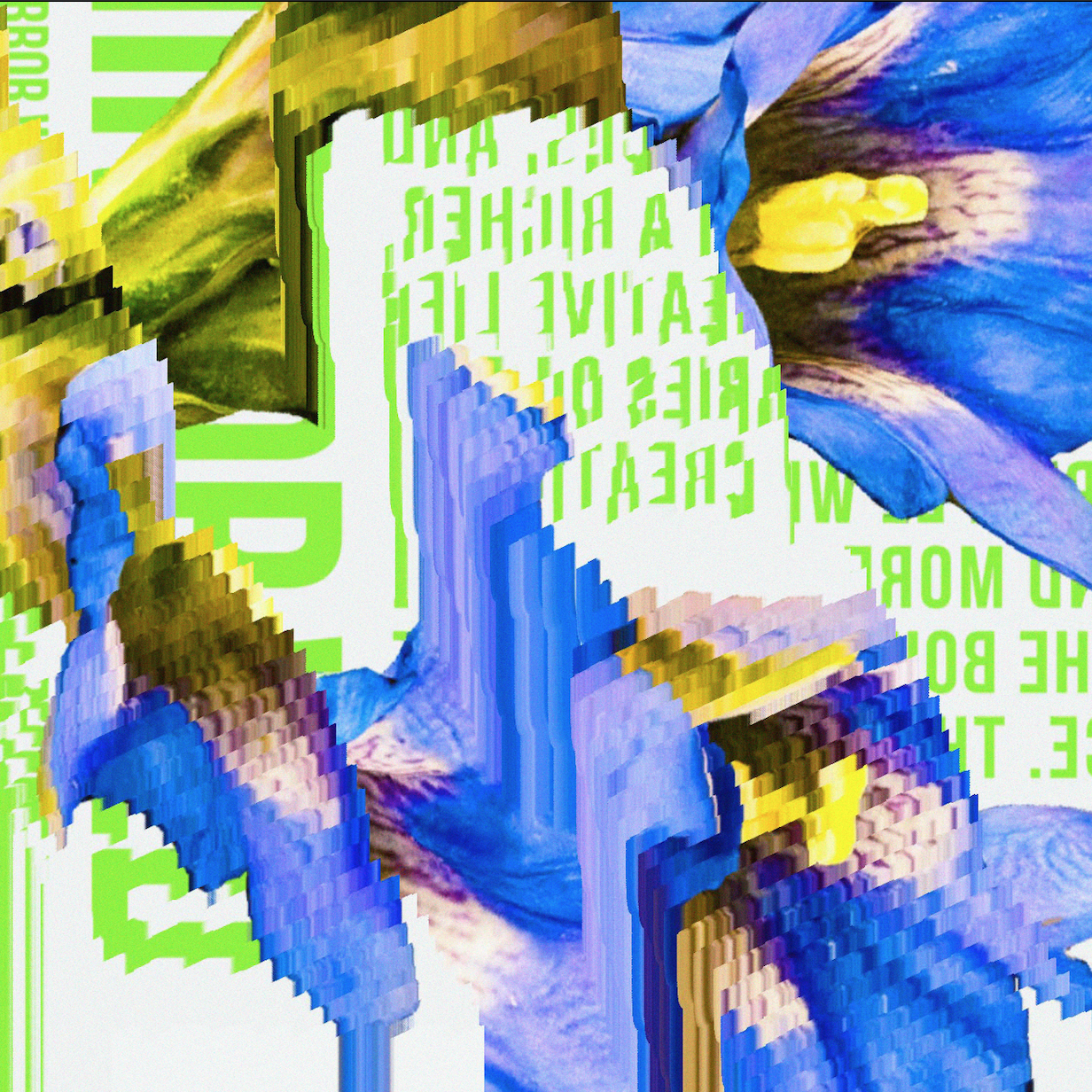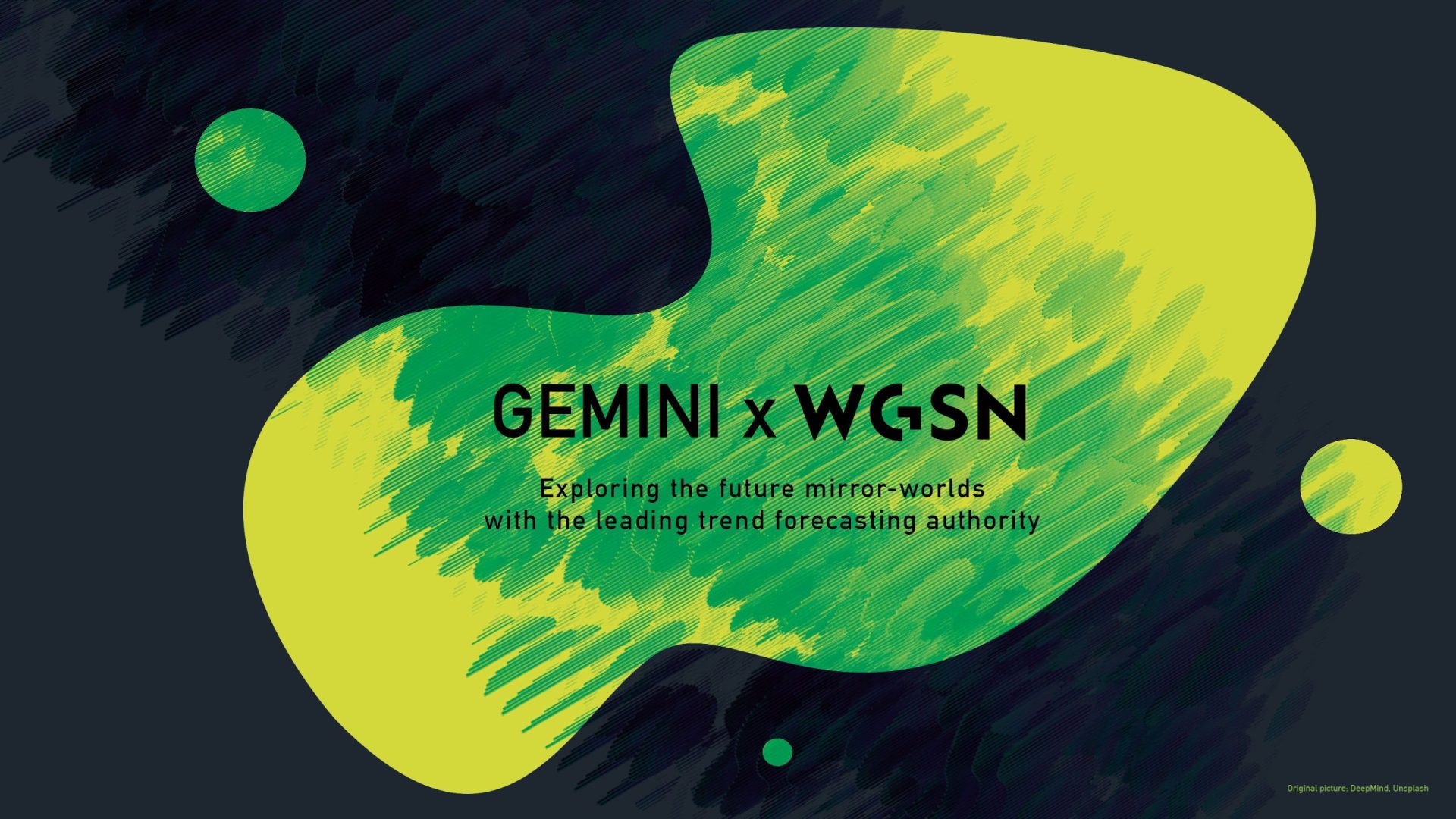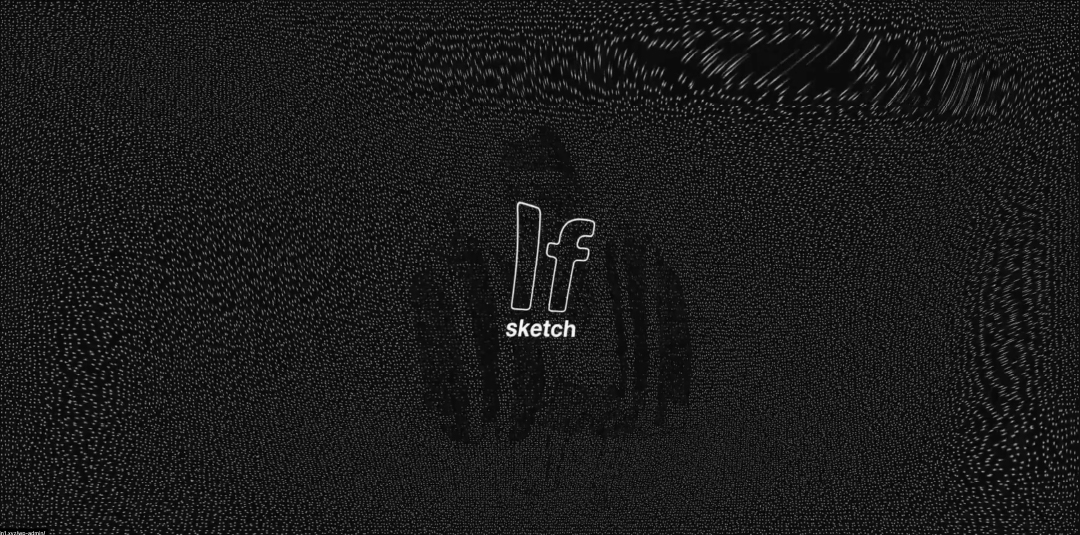Envisioning the Future at the Intersection of Technology, Creativity, and Human Interaction
As a judge for the inaugural GEMINI Laboratory Global Design Awards, Liam Wong, a renowned director, game designer, and photographer, shares his insights on the future of design and the projects that captivate his interest. Wong, who has worked on blockbuster video game franchises like Far Cry, and was named one of Forbes Magazine’s influential 30 Under 30, brings a unique perspective to the awards, which aim to explore innovative ideas that bridge the virtual and physical worlds.
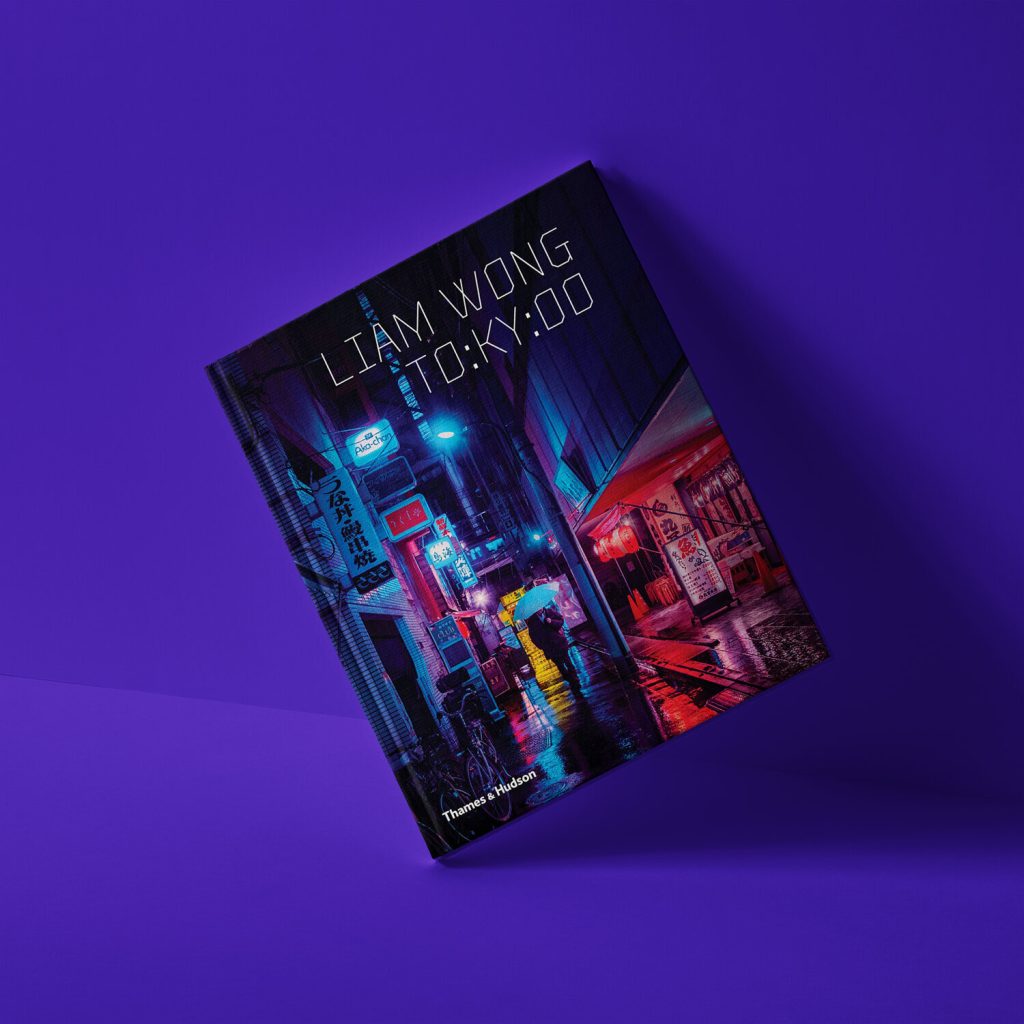
Futuristic Visions and Aesthetic Explorations
When asked about the types of projects that pique his curiosity, Wong gravitates towards those “at the intersection of technology, creativity, and human interaction,” with a special affinity for works with a strong visual identity. He finds inspiration in the groundbreaking designs of concept artist Syd Mead and architect Zaha Hadid, both of whom “shared a profound gift for seeing beyond the limits of their time, imagining a future where design and technology converged to create new possibilities.”
To refine his own aesthetic sensibilities, Wong immerses himself in a wide array of mediums. “I think it’s important when building a narrative around a piece, to understand your influences and how the combination of those results in something organic and, in some ways, authentic,” he explains. This approach allows him to identify what resonates with him deeply and what he strongly opposes—a duality he believes is crucial to success as an artist.
Blending Virtual and Real-World Elements for Immersive Experiences
Wong sees great potential in Altfield’s data library concept, which aims to gather information that integrates both virtual and real-world elements. As a game developer, he recognizes the value in drawing from reality to craft captivating virtual environments. “As game developers, we often look to real life for inspiration when we build virtual worlds that players will want to explore. I feel a hybrid approach could help facilitate the creation of environments in the future and help bridge the gap between both virtual and real-world elements,” he notes.
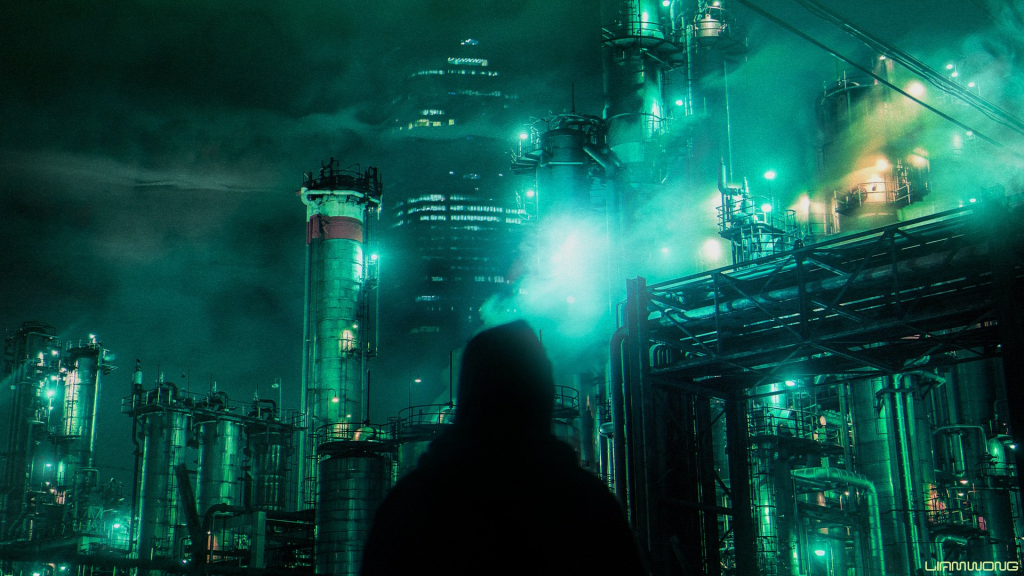
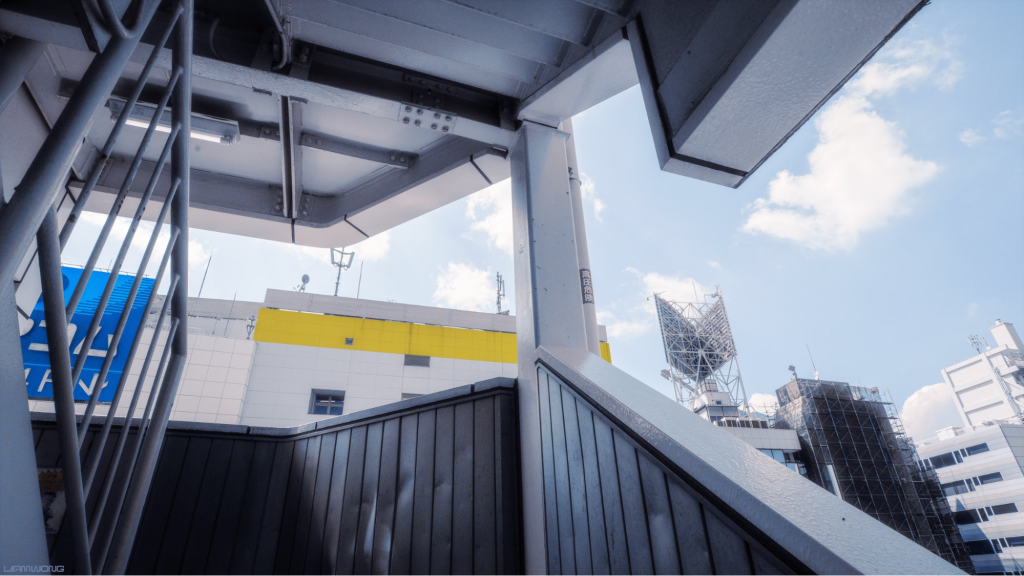

During the pandemic, when travel was restricted, Wong found solace in video games that faithfully recreated real-world locations, such as the Ryū ga Gotoku series and its depictions of Kabukicho and Onomichi. These virtual spaces allowed him to experience a version of reality when physical exploration was limited.Wong’s own photographic work often pays homage to the interplay between the virtual and the real. “I have photographs of Kawasaki industrial complex, which is said to be the inspiration for Midgar in Final Fantasy. I have found vantage points in Tokyo which are reminiscent of Mirror’s Edge, photographs of Persona and Jet Set Radio locations but in real life. I love to remind people that these are real locations and when they are composed or portrayed in a specific way: they look exactly like video game worlds,” he shares.
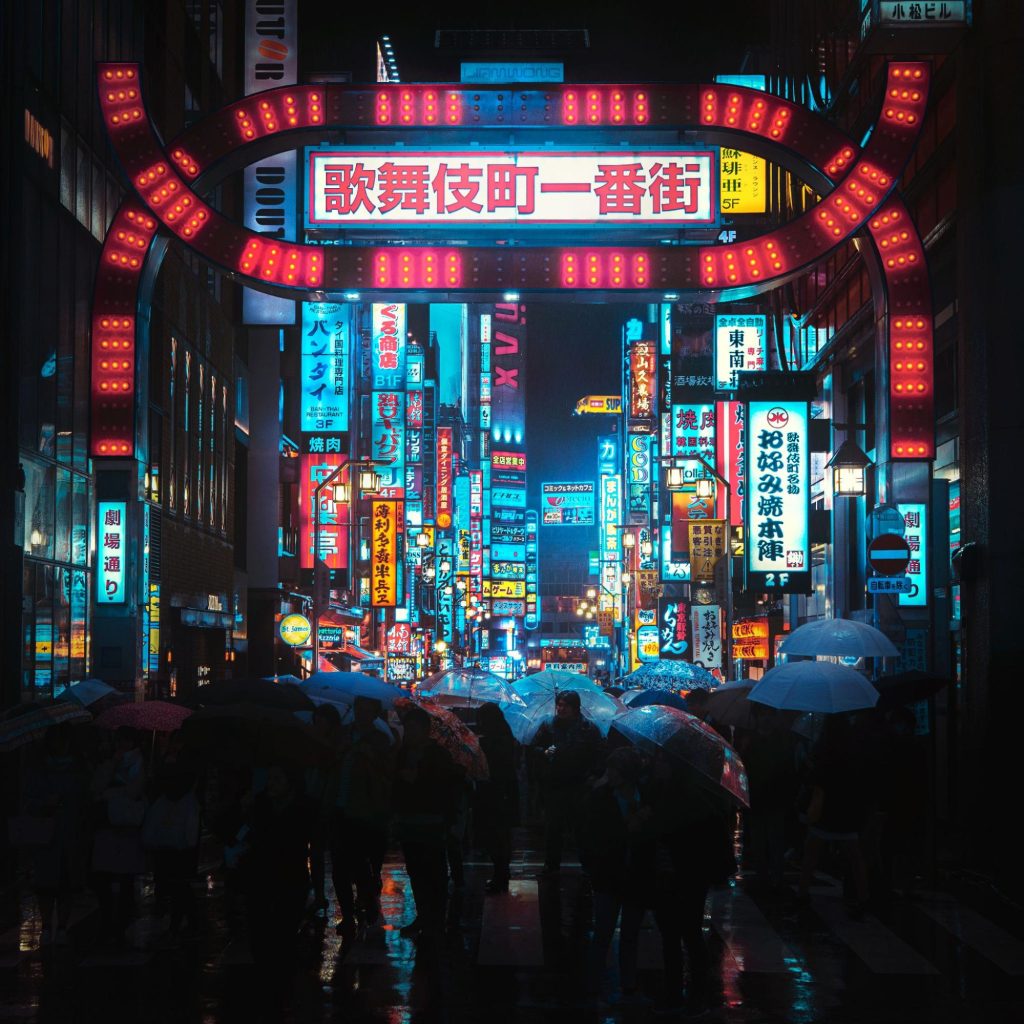
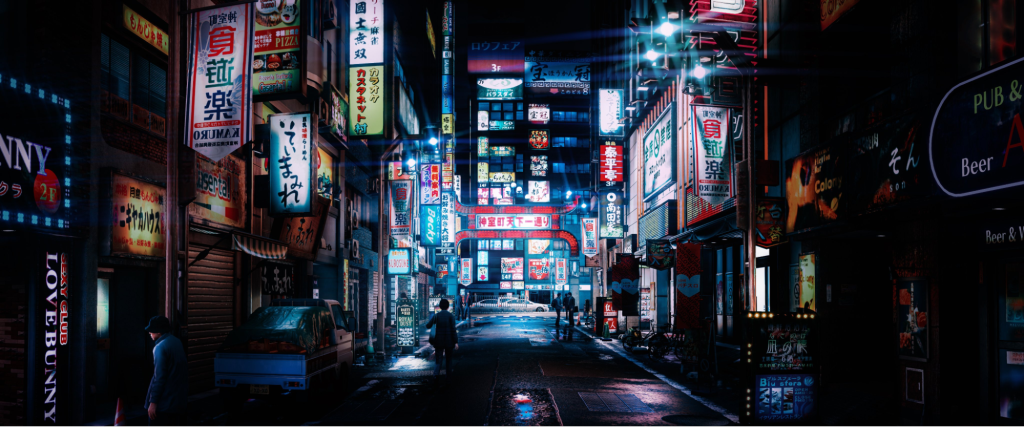
(https://x.com/liamwong/status/1250820348058222594?s=20)
Looking to the future, Wong is excited about the advancements in photogrammetry and its potential to enhance realism in virtual environments. He envisions using this technology to preserve iconic structures, like Tokyo’s now-demolished Nakagin Capsule Tower, in the digital realm. The importance of documenting real architecture in a virtual world becomes clear when considering the Nakagin Capsule Tower. “Having this archived and existing virtually is the closest we can get to seeing it in real life. I feel it was a great shame that this iconic structure no longer exists,” Wong expresses, underlining the significance of preserving architectural heritage through digital means.
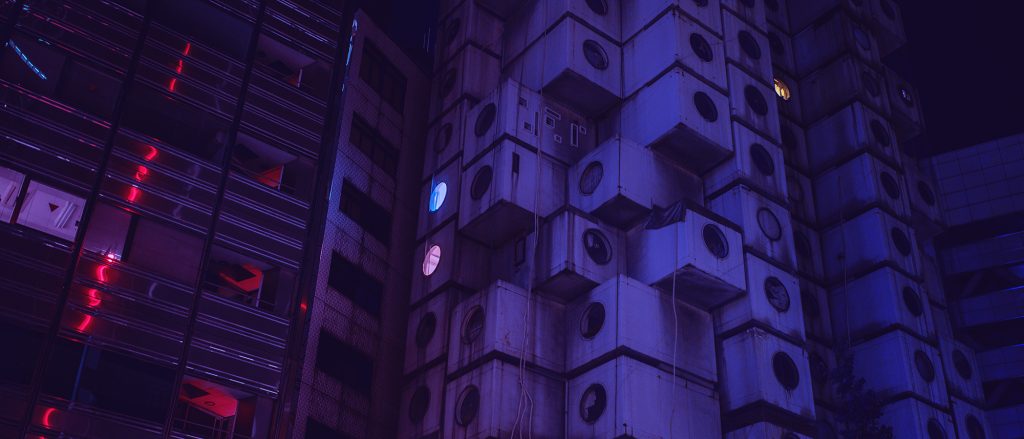
Key Qualities for Award-Winning Creators
As a judge for the GEMINI Laboratory Global Design Awards, Wong will be seeking out submissions that demonstrate a passion for the craft and a blend of innovation and originality. “I seek a blend of distinctive qualities that signify not only their talent but their dedication to their craft. A couple of key aspects for me would be innovation and originality, with thoughtfully considered artistic decisions that stand out from the ordinary,” he explains. “Equally important is the applicant’s passion and how it comes through in their work, making their art not just seen but felt.”
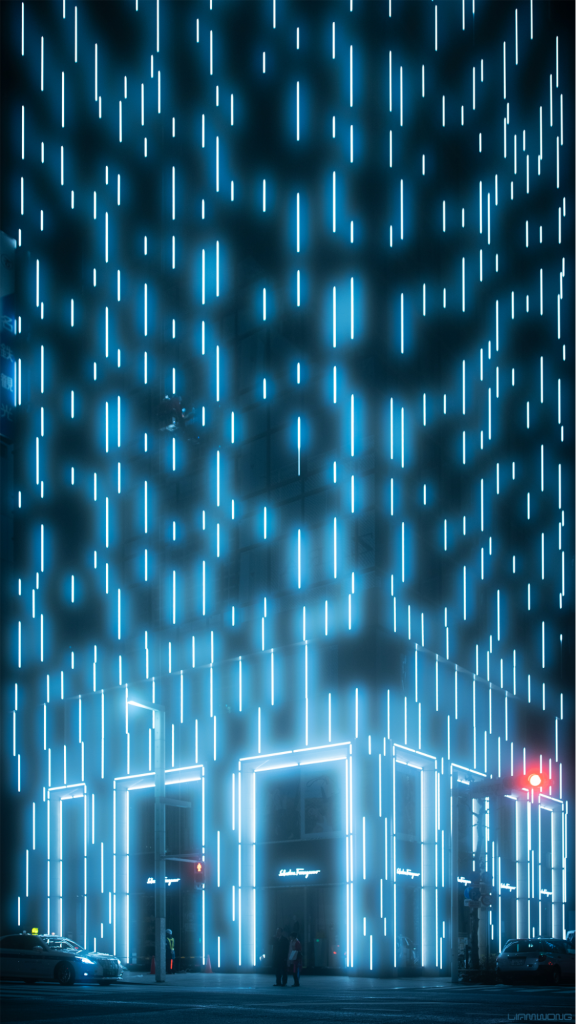
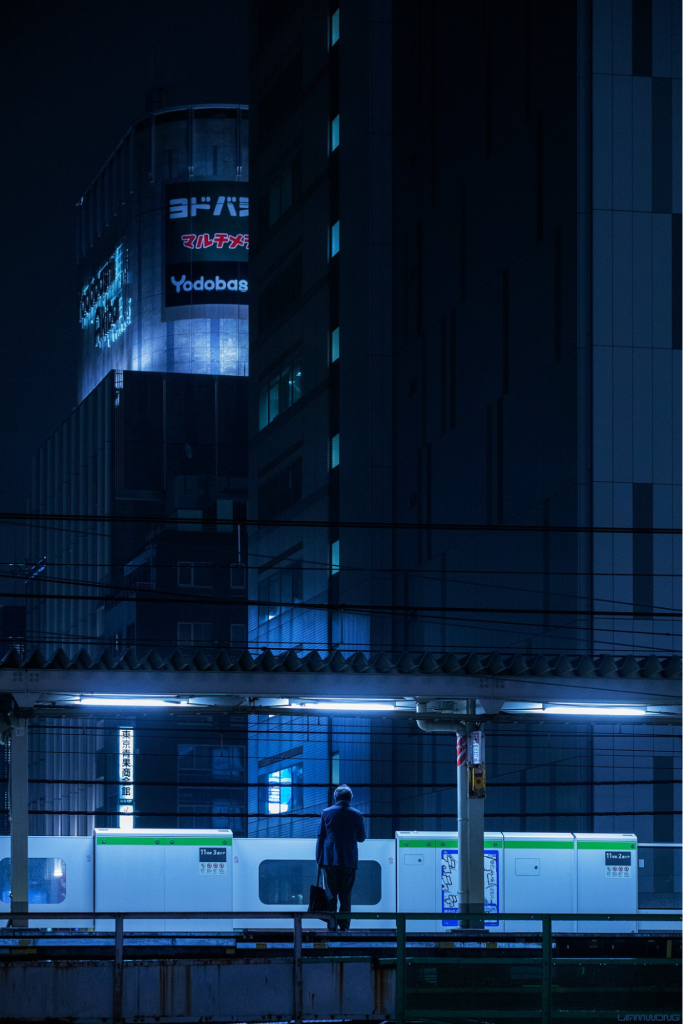
Recommended Resources for Aspiring Creators
For those eager to explore the realms of virtual world building and futuristic design, Wong recommends several books, including “Videogame Atlas: Mapping Interactive Worlds,” “The Movie Art of Syd Mead,” “Project UrBex” by Ikumi Nakamura, “Anime Architecture” by Stefan Riekeles, and “Tokyo Nobody” by Masataka Nakano. He also suggests the film “Tokyo-ga” by Wim Wenders, which serves as a visual homage to filmmaker Yasujirō Ozu and explores the contrast between Ozu’s Tokyo and the city in the 1980s.
The upcoming GEMINI Laboratory Global Design Awards mark an exciting milestone in the world of design, and Liam Wong’s unique viewpoint offers a tantalizing preview of what’s to come. His vision aligns perfectly with the awards’ mission to showcase groundbreaking designs that bridge the virtual and physical realms. Through his discerning eye and forward-thinking approach, Wong is poised to play a crucial role in celebrating the innovators who will redefine the boundaries of art and technology.
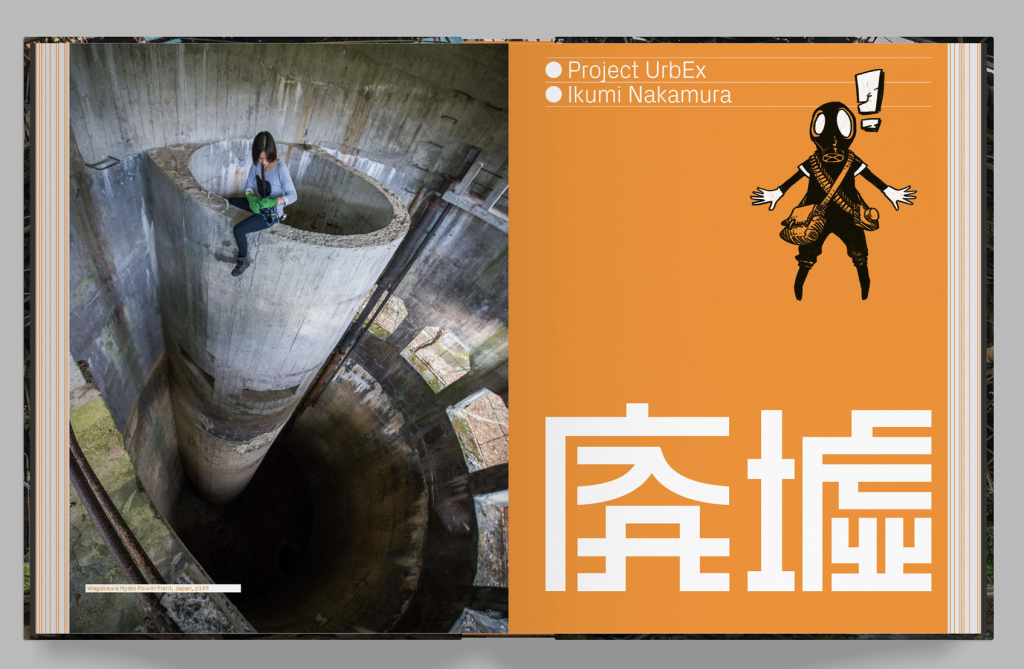
Co-created by
-
Gen Hosoya(Livit Singapore)
Writer
Gen Hosoya(Livit Singapore)
Writer
Initiated VR content creation projects utilizing ZBrush, 3ds Max, Houdini, and Unreal Engine 4/5. Currently focusing on generative AI application development and optimization research of RAG (Retrieval-Augmented Generation) methods.
Tag
Share
Discussion
Index
Index
Archives
Recommend
Recommend
Recommend
Recommend
Recommend
-

{ Community }
Interview with Masayoshi Yokoyama from Ryu Ga Gotoku Studio. Talks about reality in games and the future of the industry
Interview with Masayoshi Yokoyama from Ryu Ga Gotoku Studio. Talks about reality in games and the future of the industry
Interview with Masayoshi Yokoyama from Ryu Ga Gotoku Studio. Talks about reality in games and the future of the industry
-

{ Community }
Taking on social problems through games, “Games for Change” believes that games can offer more than just fun
Taking on social problems through games, “Games for Change” believes that games can offer more than just fun
Taking on social problems through games, “Games for Change” believes that games can offer more than just fun
-

{ Community }
GEMINI Laboratory Launches the “AltField” Material Library for Multi-layered Worlds
GEMINI Laboratory Launches the “AltField” Material Library for Multi-layered Worlds
GEMINI Laboratory Launches the “AltField” Material Library for Multi-layered Worlds
-

{ Community }
What is ethical fashion? Three brands to check out and the sustainable way to dress
What is ethical fashion? Three brands to check out and the sustainable way to dress
What is ethical fashion? Three brands to check out and the sustainable way to dress
Hot topics
Hot topics
Hot topics
Hot topics
Hot topics
-

{ Community }
Scent Transcends Memory to Change Behavior. The Future of Digital x Olfaction, by Scent Marketing Pro Gouchi Hamada
Scent Transcends Memory to Change Behavior. The Future of Digital x Olfaction, by Scent Marketing Pro Gouchi Hamada
Scent Transcends Memory to Change Behavior. The Future of Digital x Olfaction, by Scent Marketing Pro Gouchi Hamada
-

{ Community }
The stage is a restroom designed by Tadao Ando. Possibilities of media mix that GEMINI pioneers.
The stage is a restroom designed by Tadao Ando. Possibilities of media mix that GEMINI pioneers.
The stage is a restroom designed by Tadao Ando. Possibilities of media mix that GEMINI pioneers.
-

{ Community }
“Conveying the Moment of ‘Now’ in History: Catalan Artist Xavi Bové’s Light Expressions”
“Conveying the Moment of ‘Now’ in History: Catalan Artist Xavi Bové’s Light Expressions”
“Conveying the Moment of ‘Now’ in History: Catalan Artist Xavi Bové’s Light Expressions”
-

{ Community }
“Designing with Heart: How Amanda Talbot is shaping a better future through emotionally intelligent AI”
“Designing with Heart: How Amanda Talbot is shaping a better future through emotionally intelligent AI”
“Designing with Heart: How Amanda Talbot is shaping a better future through emotionally intelligent AI”
-

{ Community }
Unearthing the Future: How ancient history can guide modern innovation with Darius Arya
Unearthing the Future: How ancient history can guide modern innovation with Darius Arya
Unearthing the Future: How ancient history can guide modern innovation with Darius Arya
-

{ Community }
Interview with Masayoshi Yokoyama from Ryu Ga Gotoku Studio. Talks about reality in games and the future of the industry
Interview with Masayoshi Yokoyama from Ryu Ga Gotoku Studio. Talks about reality in games and the future of the industry
Interview with Masayoshi Yokoyama from Ryu Ga Gotoku Studio. Talks about reality in games and the future of the industry
-

{ Community }
The new form of pilgrimage. What is the border of real and fictional worlds that Petra Szemán pictures?
The new form of pilgrimage. What is the border of real and fictional worlds that Petra Szemán pictures?
The new form of pilgrimage. What is the border of real and fictional worlds that Petra Szemán pictures?
Special
Special
Special
Special
Special
Featured articles spun from unique perspectives.
What Is
“mirror world”...
What Is
“mirror world”...
What Is
“mirror world”...
What Is
“mirror world”...
What Is
“mirror world”...
“mirror world”... What Is
“mirror world”... What Is
“mirror world”... What Is
“mirror world”... What Is
“mirror world”...
Go Down
Go Down
Go Down
Go Down
Go Down
The Rabbit
The Rabbit
The Rabbit
The Rabbit
The Rabbit
Hole!
Hole!
Hole!
Hole!
Hole!
Welcome To Wonderland! Would You Like To Participate In PROJECT GEMINI?


